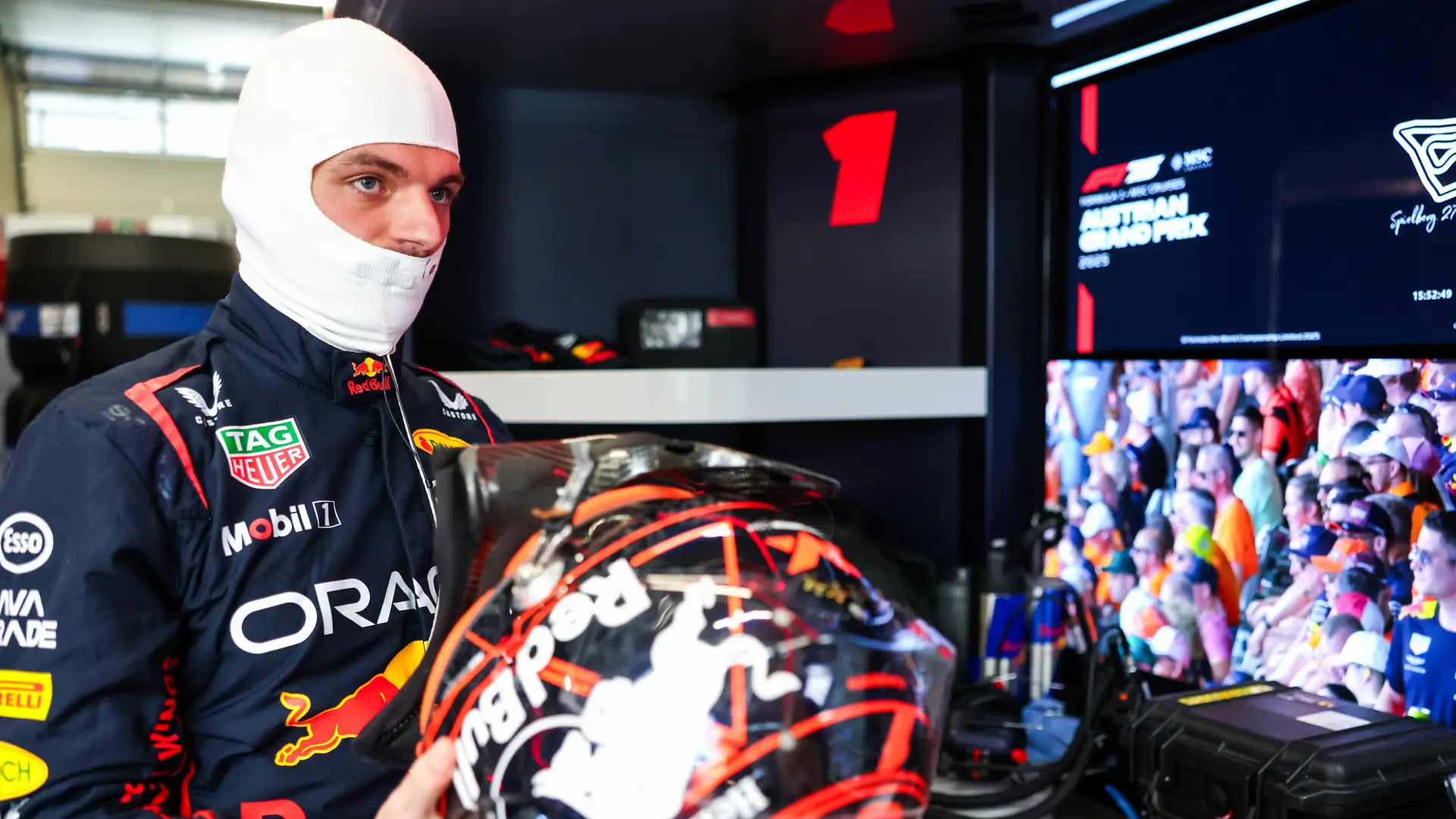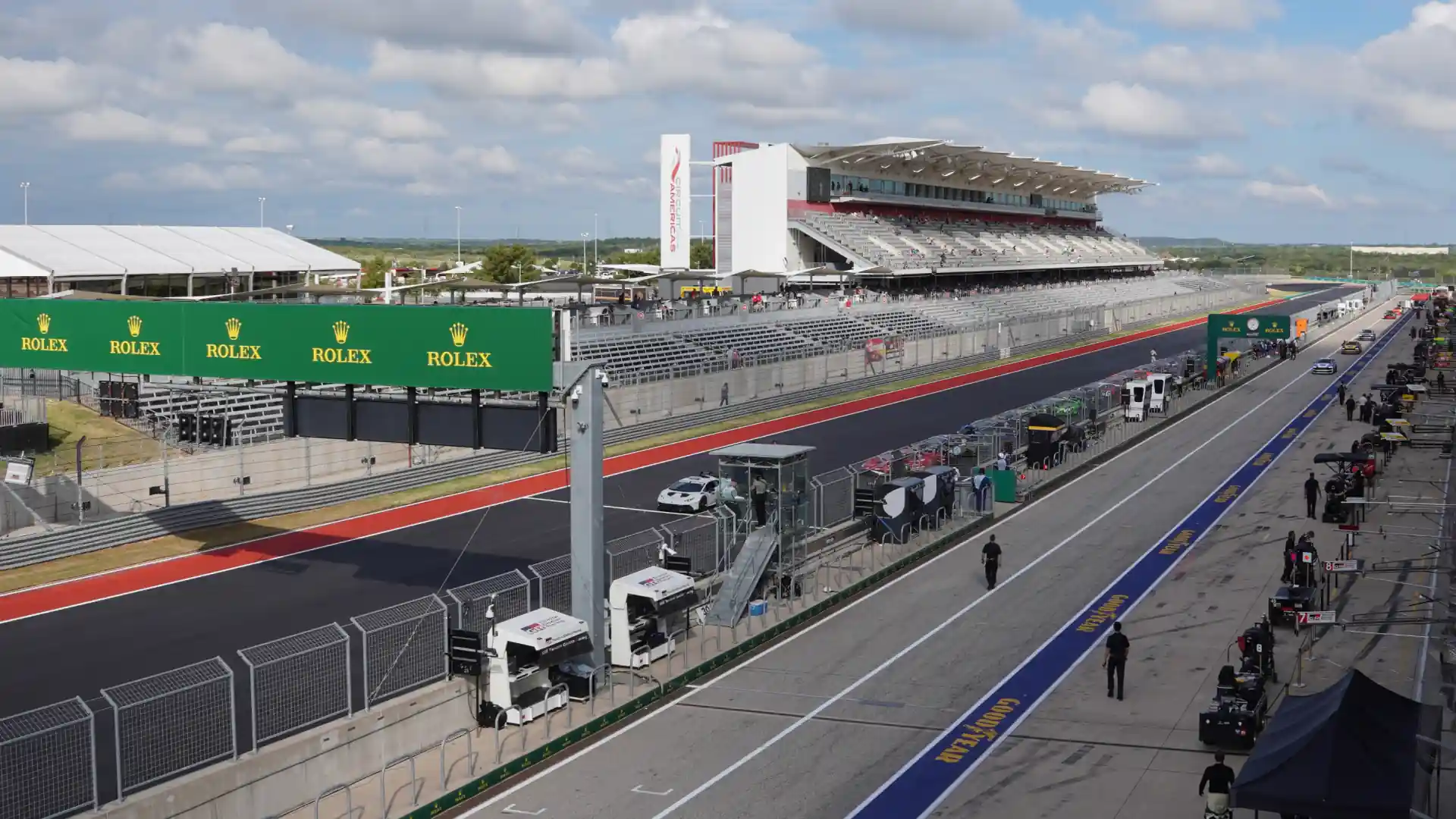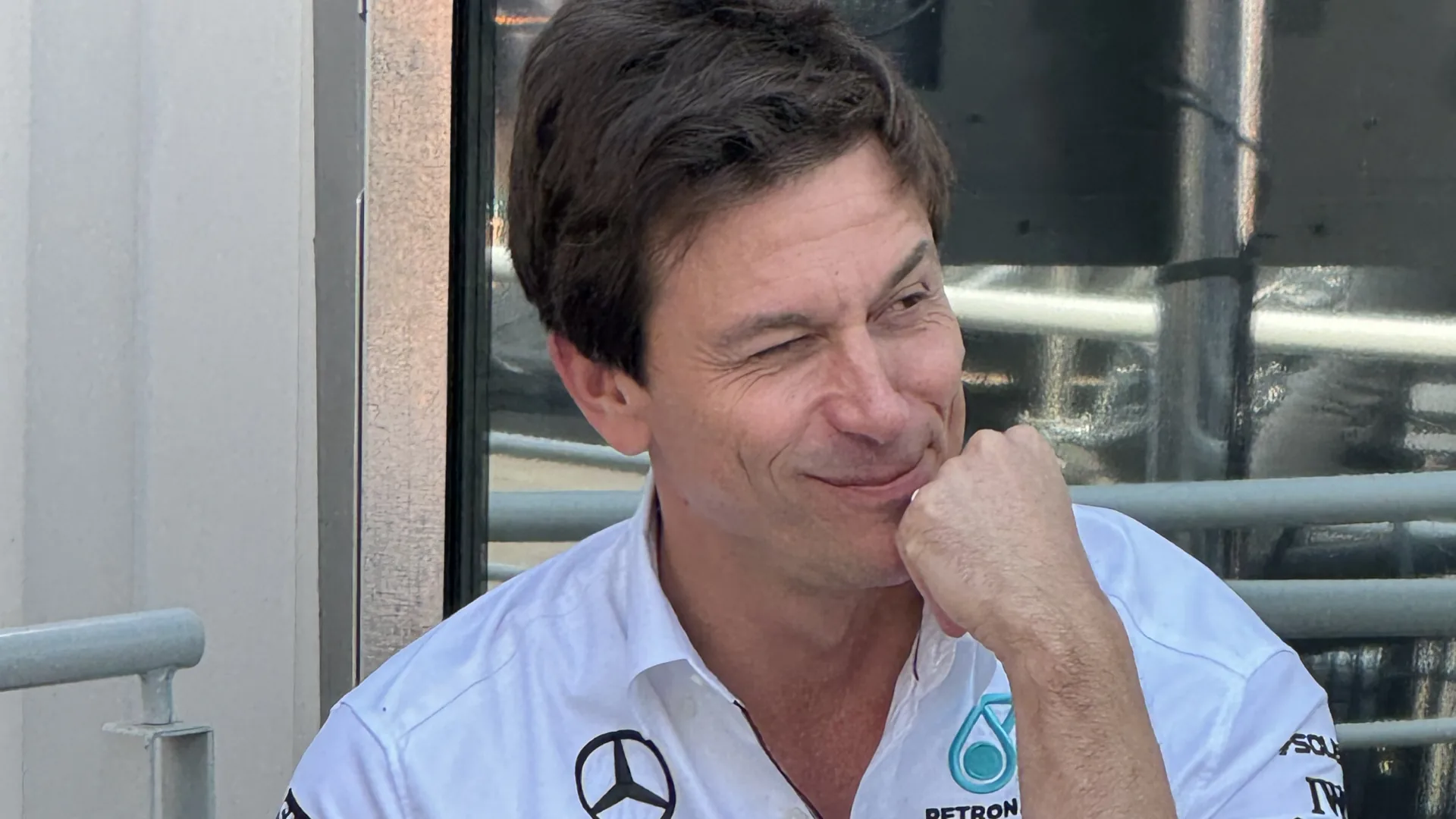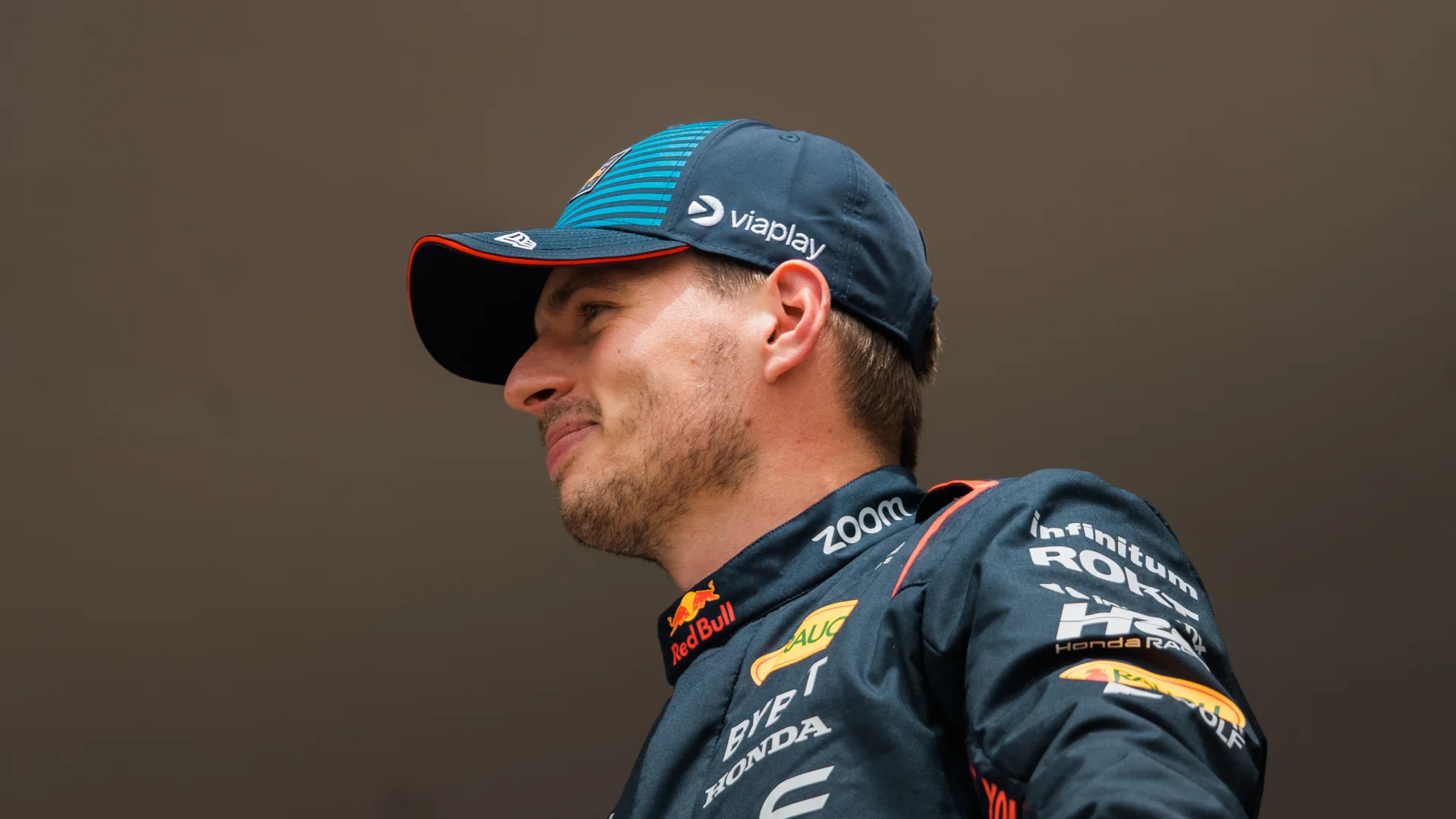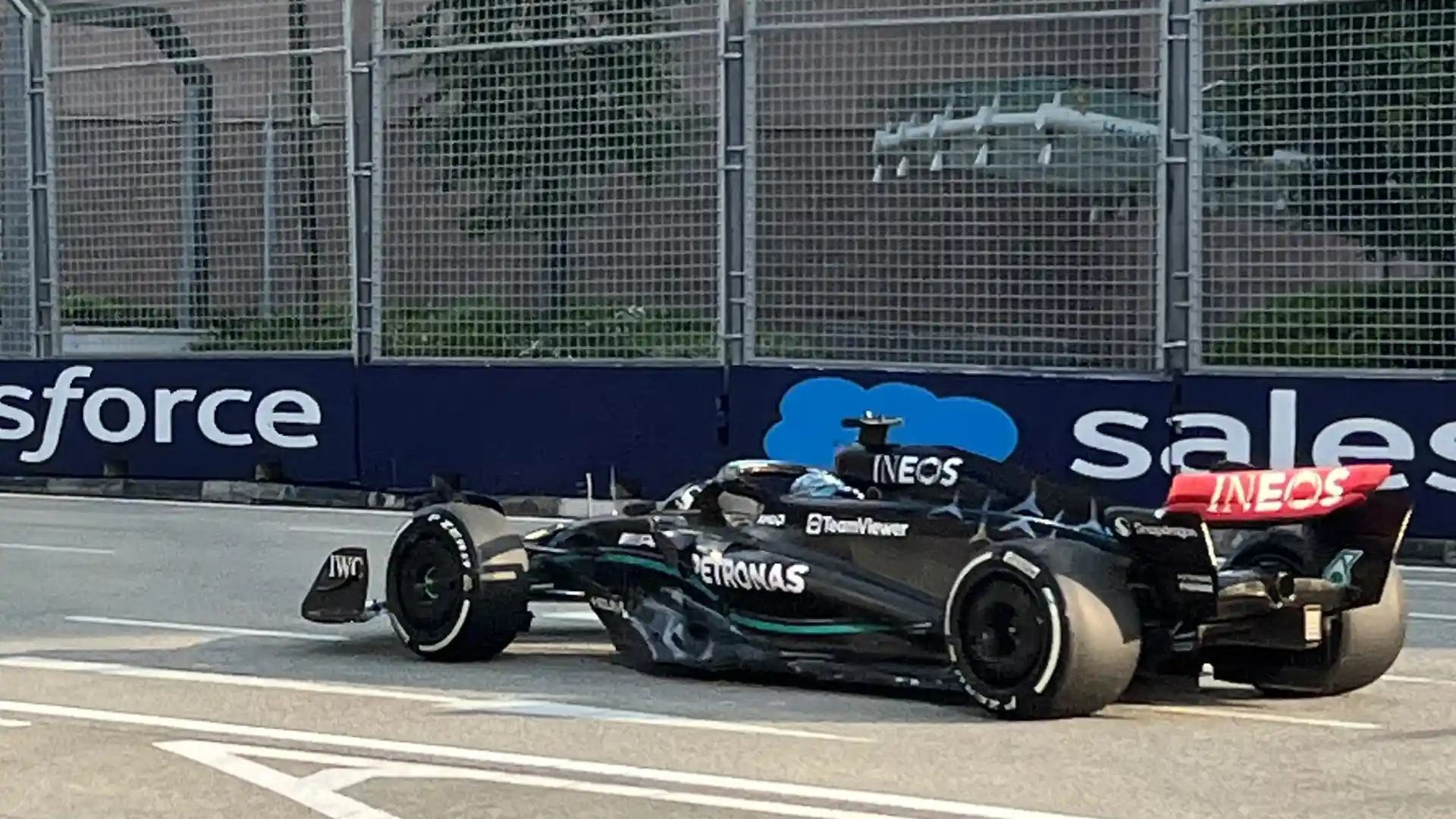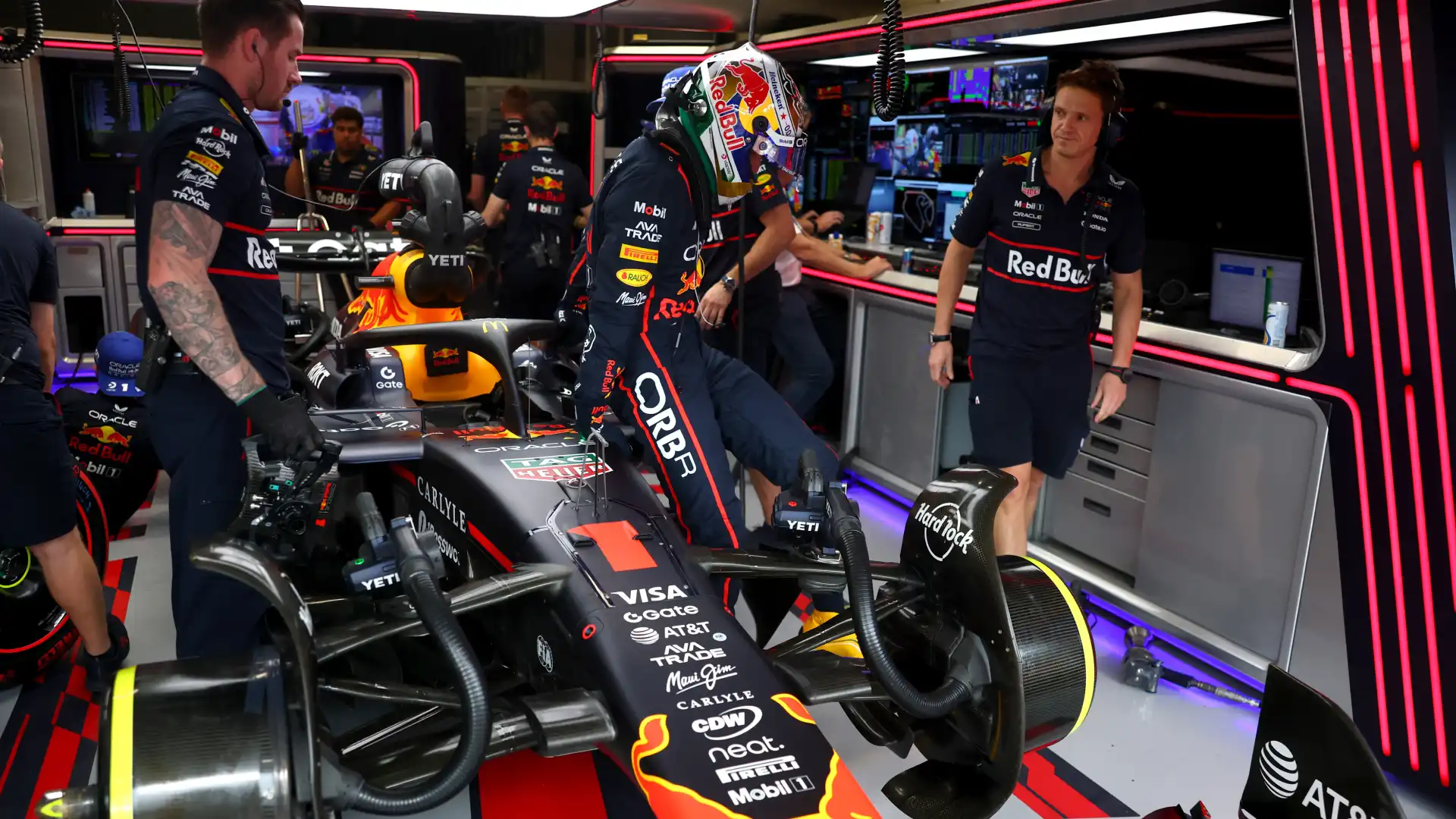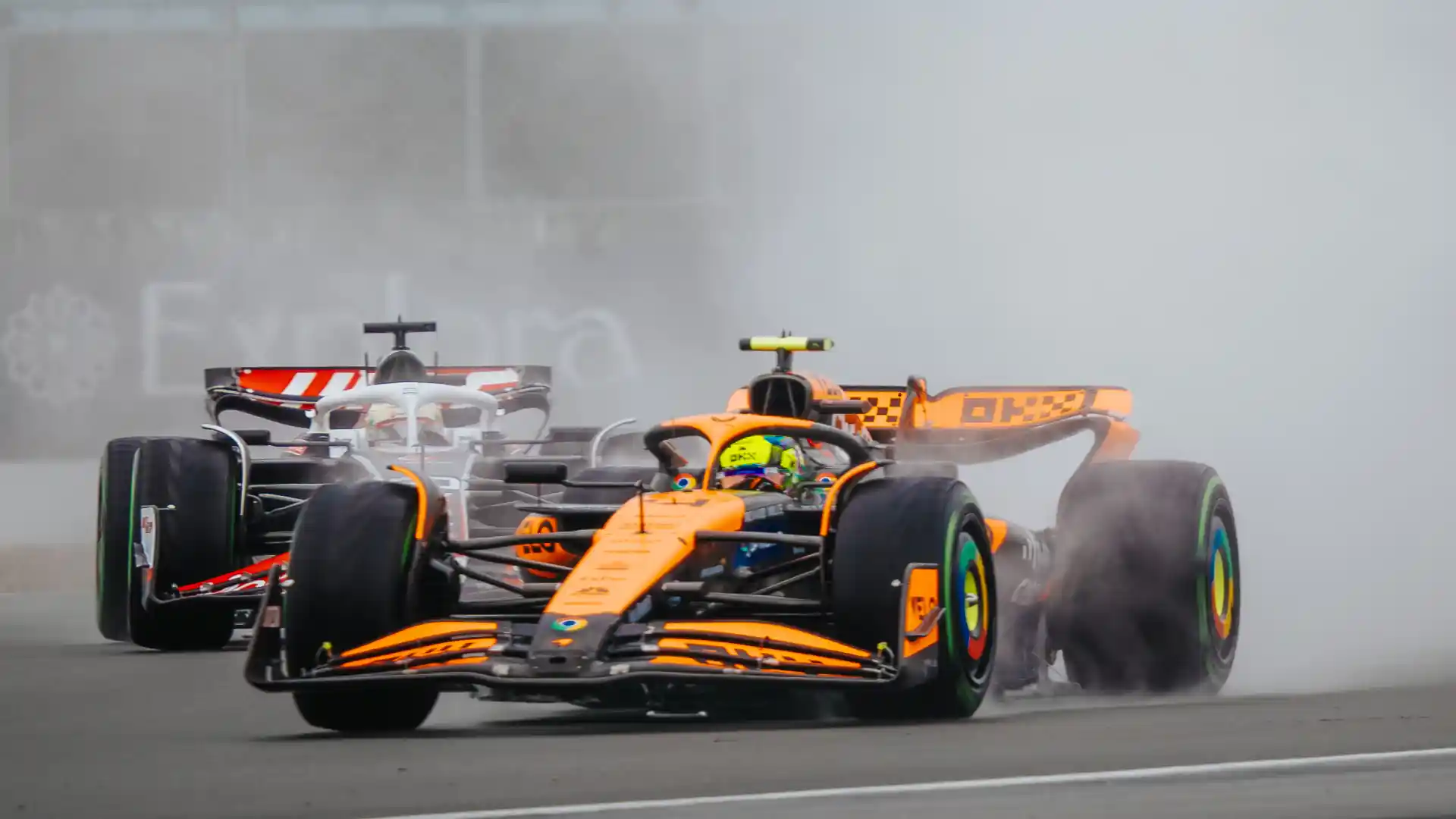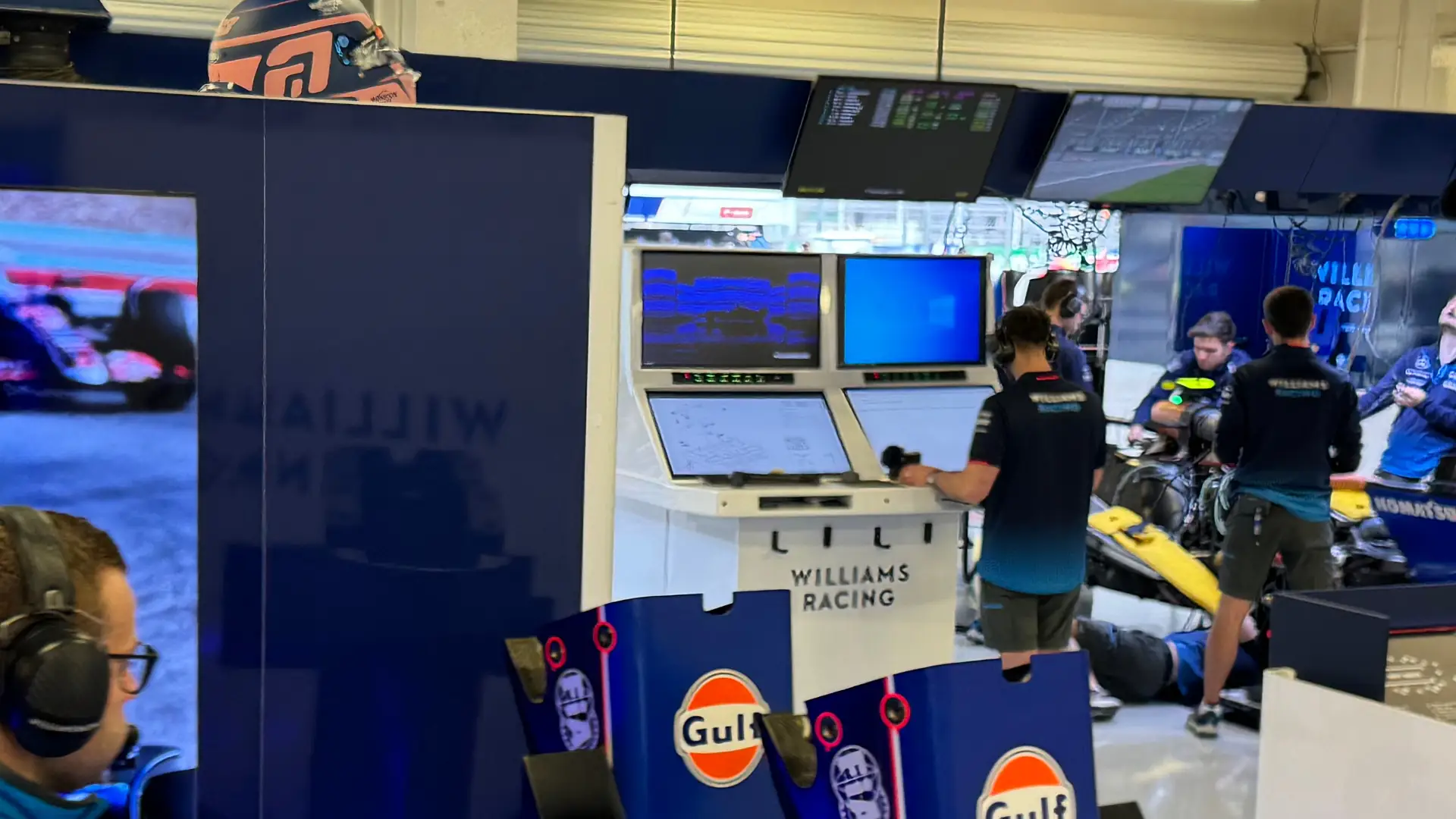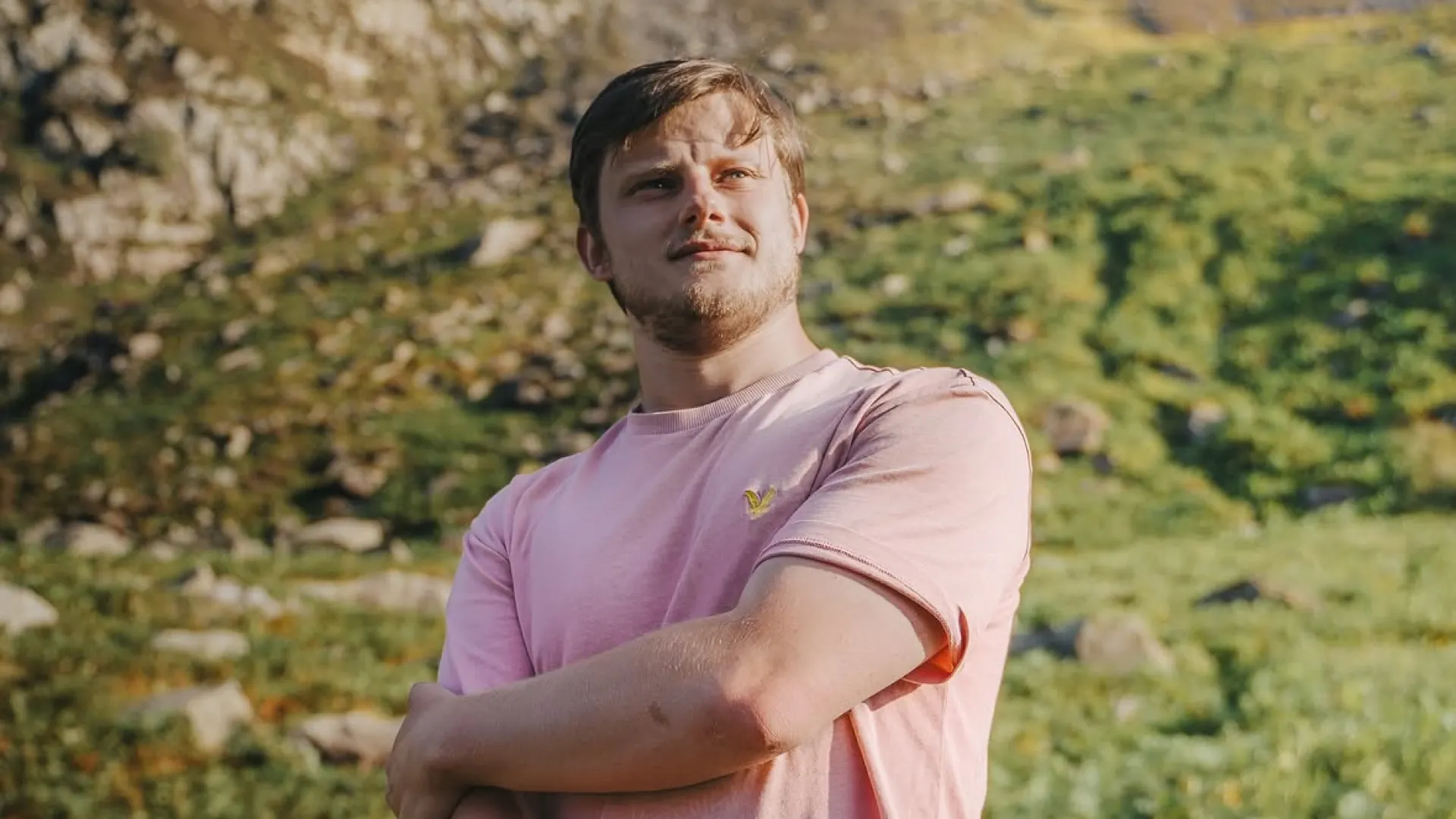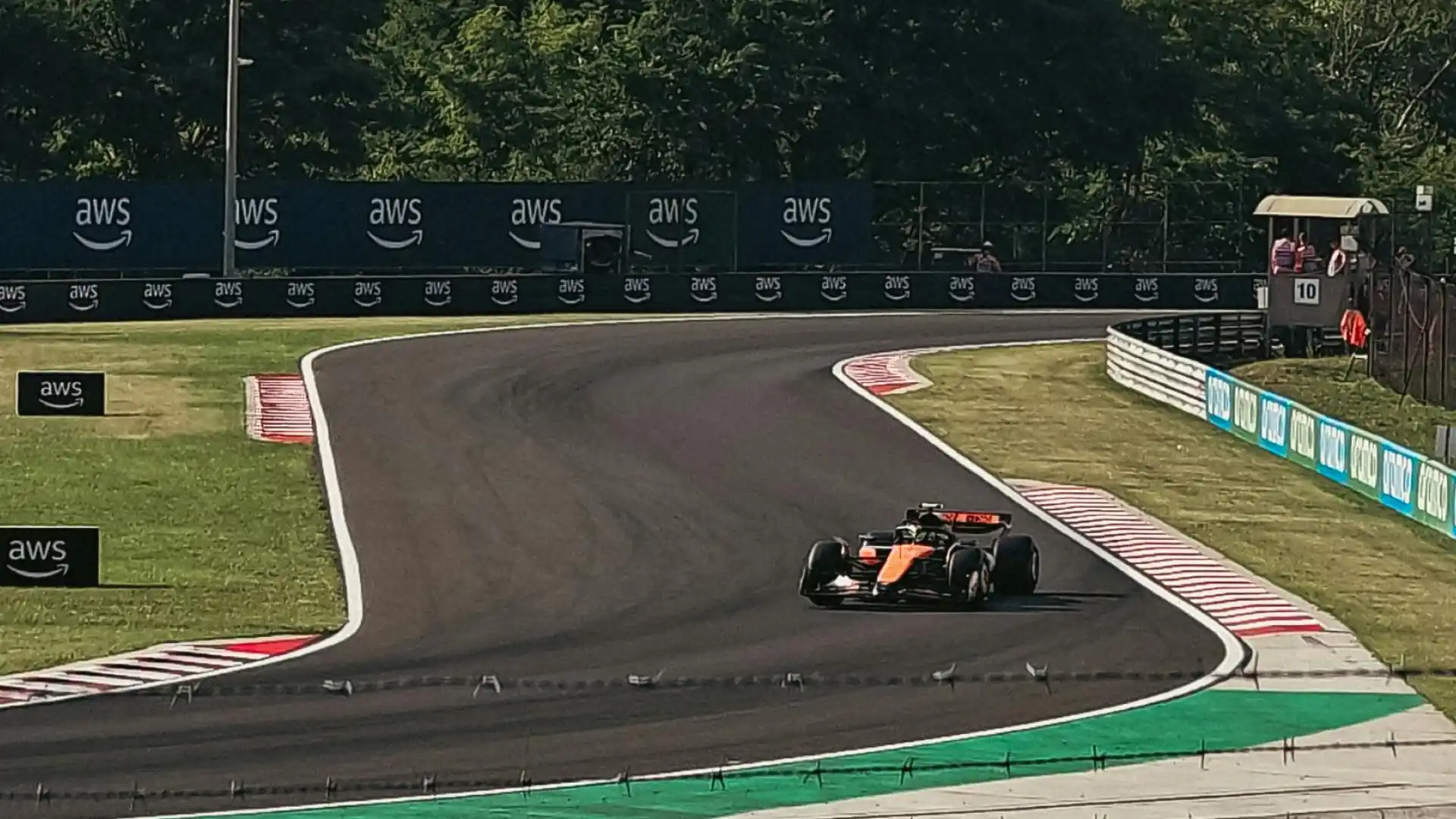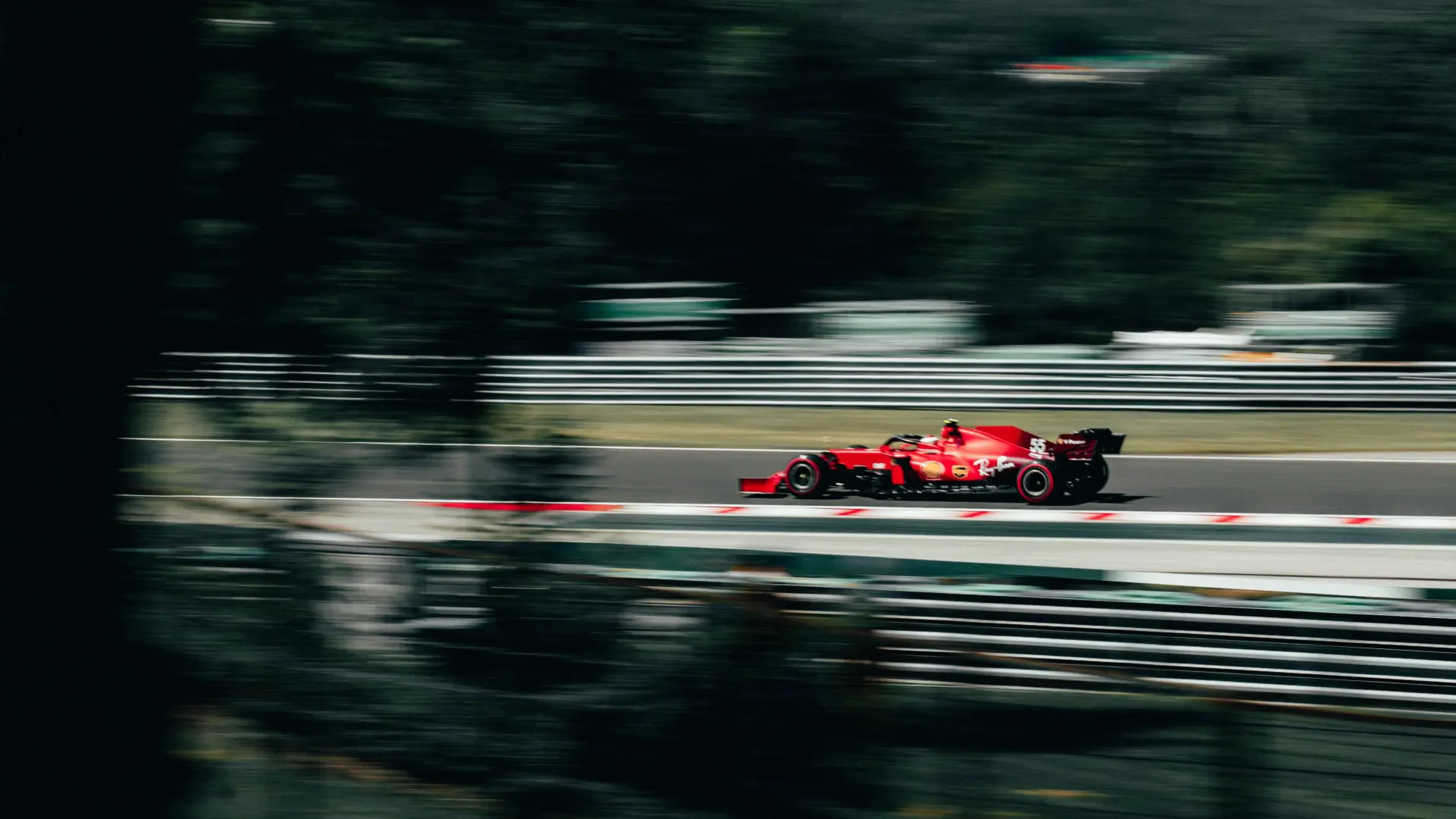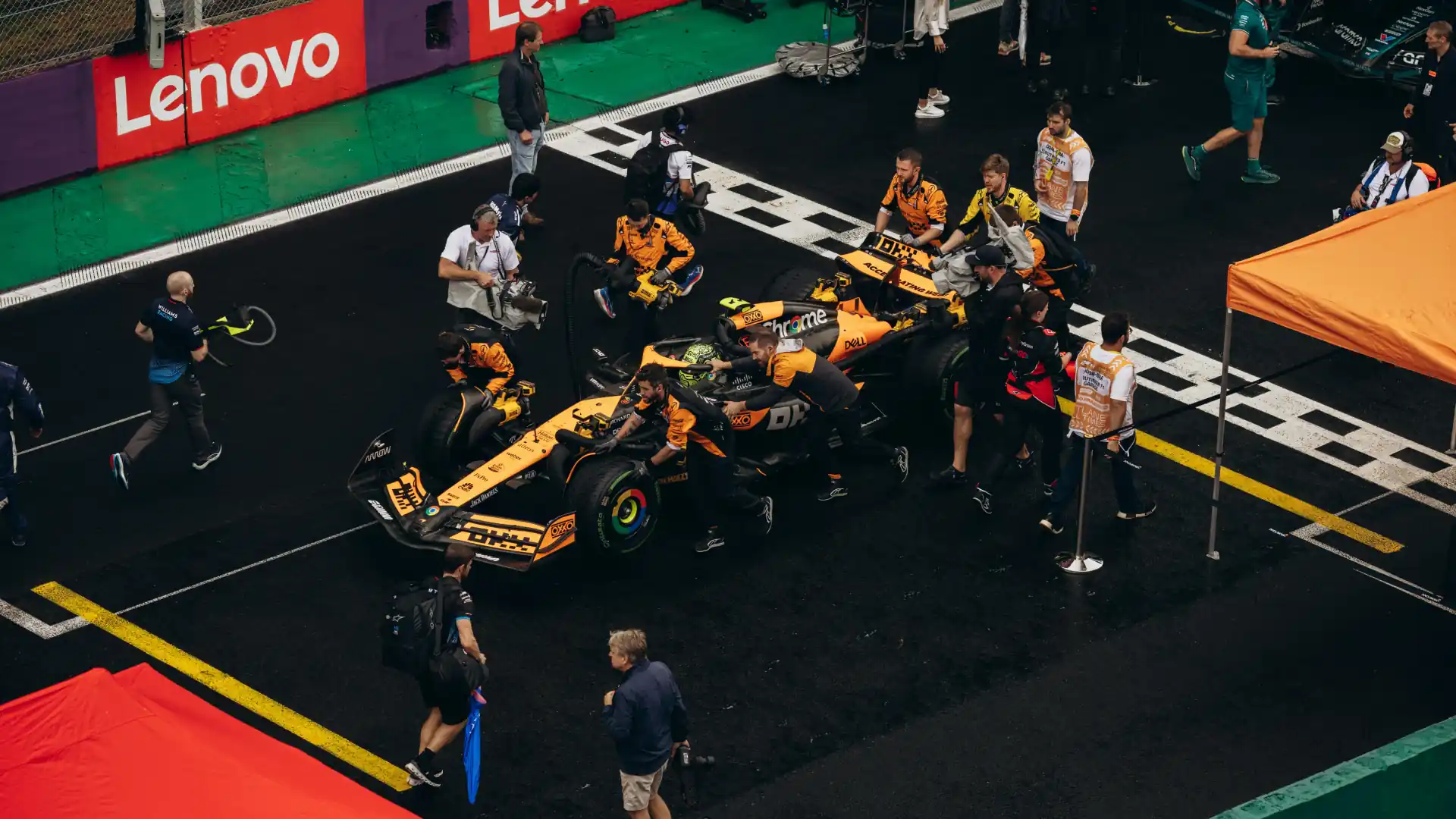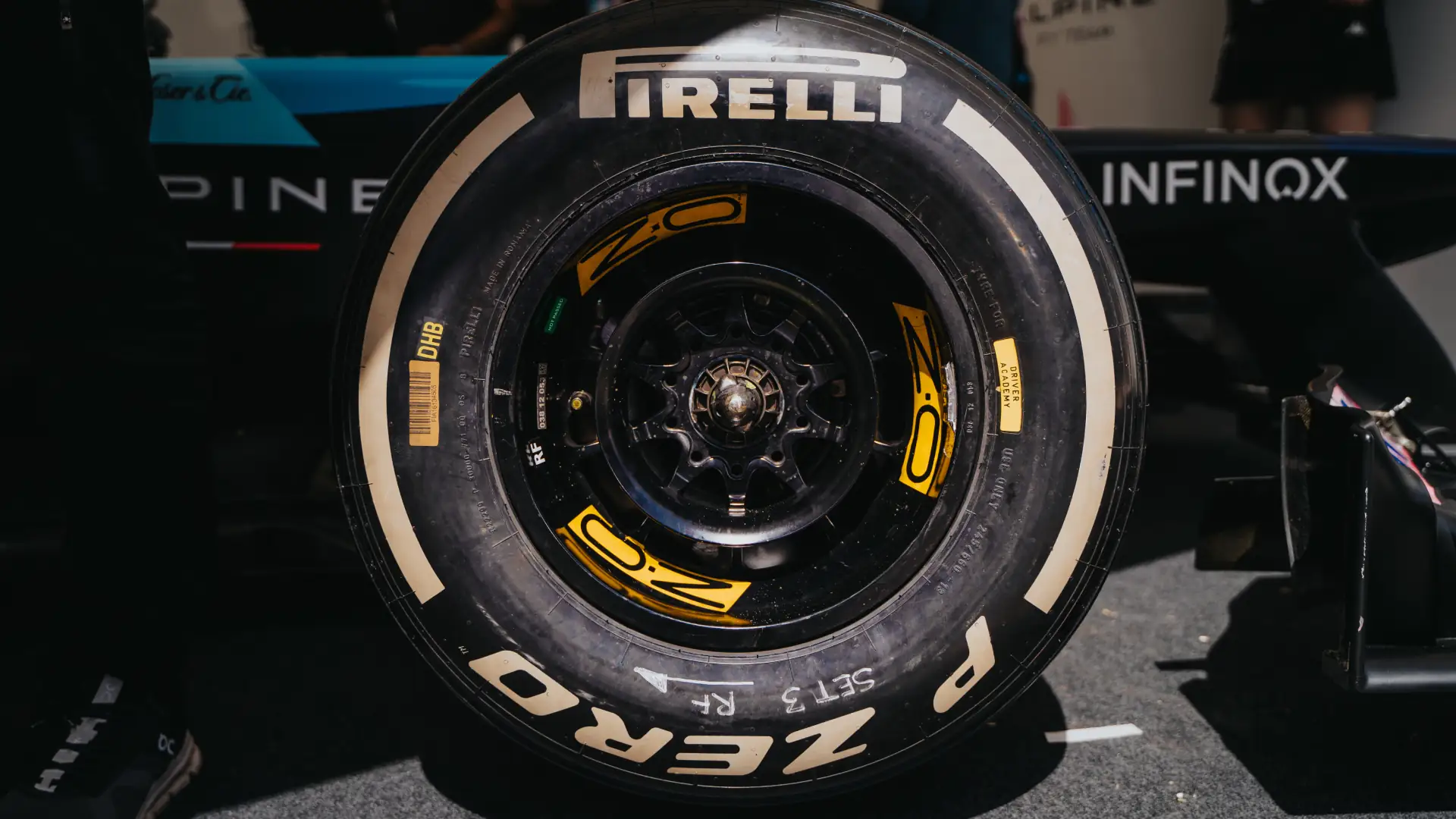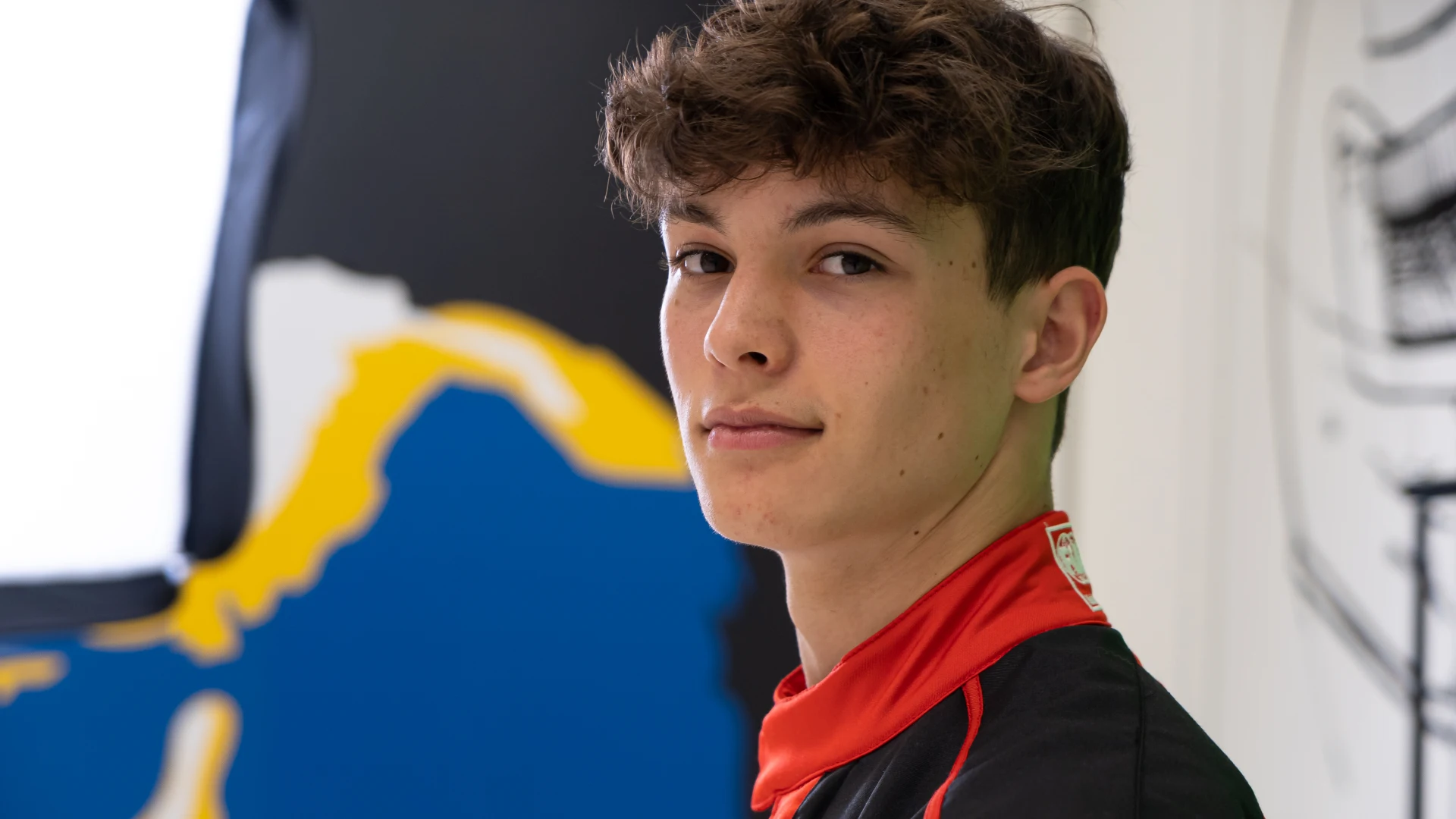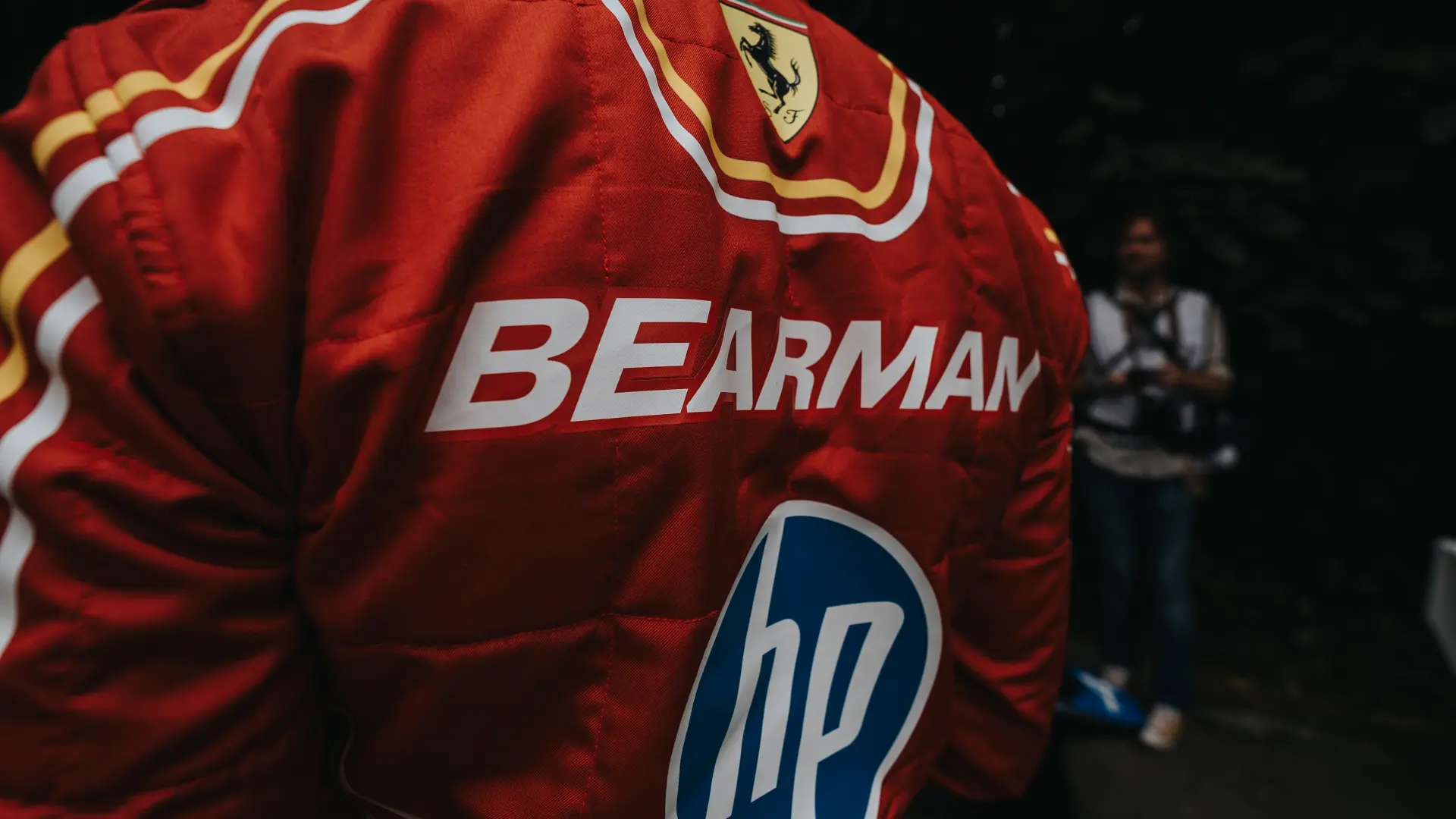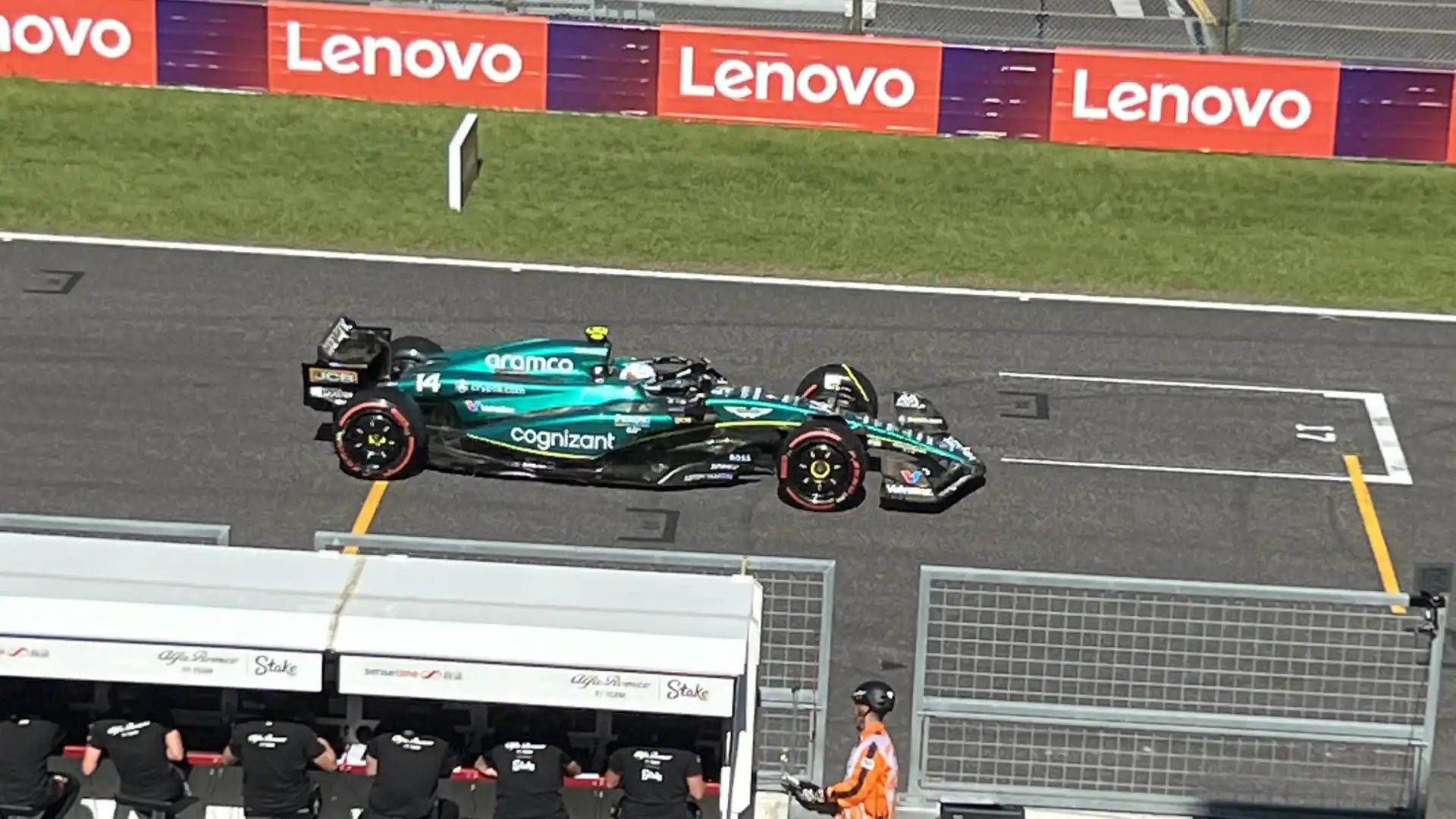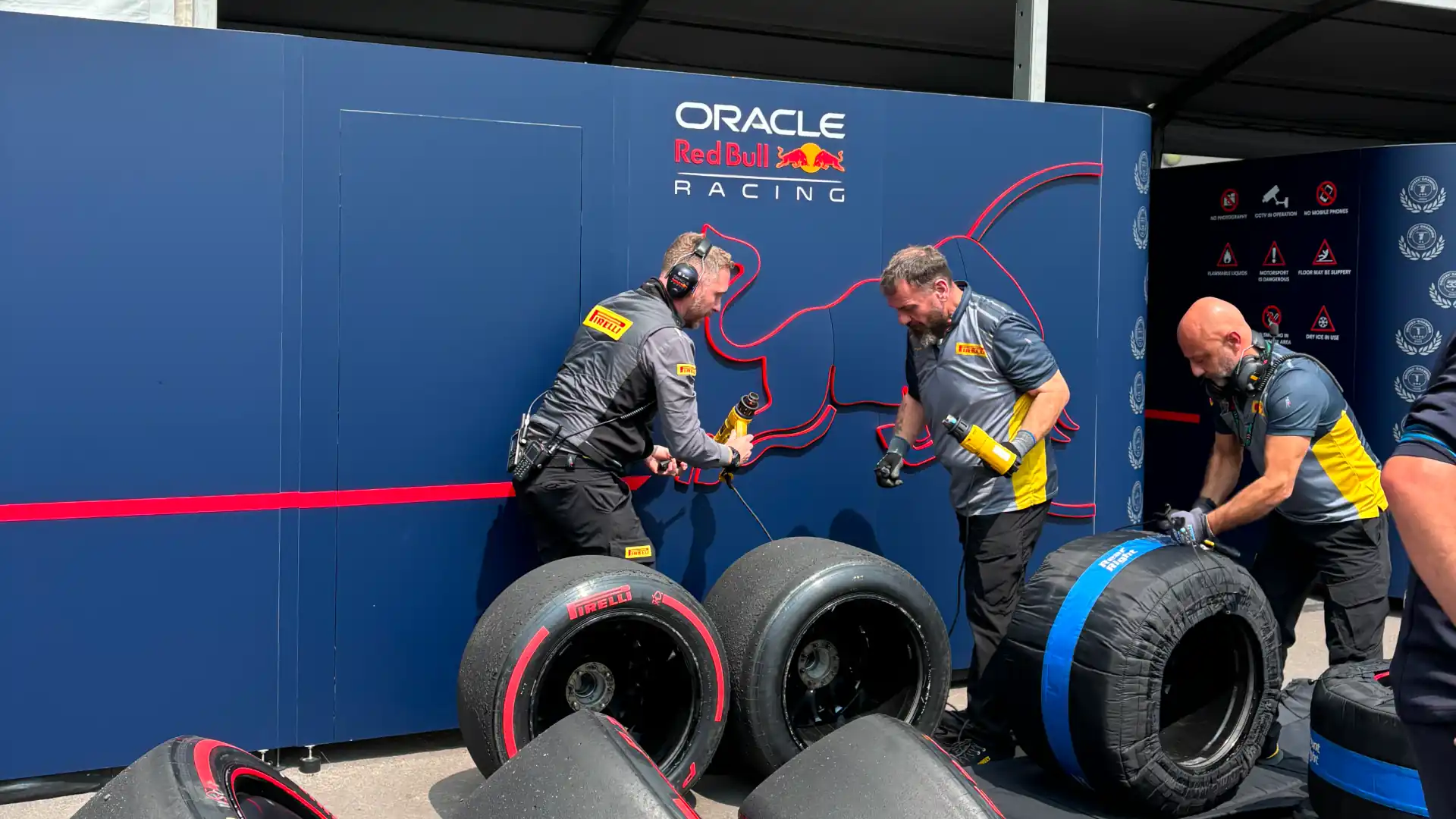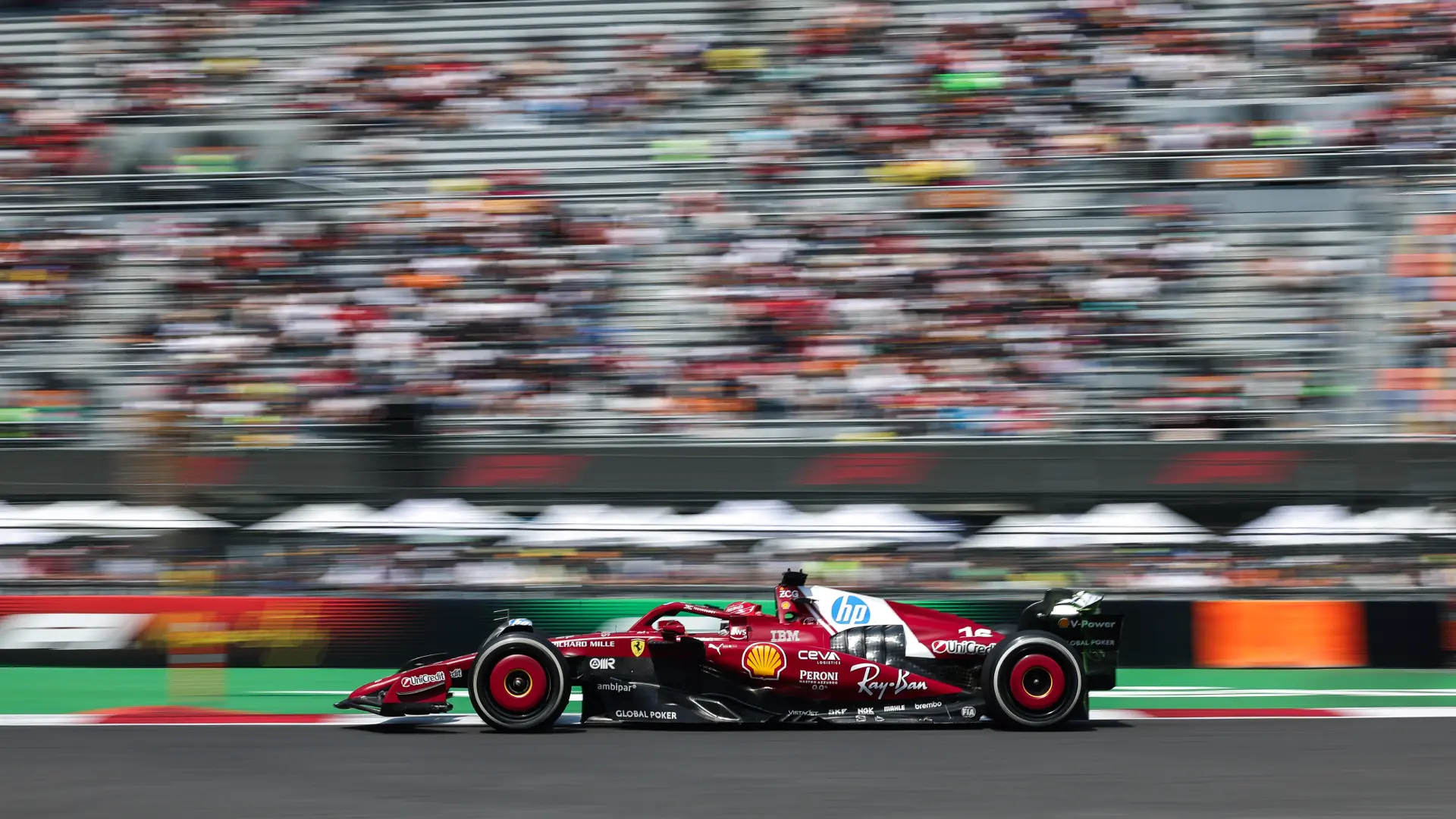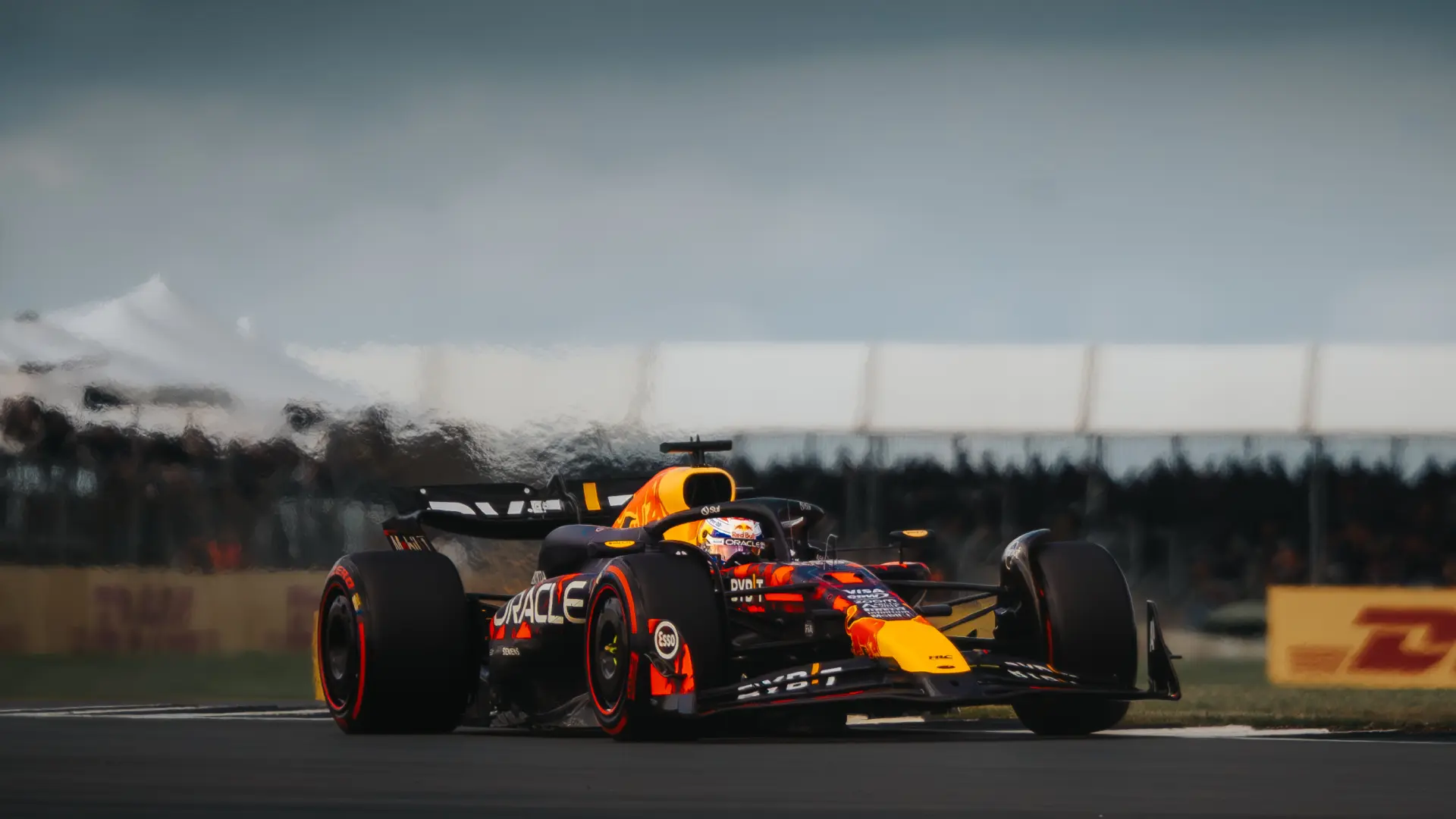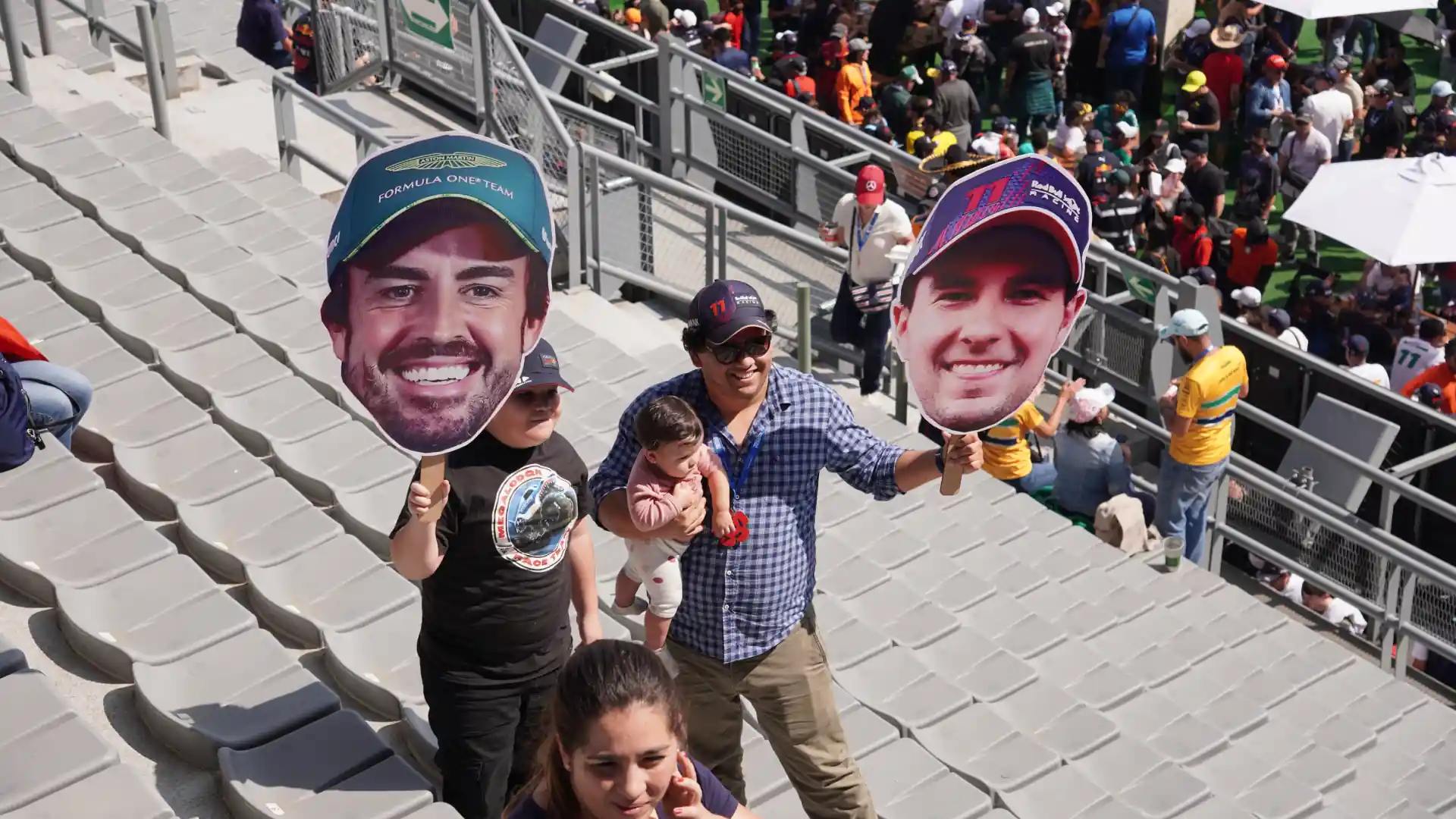There may not have been a race last week, but the Formula 1 community was buzzing nonetheless, as news of a potential new candidate for the FIA Presidency surfaced. While nothing is official yet, Carlos Sainz Sr has announced that he is seriously considering throwing his name into the hat this winter. This comes off the back of rumors that Susie Wolff, director of F1 Academy, may consider running for the position.
Elections for the position are set to take place at the FIA General Assembly, held in Tashkent, Uzbekistan on December 12th of this year. And as potential challengers to the incumbent Mohammed Ben Sulayem come up, there is one question everyone should be asking: what kind of leader does the FIA need at this moment?
To answer that, we first need to know exactly what the FIA does and what each candidate might bring to the table. Here’s what we know so far.
More than meets the eye: the FIA is a global, multi-faceted organization
Beyond just F1, the FIA, or the Fédération Internationale de l'Automobile, is responsible for seven motorsport world championships and close to 80 international competitions. This includes circuit series (think Formula or endurance racing), rallies, off-road championships, karting, and more. For a better perspective on this, in 2023, the 23-race F1 calendar made up only 3% of the total 767 events on the FIA’s international sporting calendar.

But motorsports are not the FIA’s only domain. A second, and equally important area of their concern, is mobility. This includes everything from road safety and urban traffic to improved accessibility and sustainability. In other words, things that impact everyday people getting around in their day-to-day lives.
The FIA is truly a global organization, whose duties extend to the general use of cars and other motor vehicles. It is made up of 245 motor clubs in 149 countries across the world, all with their own unique needs and concerns about both motorsports as well as local vehicle use. And it is these clubs who will be voting for the president. With that in mind, the FIA needs a leader who will be able to manage a breadth of global concerns, giving time and attention to both sport and mobility in balance.
Tensions are brewing inside motorsport’s governing body
Yet the FIA has not been without criticism lately. In particular, there has been a shift in atmosphere as several high-profile members of the FIA have either stepped down or been fired recently. This includes the former FIA CEO, Natalie Robyn, F1 race director Niels Wittich, and deputy president Robert Reid, among many others. Reid stepped down a few months after being barred from a World Motorsport Council meeting for refusing to sign an NDA, saying, “The governance and constitutional organisation of the FIA is becoming ever more opaque and concentrating power in the hands of the president alone.”
Indeed, over the past year or so several moves have been made to shift more control of the governing body to the president’s hands, bringing into question the goals of the current leader. One of the biggest shifts came in the form of a rule change that gave the FIA president and president of the senate final say on whether in-depth investigations or further action should be taken for issues raised to the ethics committee.
What’s more, reports have recently come out of a proposal to be voted on at the next FIA general assembly that would affect the election directly. The proposal suggests moving the deadline for candidates to submit their names earlier than it currently is. More controversially, the proposal adds an eligibility criterion that there, “must not be anything in the record of the candidates standing for the election as members of the presidential list that calls into question their professional integrity.”
Any issues found in the candidate’s record would be sent to the ethics committee, which the president now has more control over. The timing of this proposal is of particular concern as we are in an election year, and several names have been brought up as potential challengers.
The incumbent prepares to defend his seat
The current president of the FIA, Mohammed Ben Sulayem, came into the position four years ago, in 2020. He defeated Graham Stoker in a landslide, taking over for Jean Todt, who had served for the maximum allowed three terms. Ben Sulayem’s platform emphasized expanding the reach of the FIA, and as he heads into his second election, he will look to emphasize the successes the FIA has had during his incumbency.
Under Ben Sulayem, the FIA has indeed grown in many aspects. From a sporting perspective, one such example is the increased presence of rallying at the FIA Motorsport Games from 2024 on. New categories, like the Rally All-Stars, have been added, and existing disciplines, like Rally2 and Rally4, are now split into sub-categories focusing on specific surfaces. This allows for more competitors to participate, more awards within rallying to be given and will help increase in the sport’s audience.
F1 has likewise seen itself expand over the past four years, with a record 24 races on the calendar, and the addition of Cadillac as an 11th team on the grid from next year. In fact, at Cadillac F1’s team launch event, CEO, Dan Towriss, specifically thanked Ben Sulayem, saying, “Tonight, I also want to thank Mohammed, president of the FIA… Without your unwavering support, this wouldn’t have happened.”
Progress has been made in other aspects too. While the Net Zero by 2030 initiative – which applies to all FIA events, not just F1 – was developed under the previous president, Jean Todt, things are still on schedule, with net carbon neutrality very much in reach by 2030. Within F1 specifically, sustainability has improved on- and off-track. F1 cars are set to use 100% sustainable fuel from 2026, following the footsteps of F2 and F3, who have been using such fuels this year. The FIA has also been optimizing the calendar to allow for greener methods of travel between race locations, including biofueled trucks, which will be one of the primary forms of freight transport during this year’s European leg of the season.
Yet despite these successes, several of the recent controversies faced by the FIA have found Ben Sulayem in the middle of them. This has prompted many to wonder whether the current leadership might benefit from alternate options, which brings us to other potential candidates.
Could there be a serious contender to challenge Ben Sulayem?
At this point in time, nobody has yet to officially launch a campaign to run against Ben Sulayem, however, Sainz Sr has very recently said, “This possibility [of being president] has been in my mind for some time now, not very deeply, but now I think it could be the right time in my career for me to take the step.”
Sainz Sr is a two-time World Rally champion, with an incredible amount of respect among the global motorsport community. He is active in local road safety initiatives in Spain, serving as an advisor to ¡Ponle Freno! (“hit the brakes” in Spanish), an organization that seeks to raise traffic safety awareness and reduce road accidents across the country. He is also involved in Champions for Safety, a training program hosted by Carlos Sainz Karting which aims to build good driving habits to improve road safety.
On paper, he is an excellent candidate. That said, he may be facing an upward climb to candidacy, one that will surely require him to address the elephant in the room: his son, and current Williams F1 driver, Carlos Sainz Jr.
This represents a major conflict of interest with the FIA’s most popular championship, and will likely be Sainz Sr’s biggest obstacle, whether the most recent FIA proposal gets approved or not. While F1 is only a small part of the FIA’s responsibilities, it is arguably the most public, as evidenced by the amount of media attention on the current president, and netted the FIA nearly $27m from team and driver entry fees alone. With the amount of controversies tied to F1 alone, the FIA will likely want a leader who doesn’t have such direct connections to the sport. And unless he can provide a clear and precise plan to address this issue, any F1-related decisions coming from Sainz Sr. would be under a magnifying glass at all times.
Another high-profile name that has come up recently is Susie Wolff. She, however, faces a similar issue to Sainz Sr through her husband and Mercedes CEO and team principal, Toto Wolff. While it is unclear whether she intends to run or not, Wolff would certainly be a formidable candidate. Her racing career and foundational involvement in initiatives like Dare to be Different and F1 Academy, which aim to increase the presence of women in global motorsports, have gained her respect and esteem throughout the community. However, her direct ties to a significant figure within F1 would likely lead to questions, should she indeed choose to run.
So where do we stand right now? Progress has been made under the current president, Ben Sulayem; however, the boat has been rocked several times, and tensions are evident. Sainz Sr has the respect from a long career in the sport, but he will need to prove that he can be unbiased, as he faces a huge conflict of interest in an already fragile area of the FIA’s concern. Wolff has become an icon, championing the road for young women in motorsports, but must also clear a conflict of interest before running, if she wishes to at all, as she has yet to express formal interest in doing so.
Regardless of the final ballot, it is clear that the FIA needs a leader who they can trust to have a balanced outlook to navigate a complex web of challenges spun by such a global, multi-faceted organization. After all, it is not the fans or the drivers in any one discipline who will decide on the presidency; it is the motor clubs that make up the FIA, each with their regional interests and points of concern. The FIA needs a leader who they can be confident will represent the best interests of those clubs, and meet all of the global needs that fall under the FIA’s umbrella. Any candidate will first and foremost need to probe that they can do that. And from there? It’s up to the people to decide.
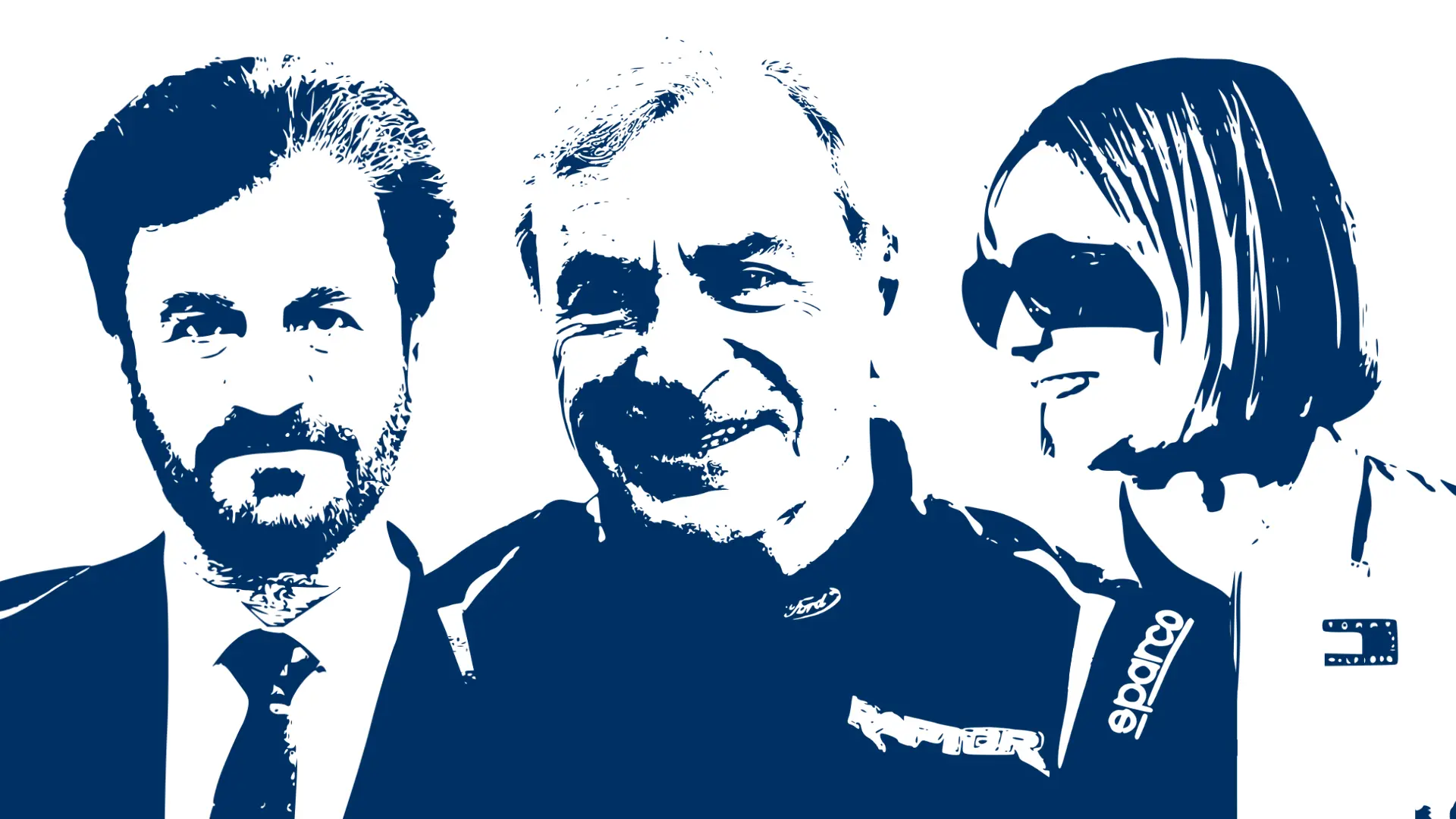

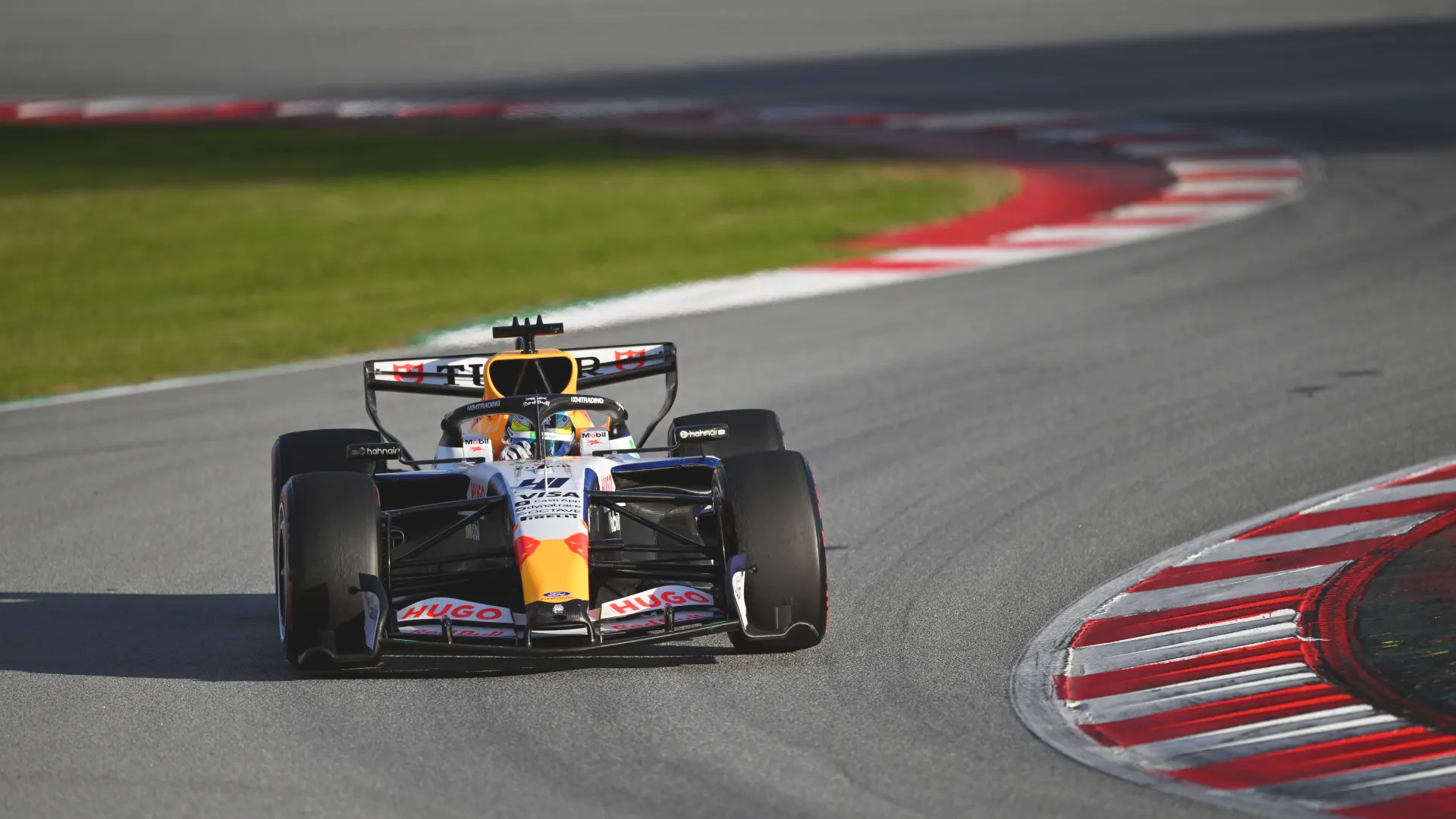
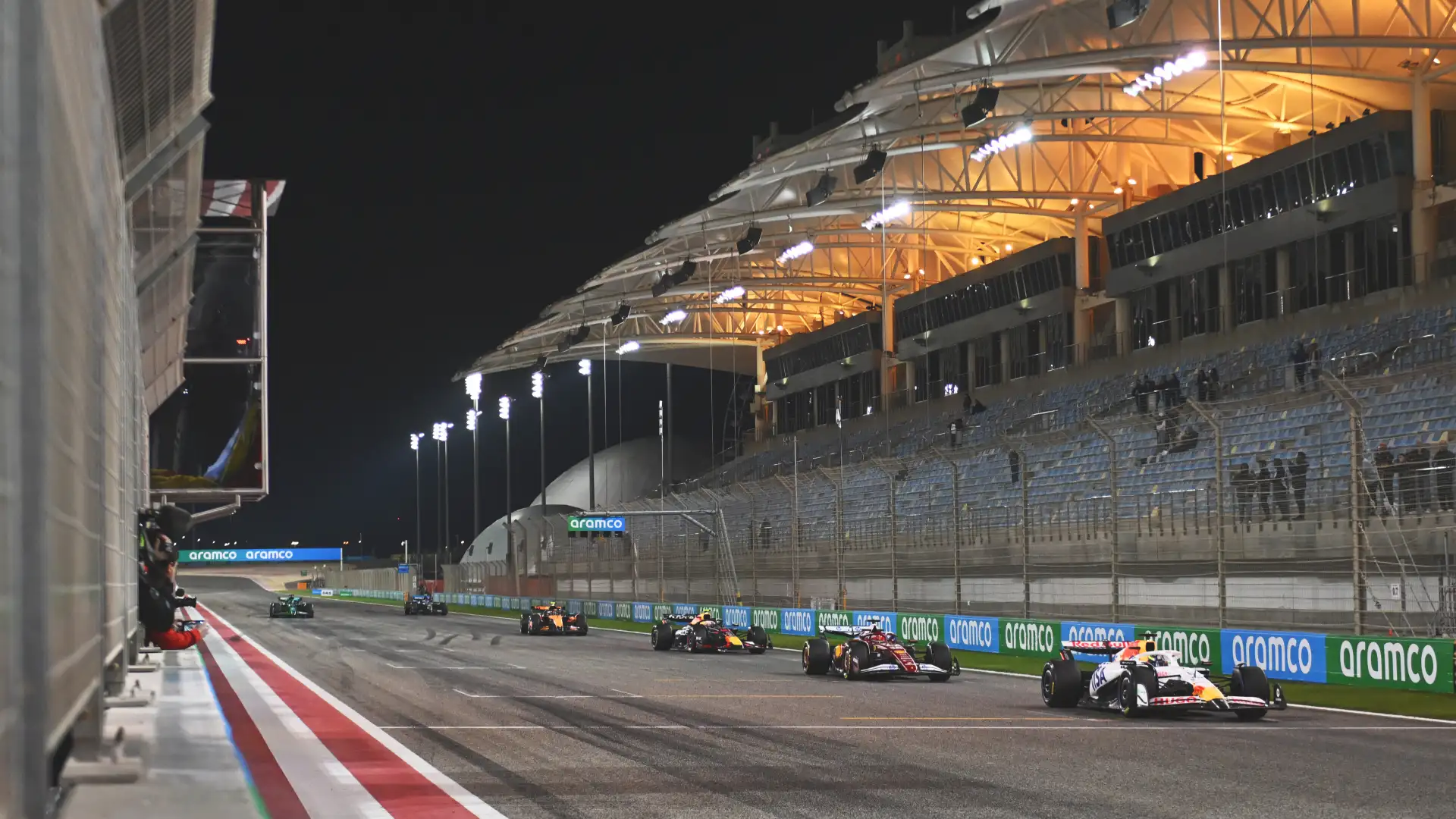
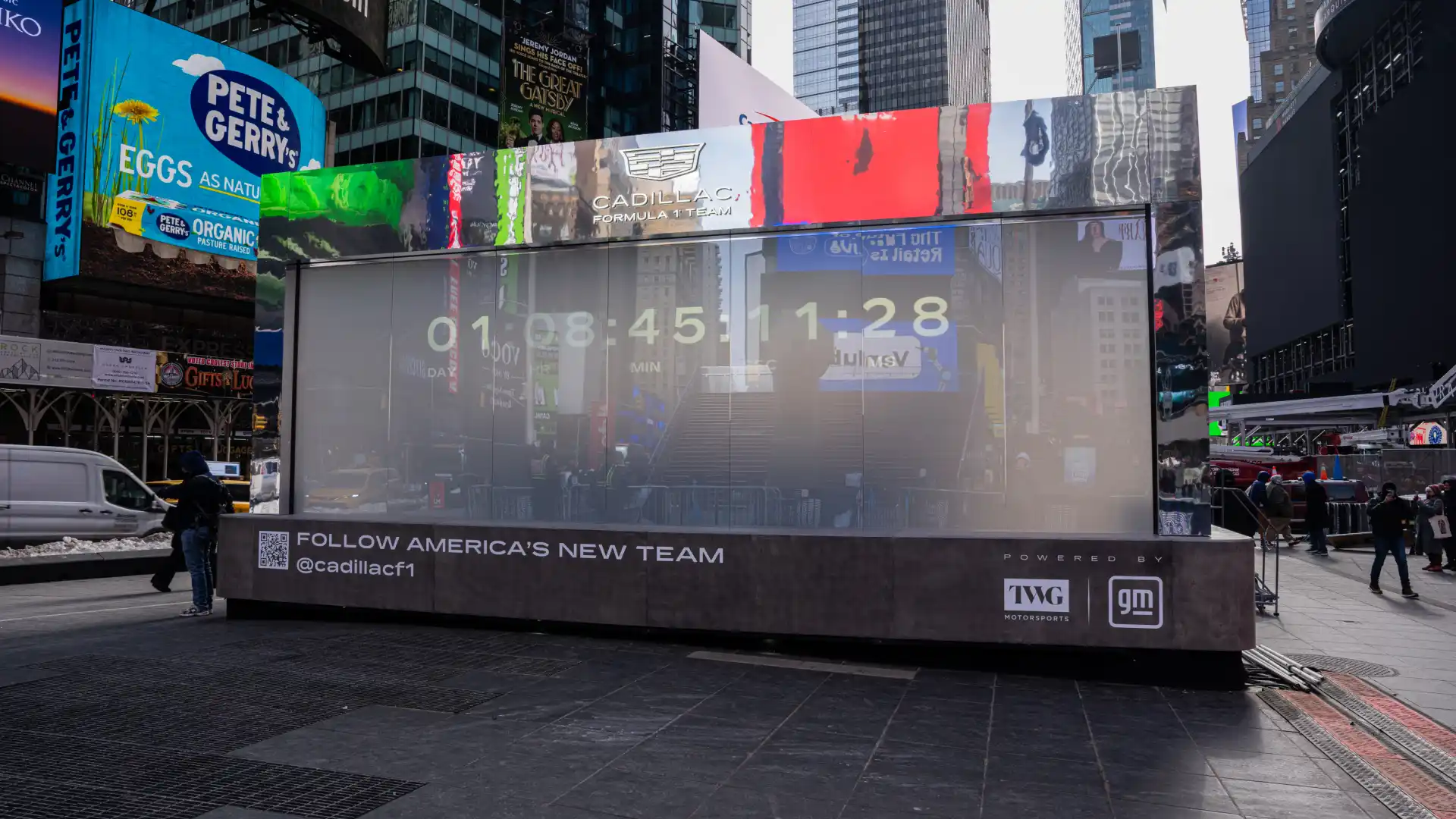
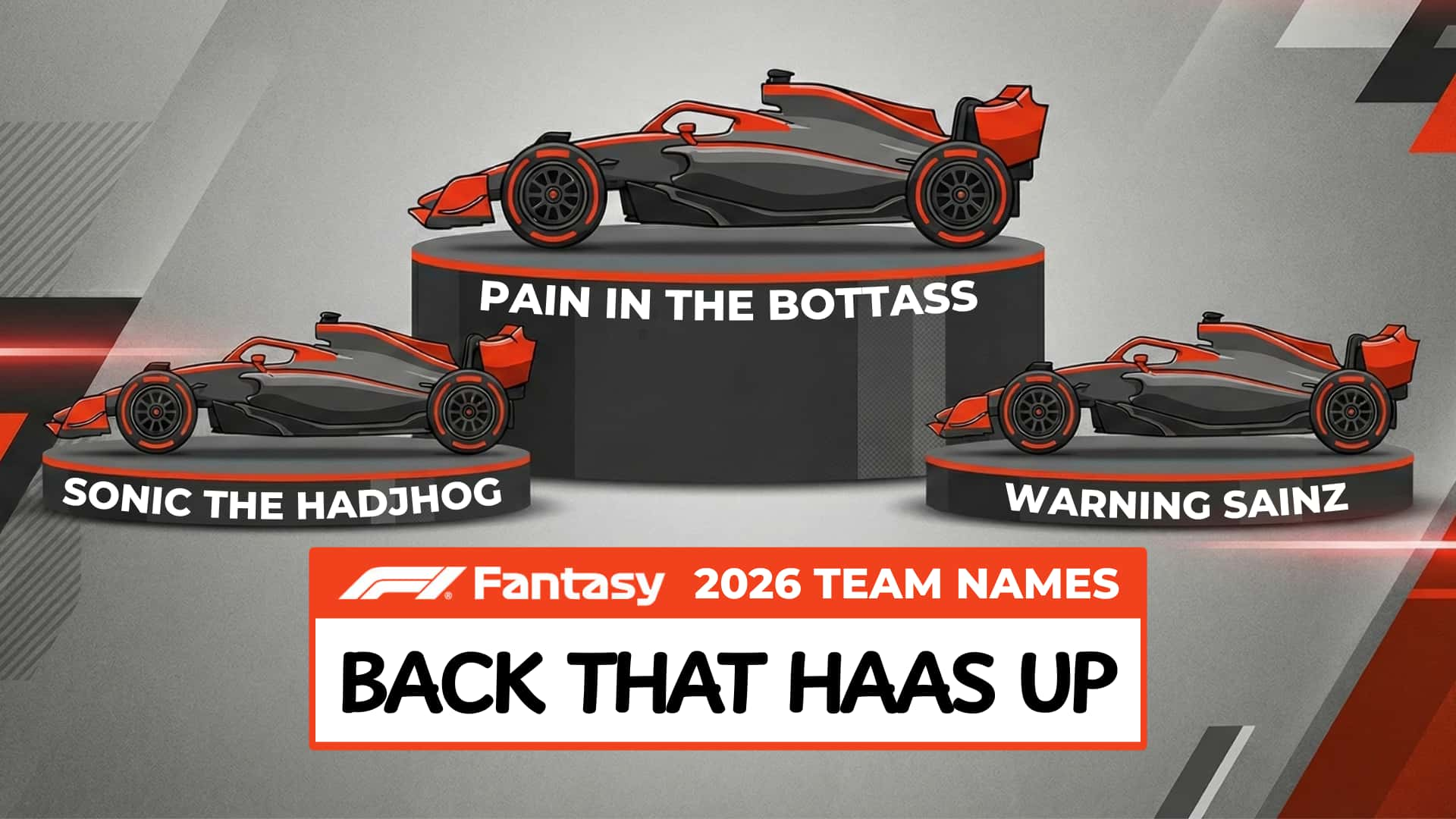
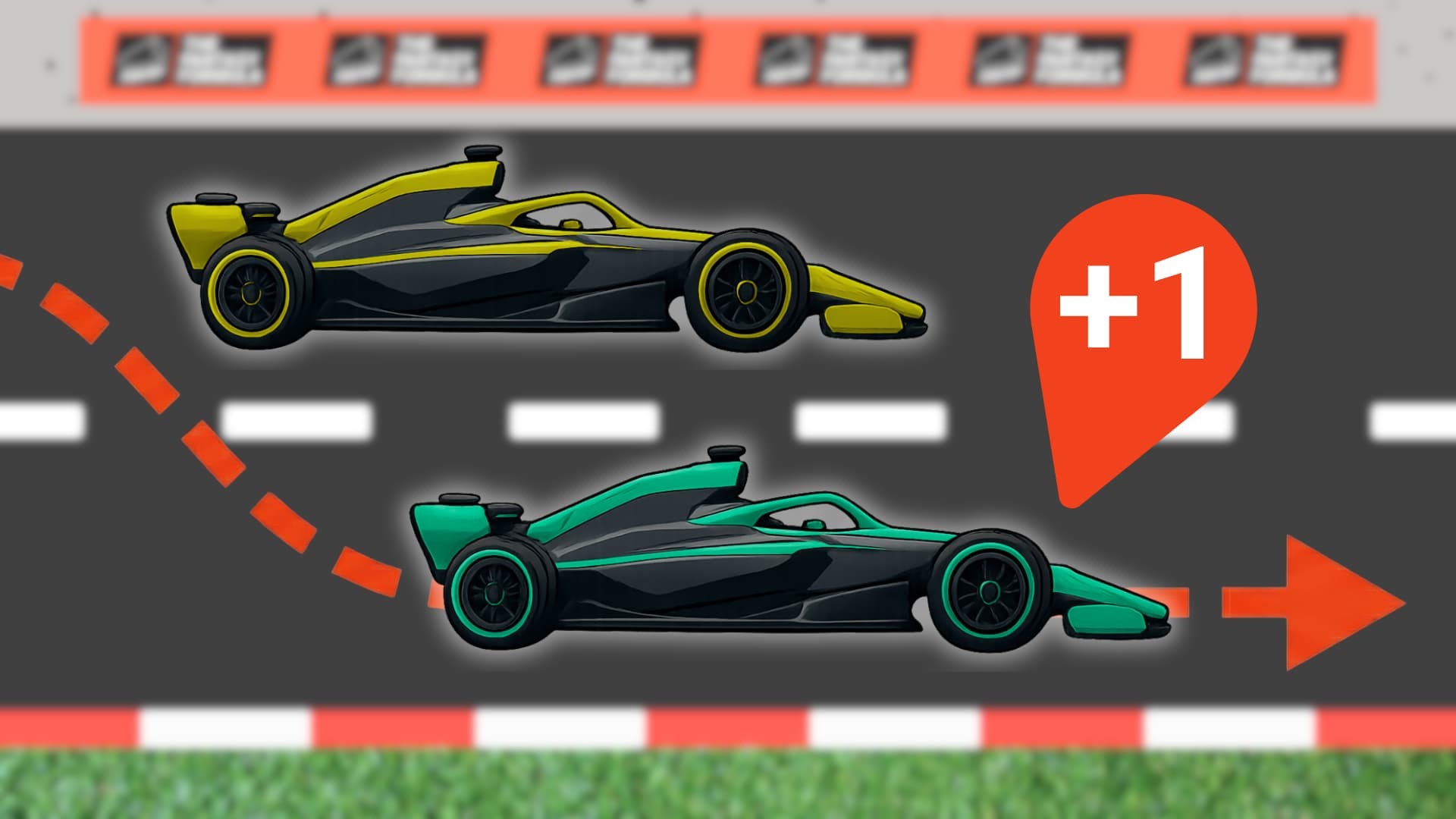
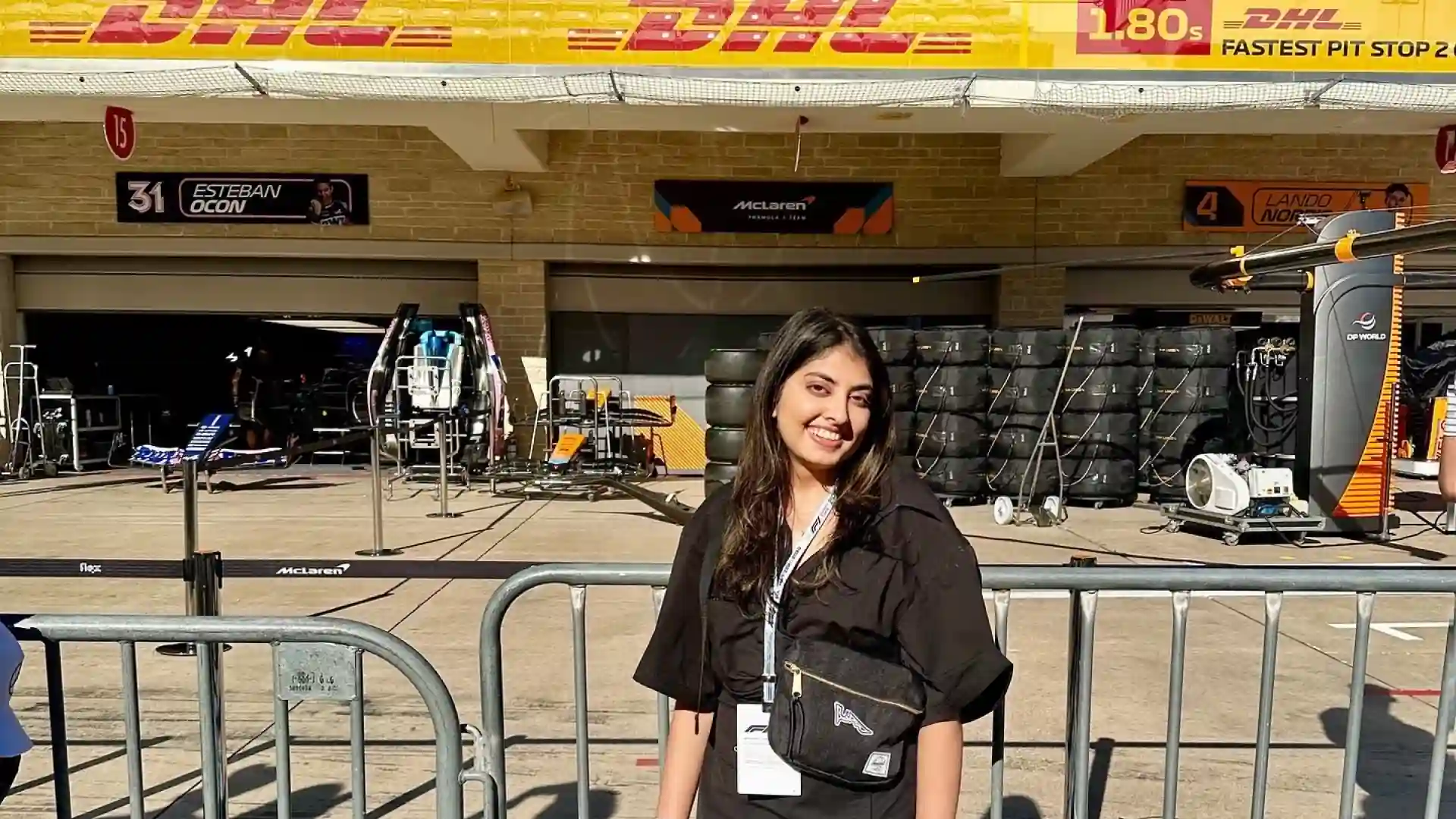
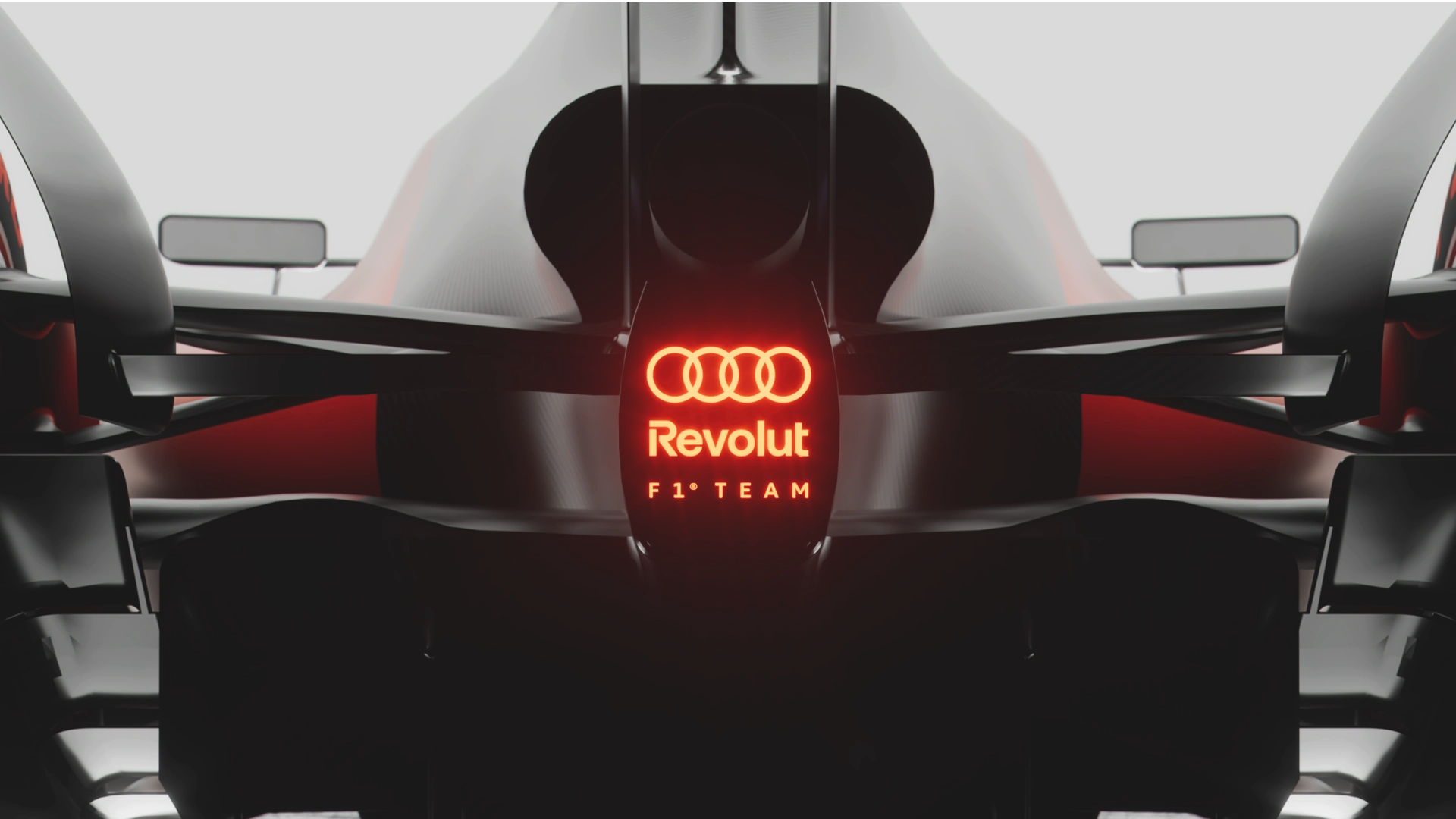
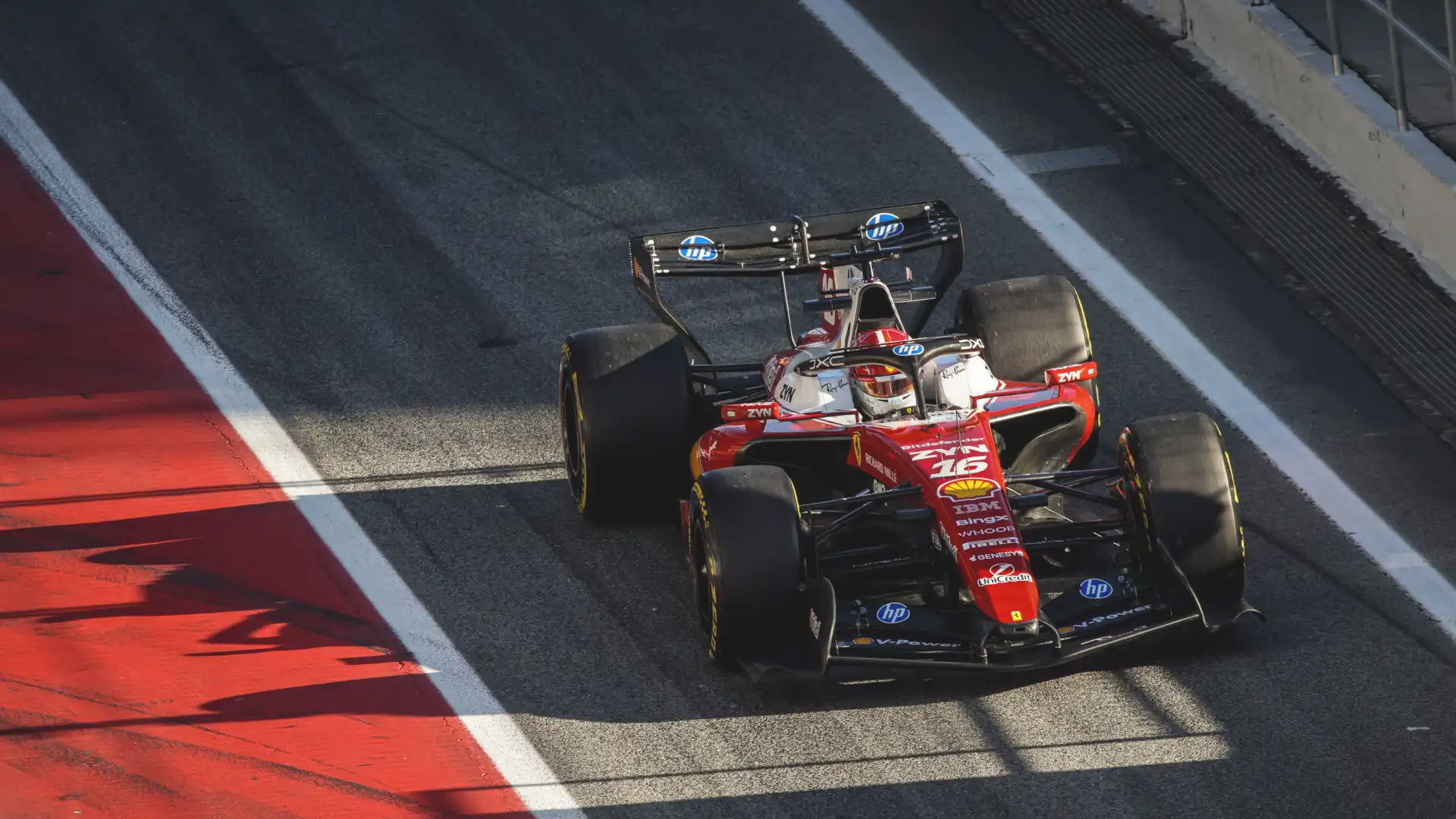
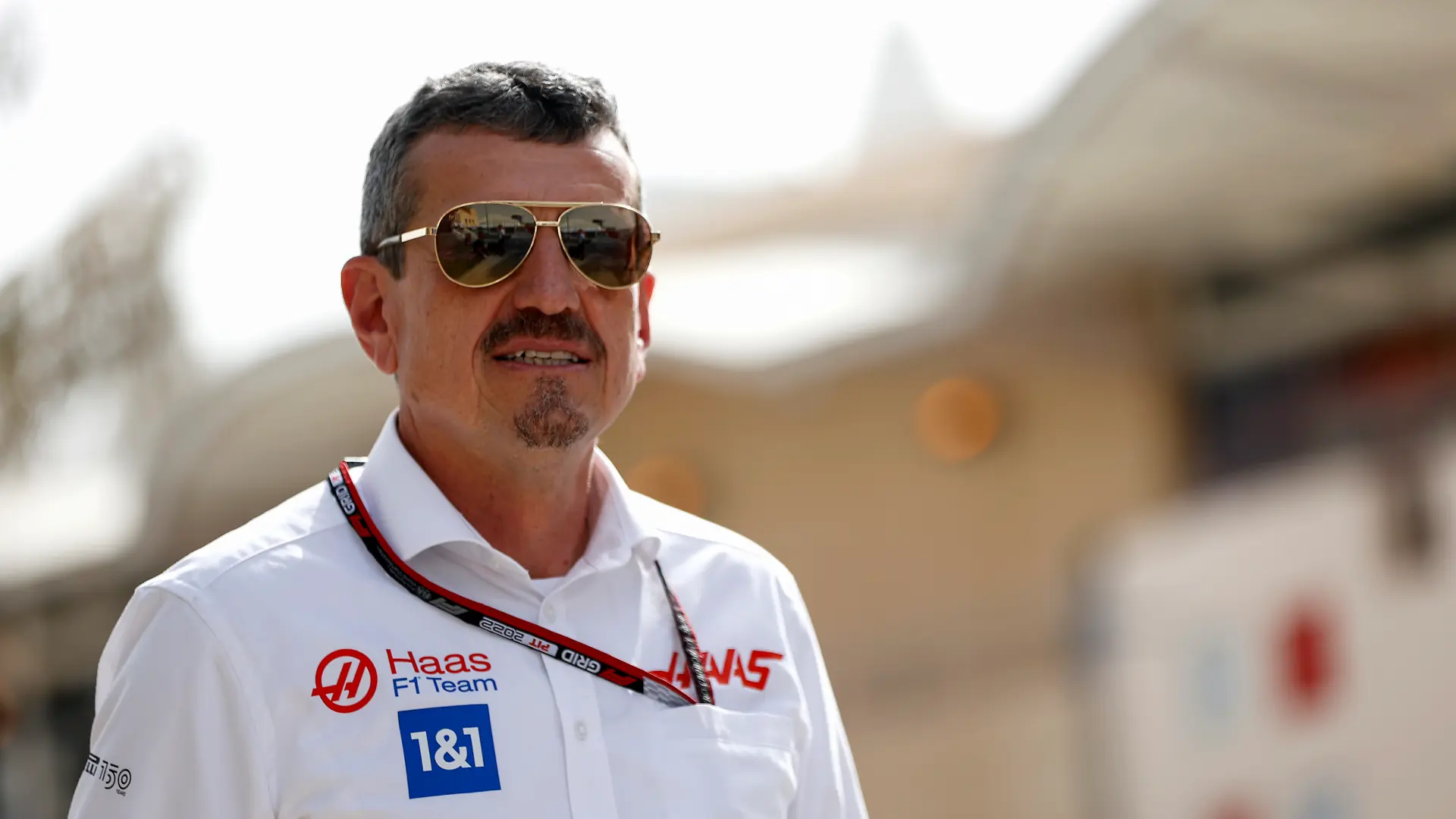
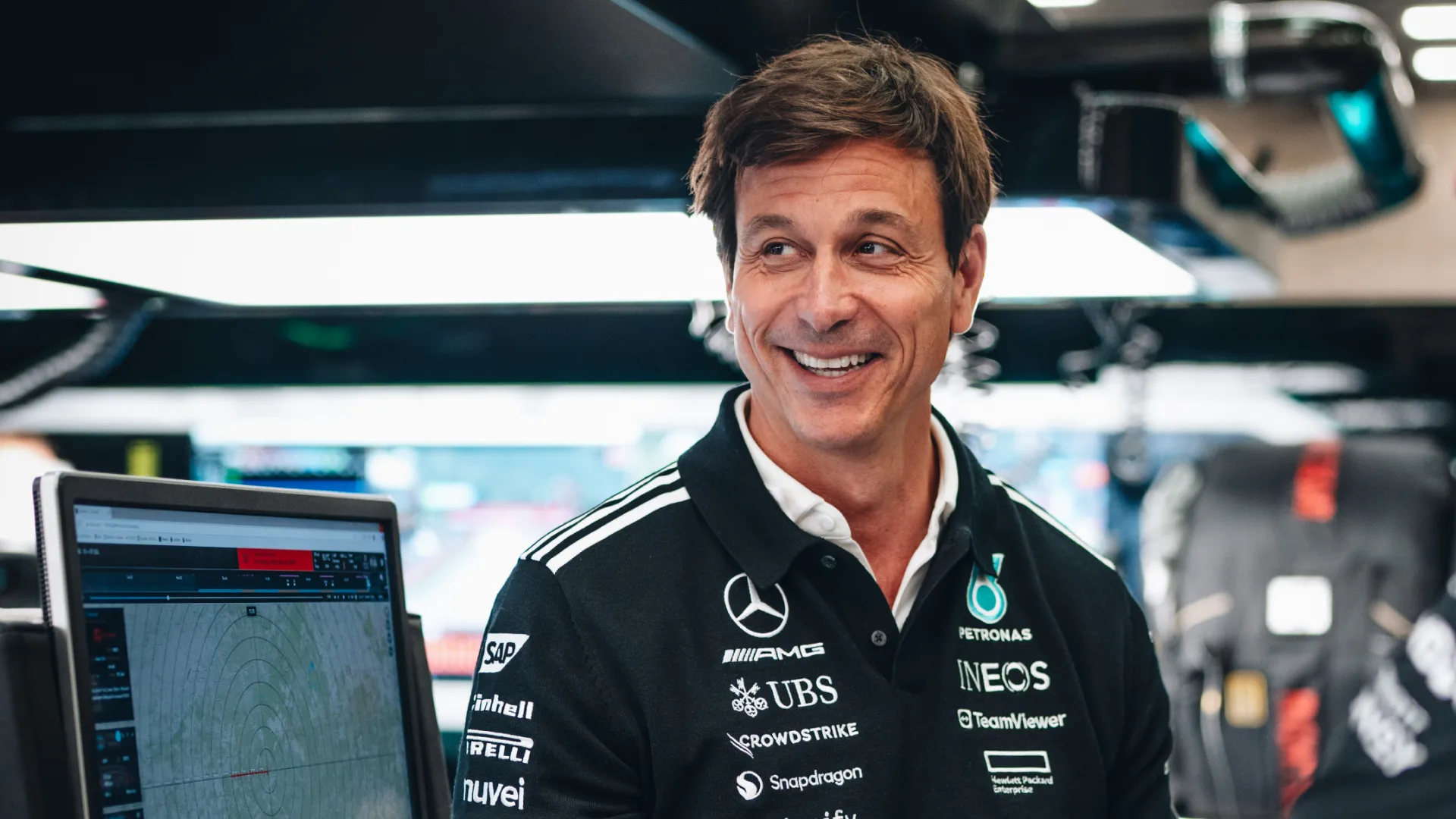
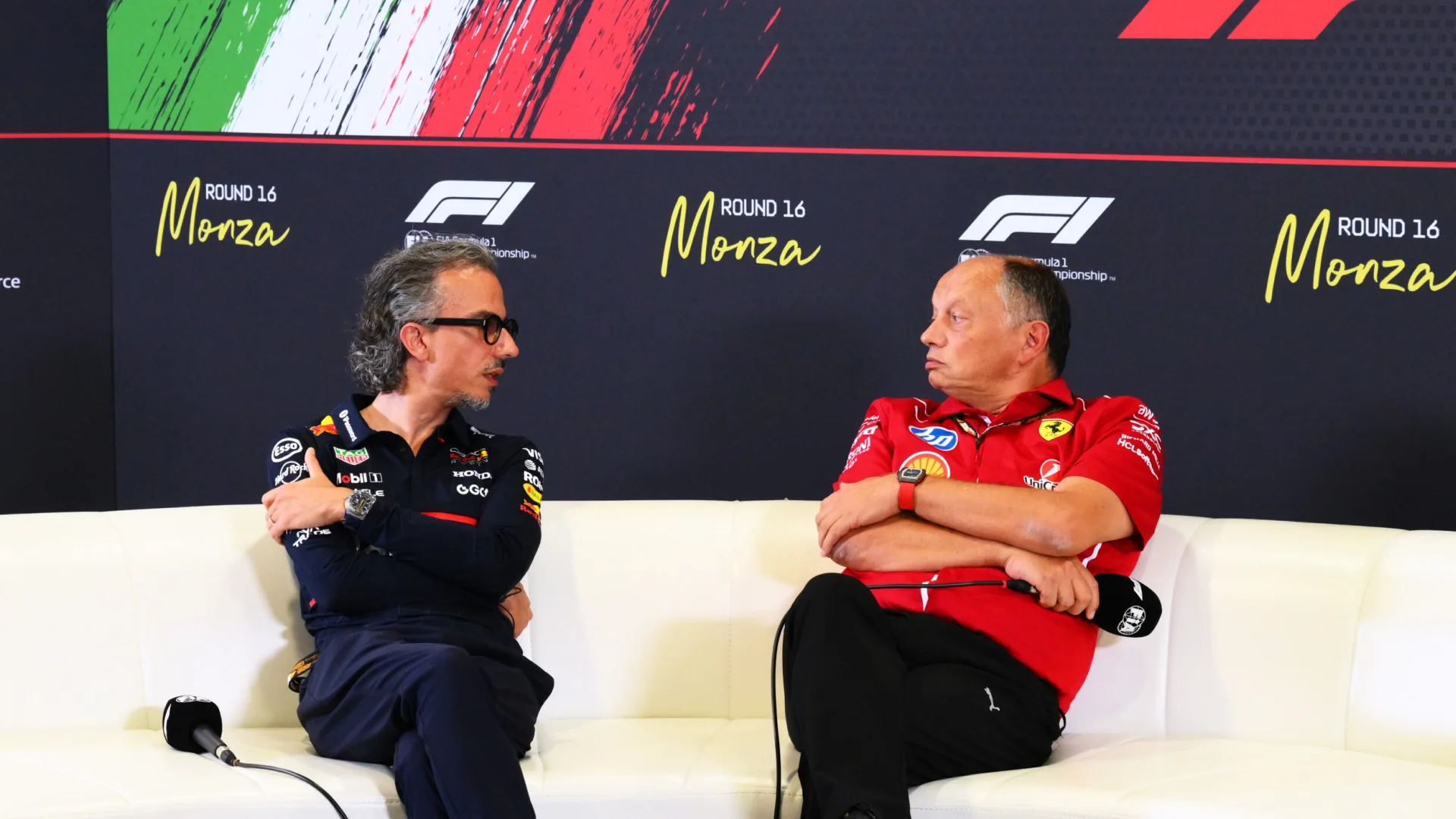

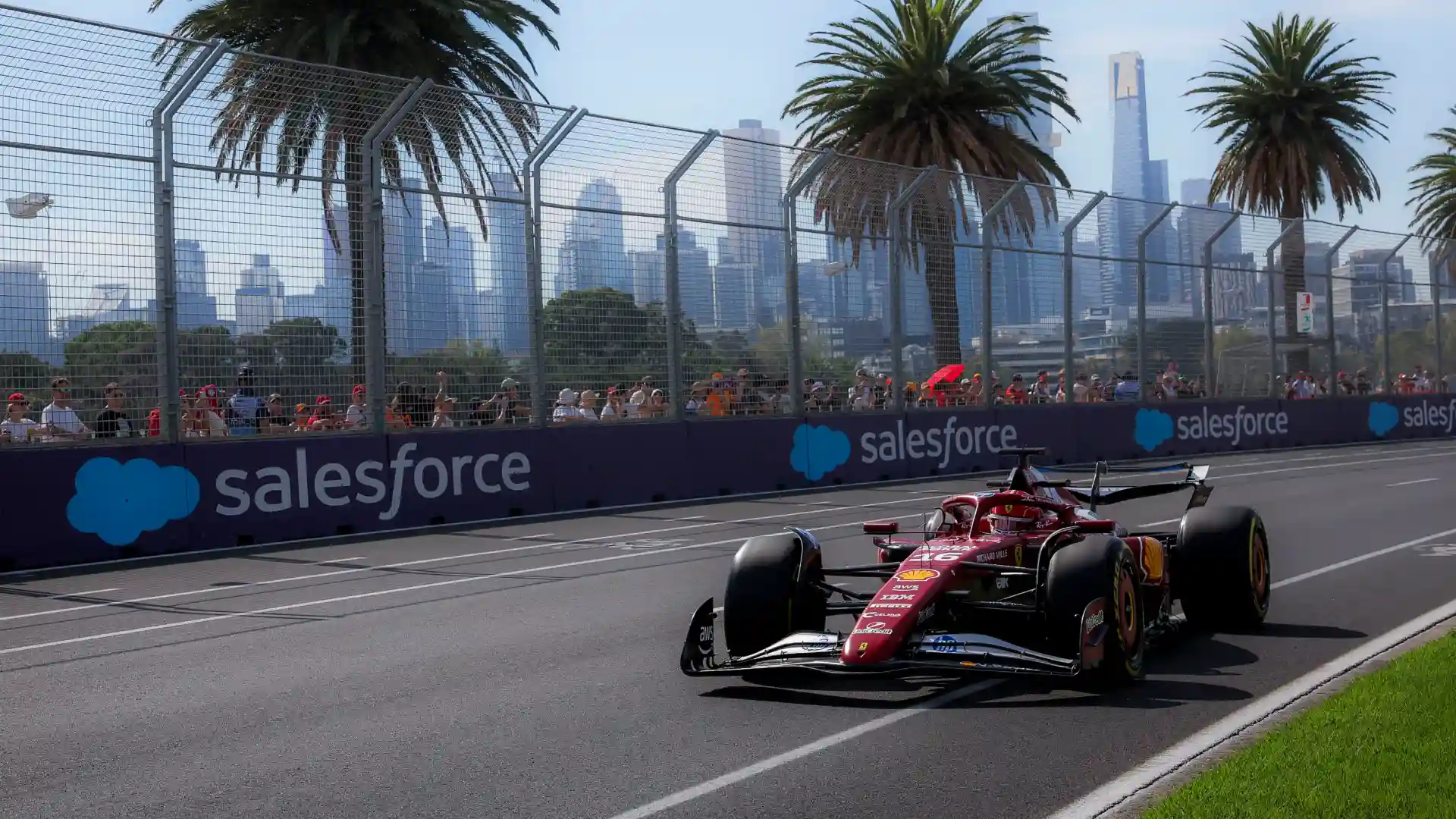
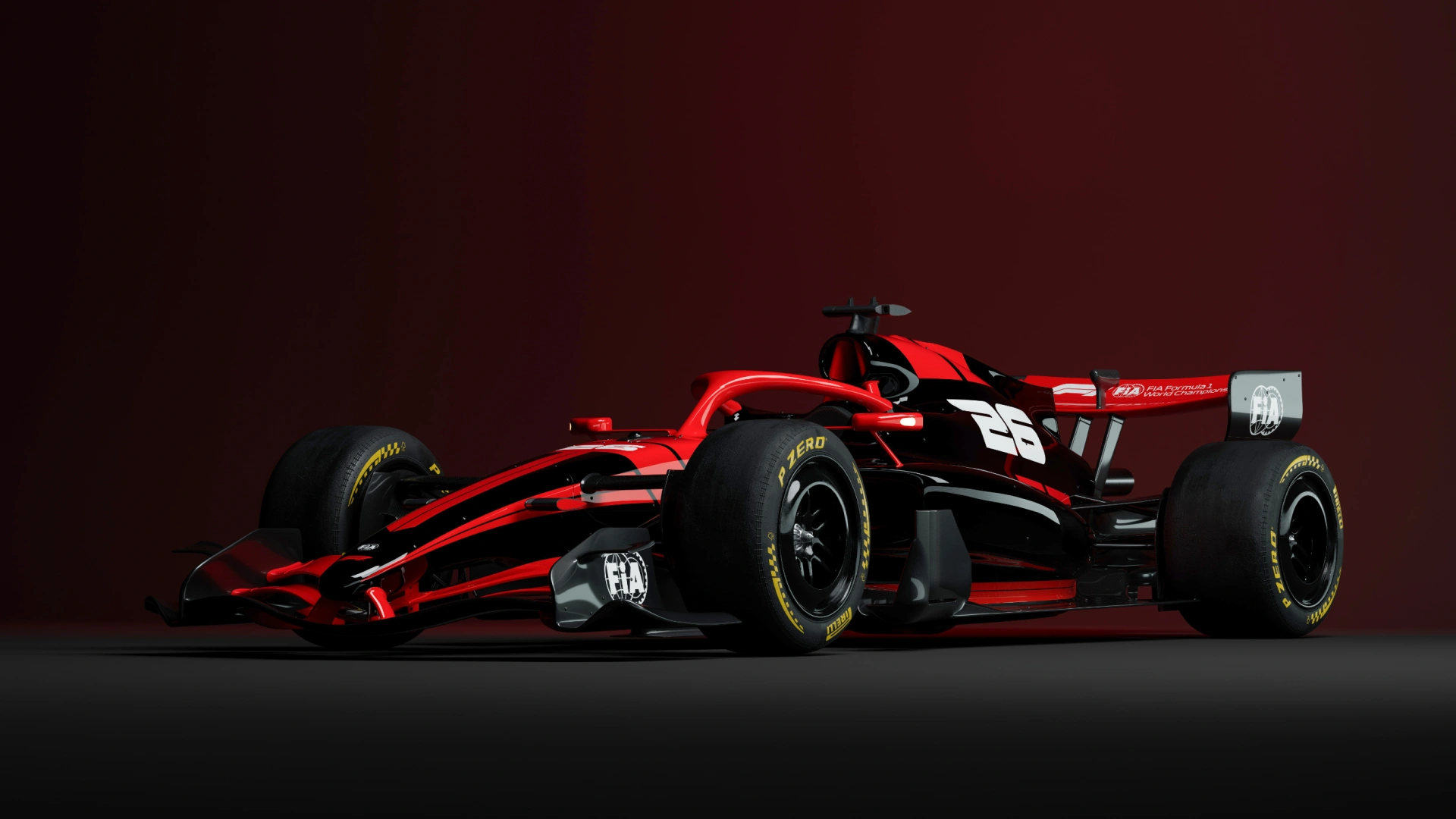
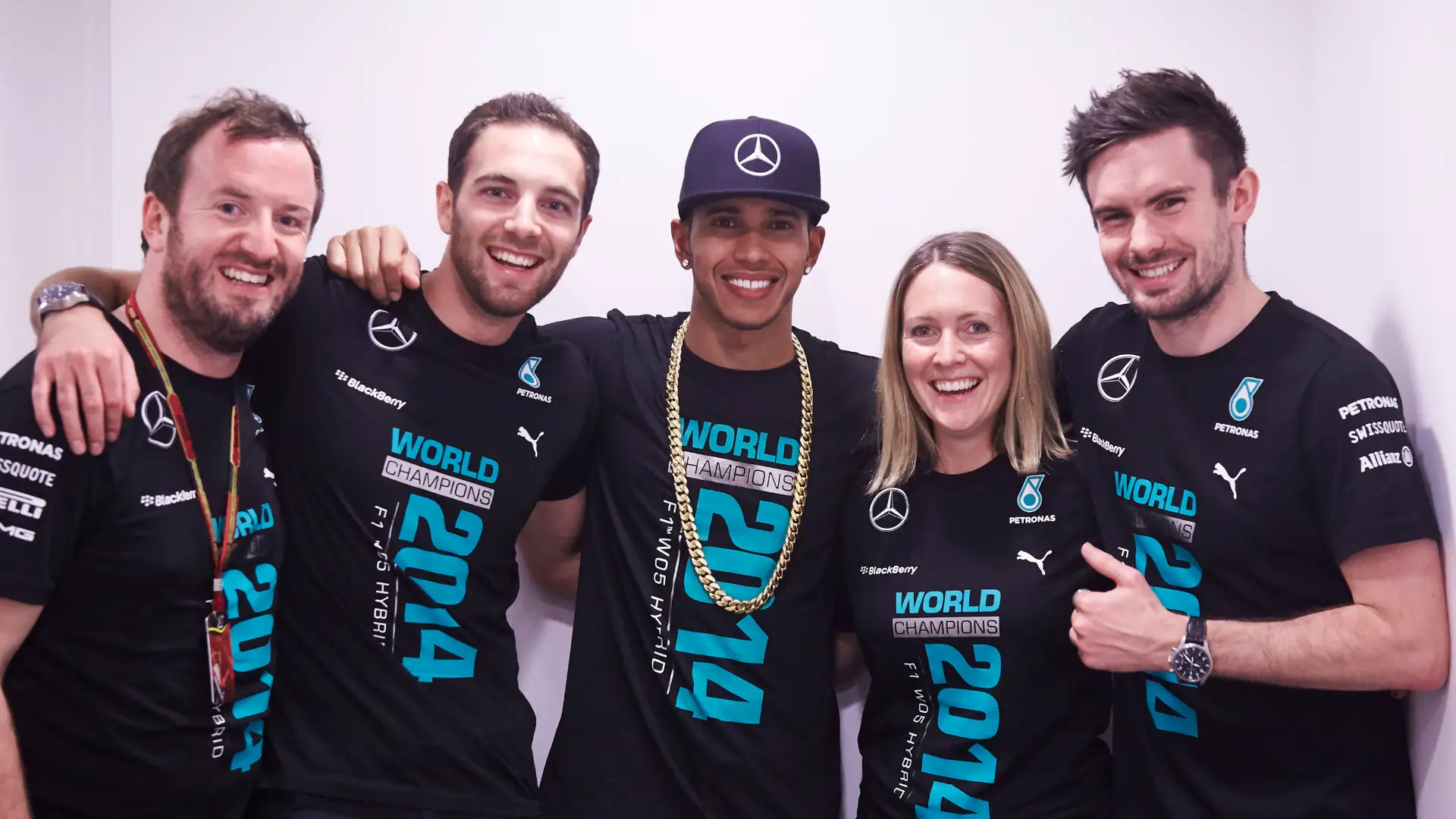
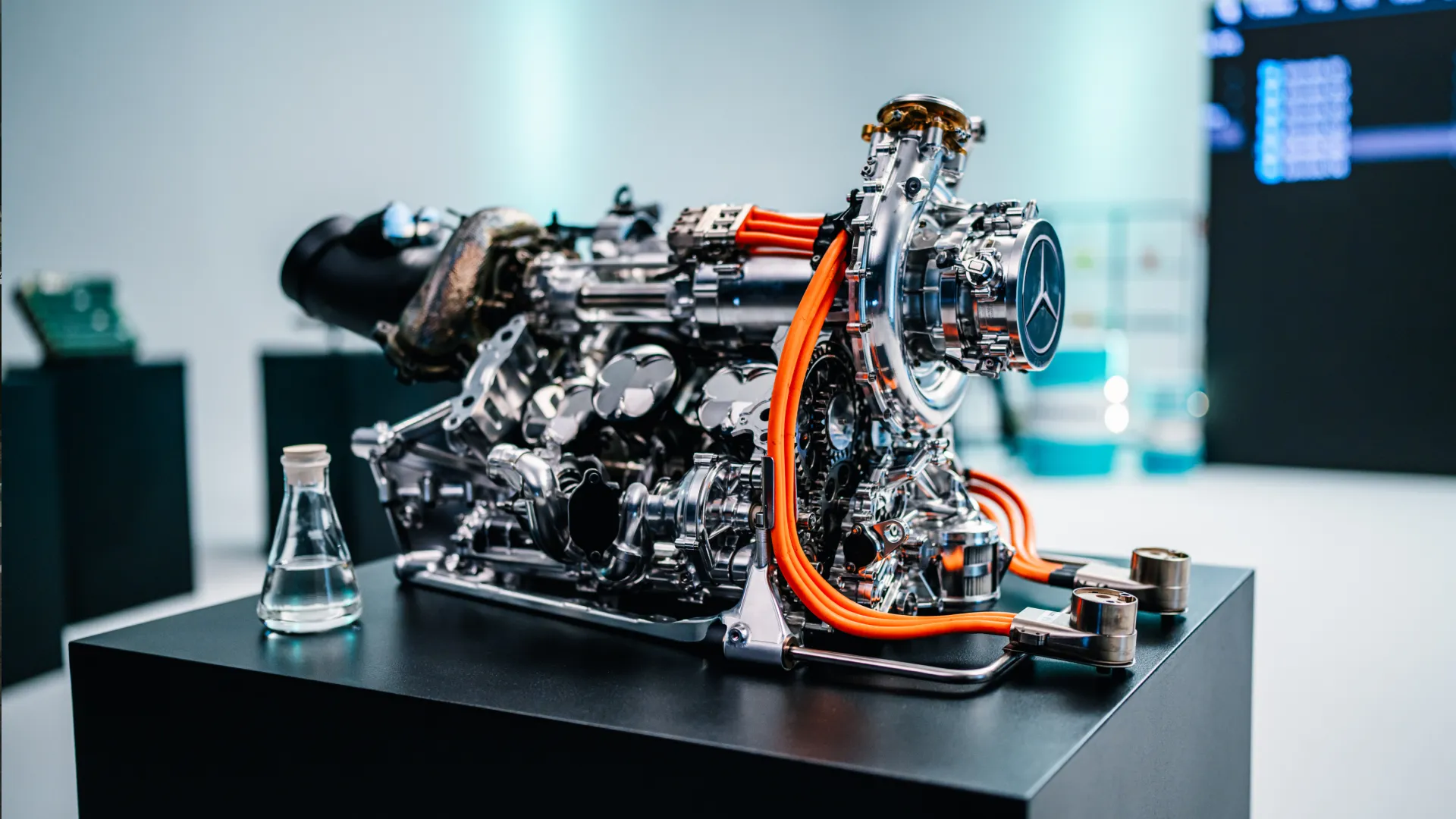
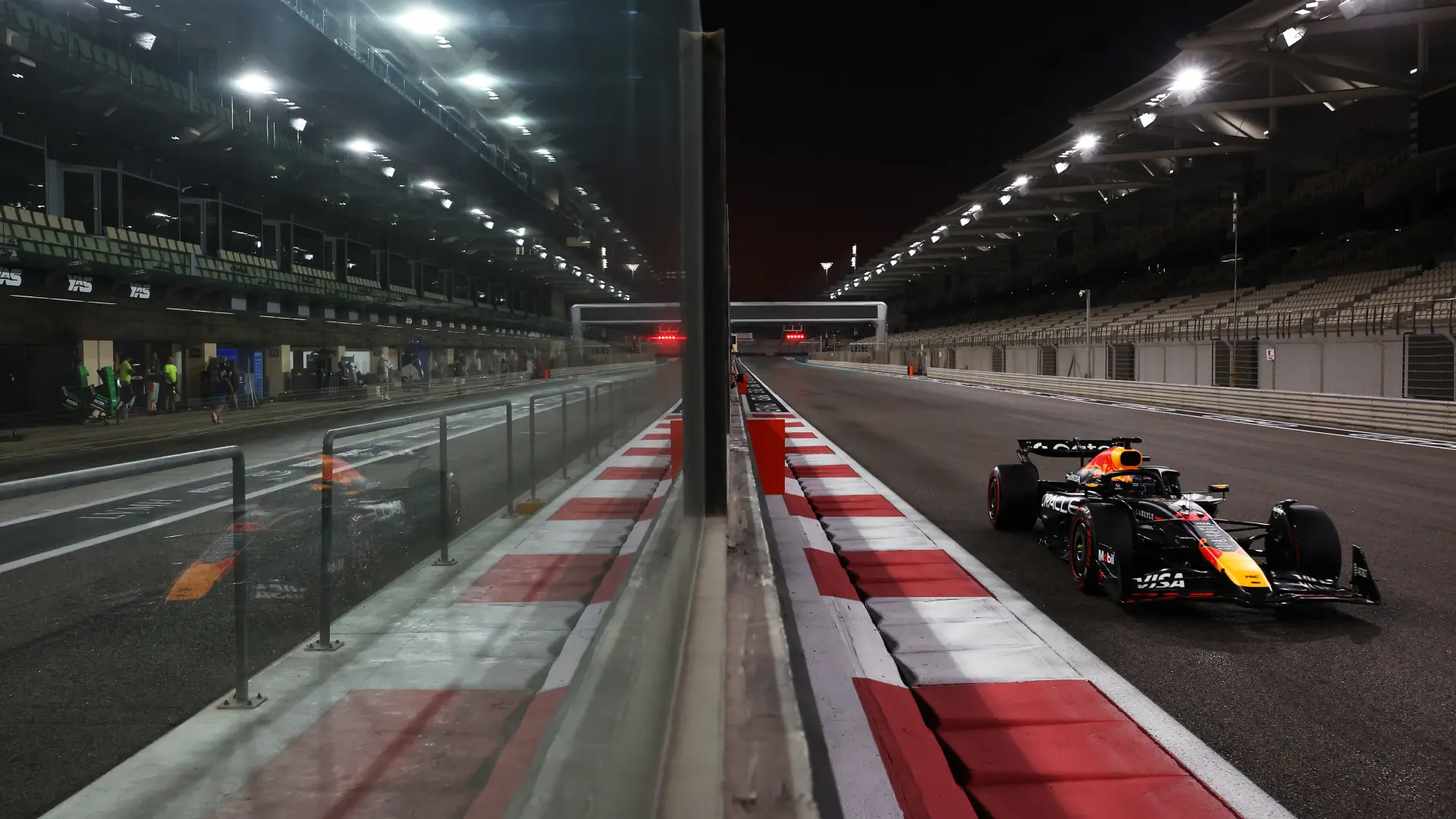
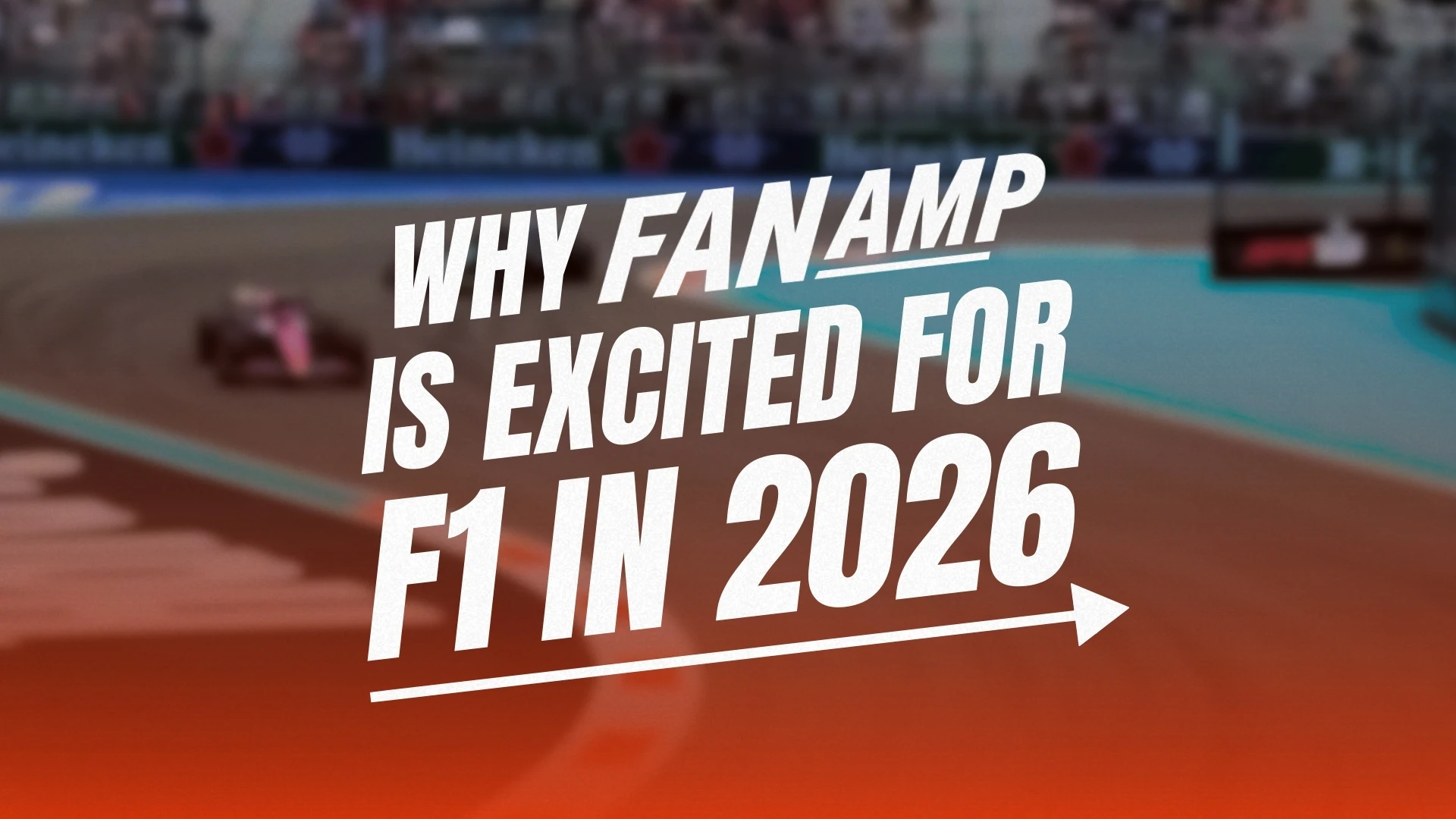
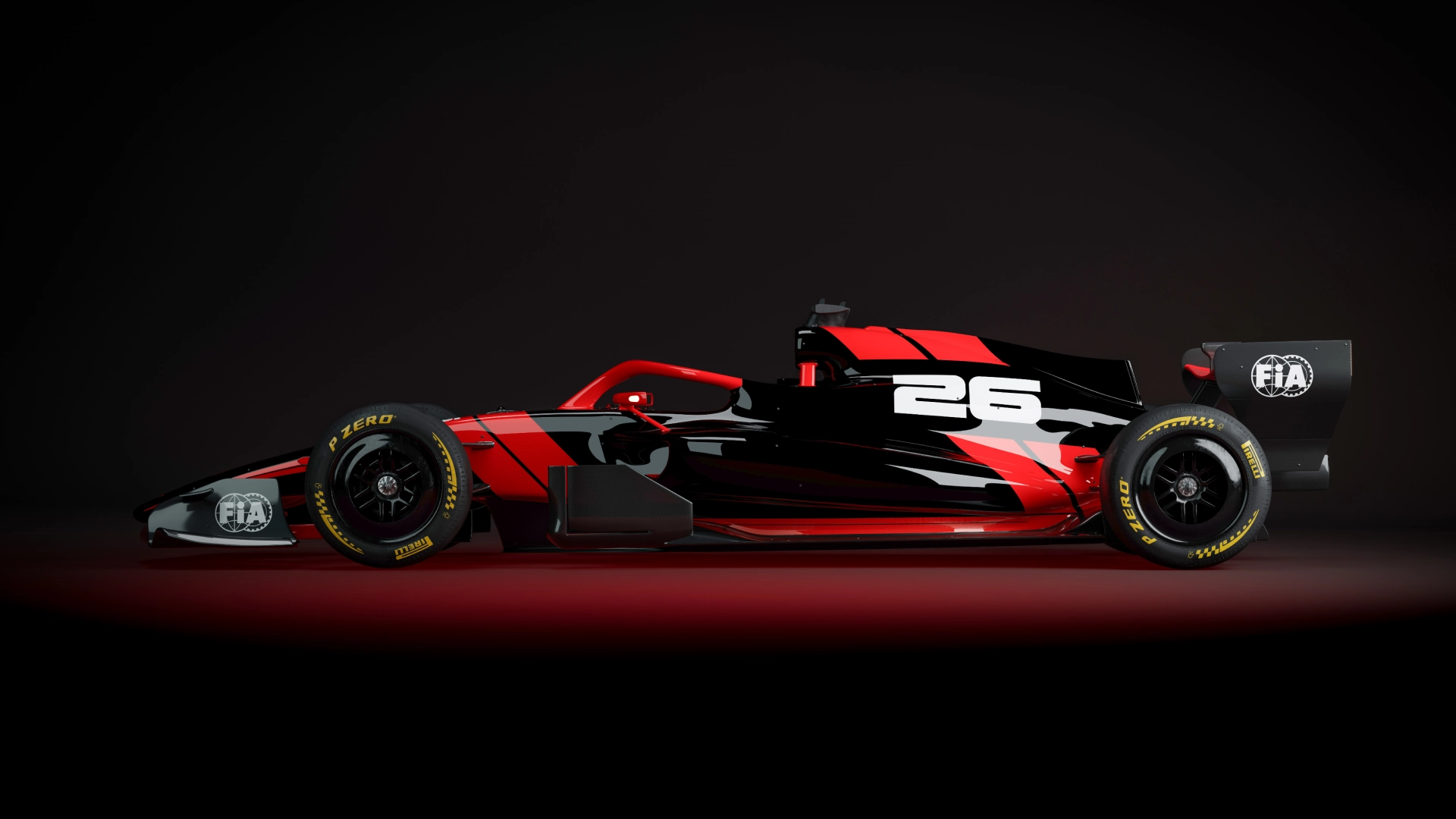
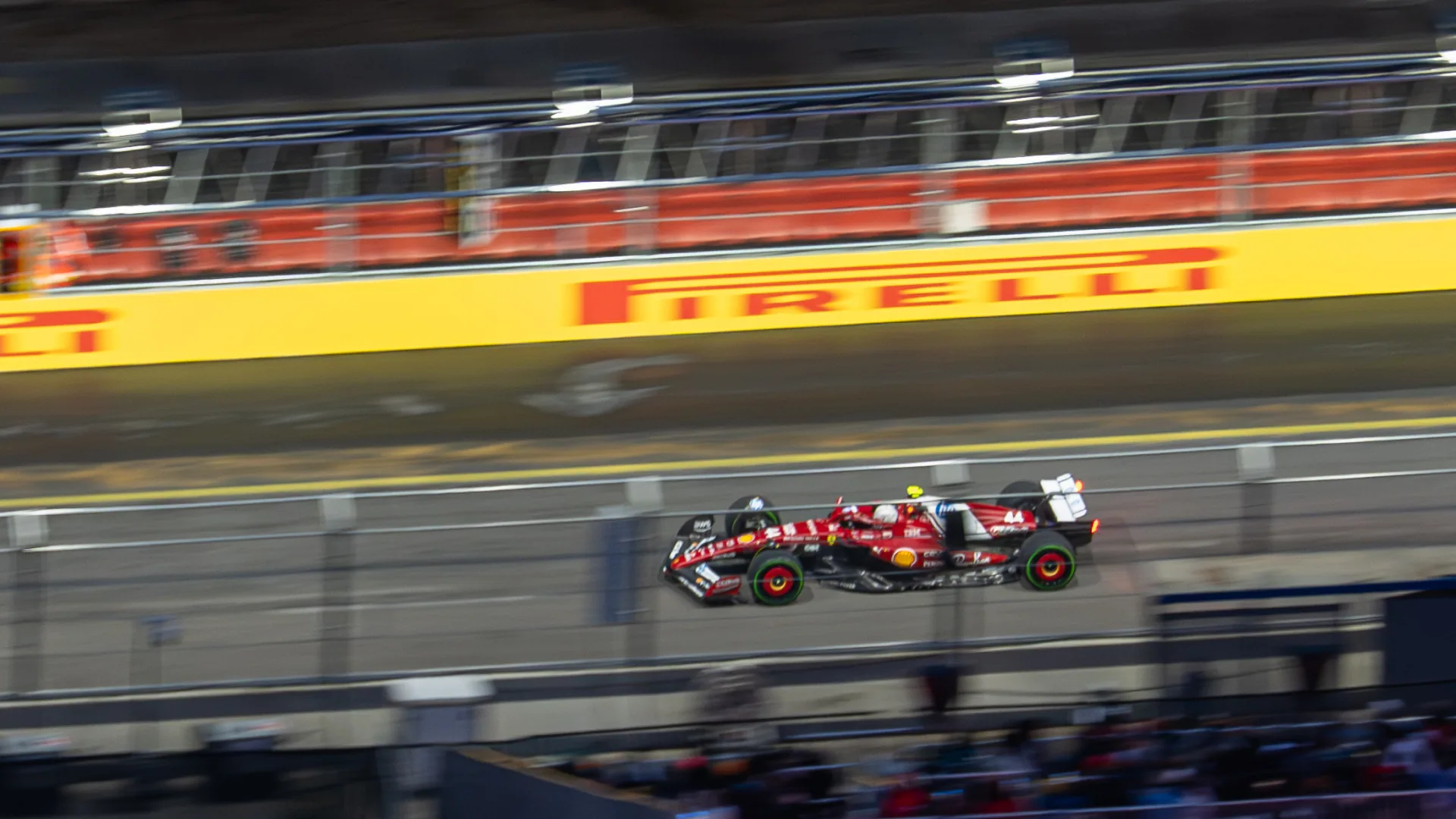
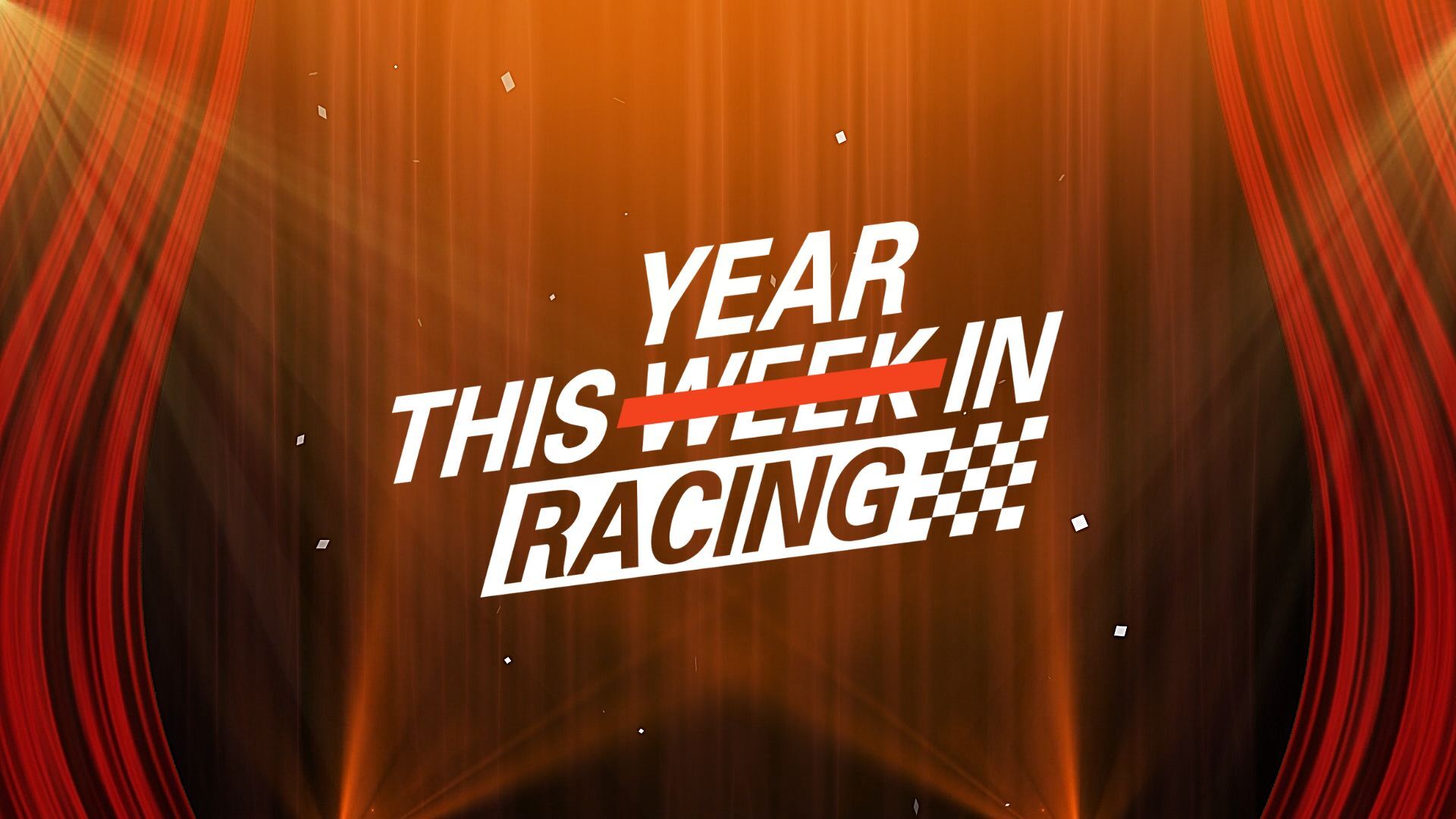
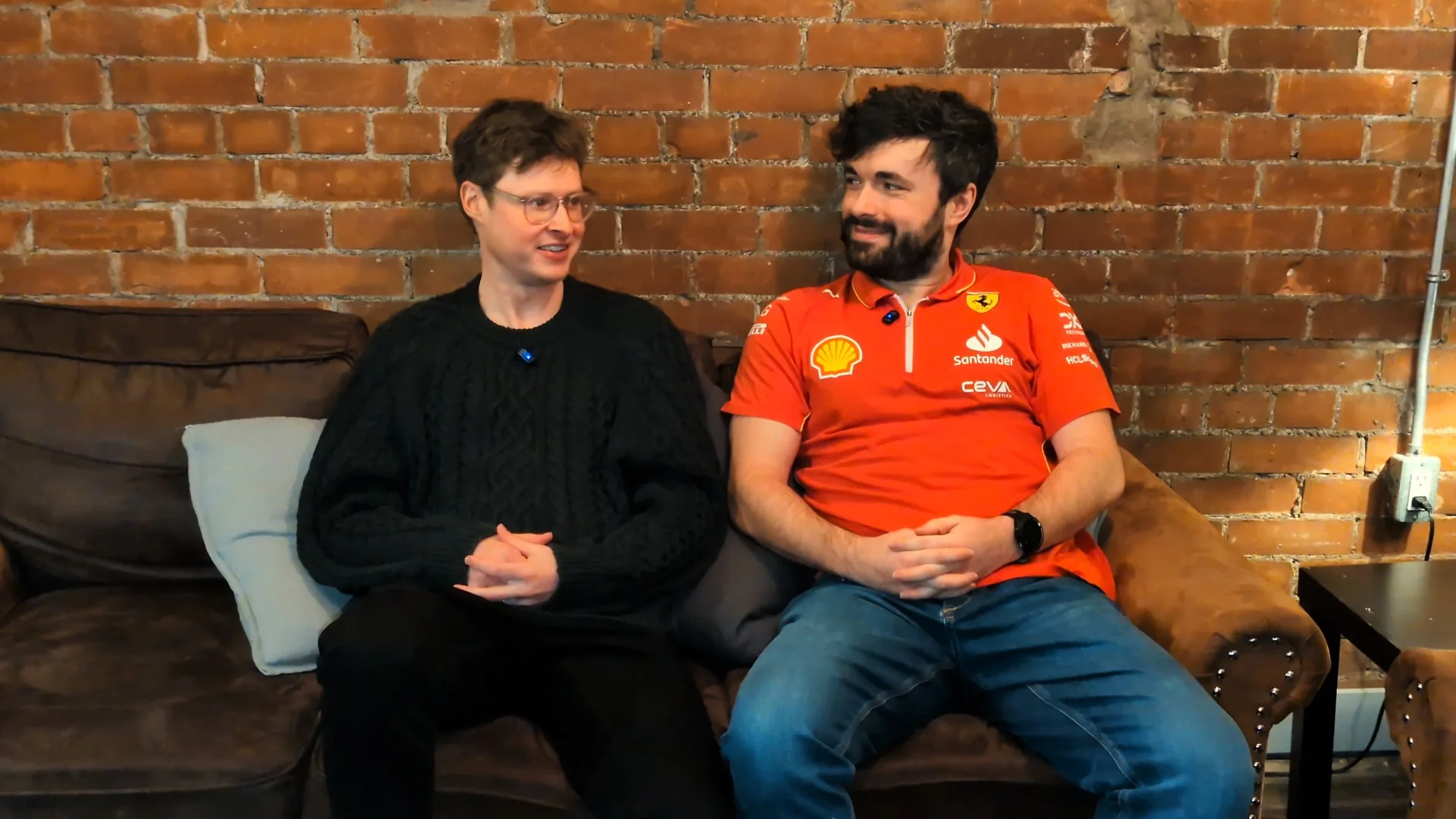
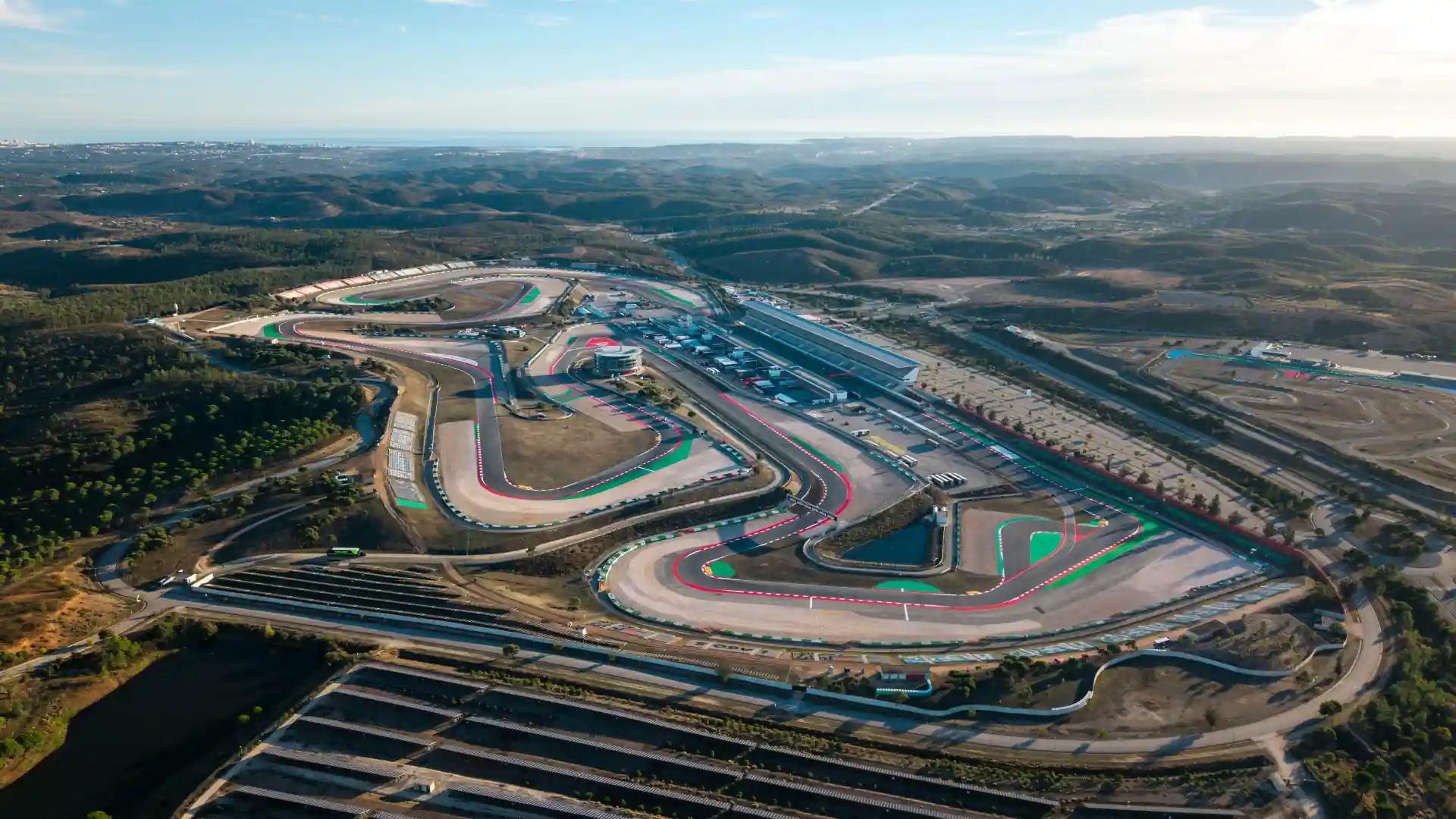
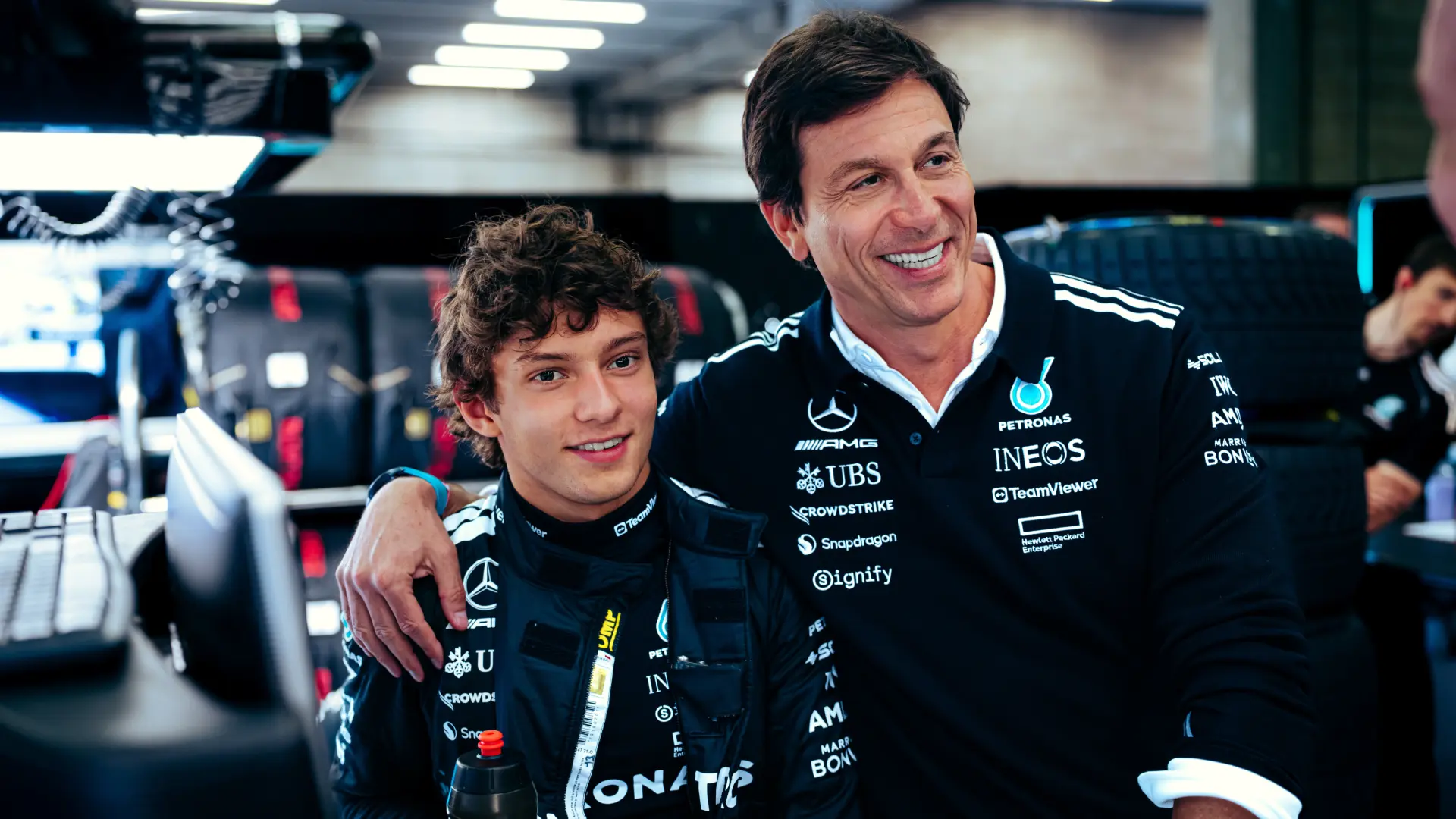

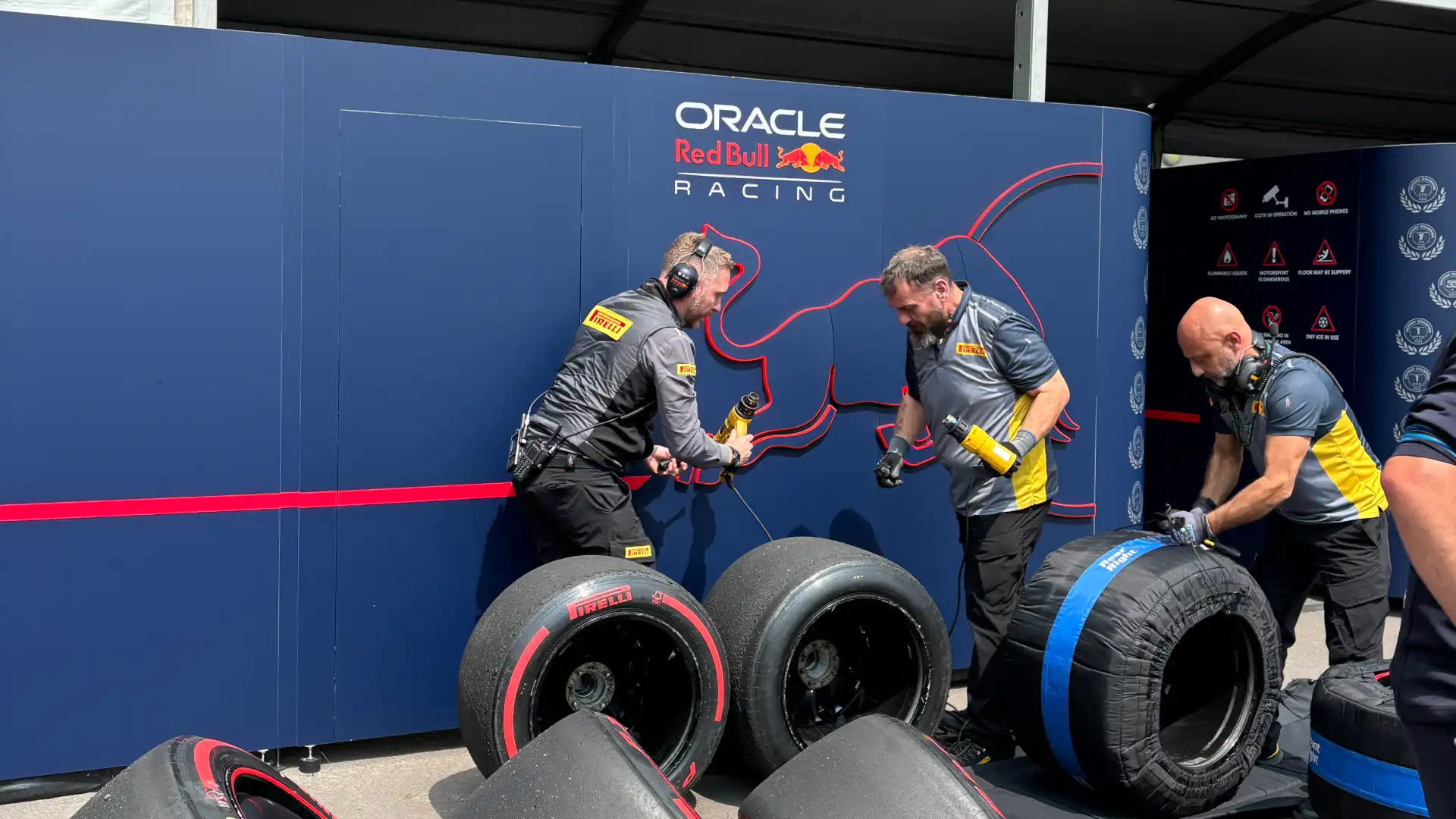
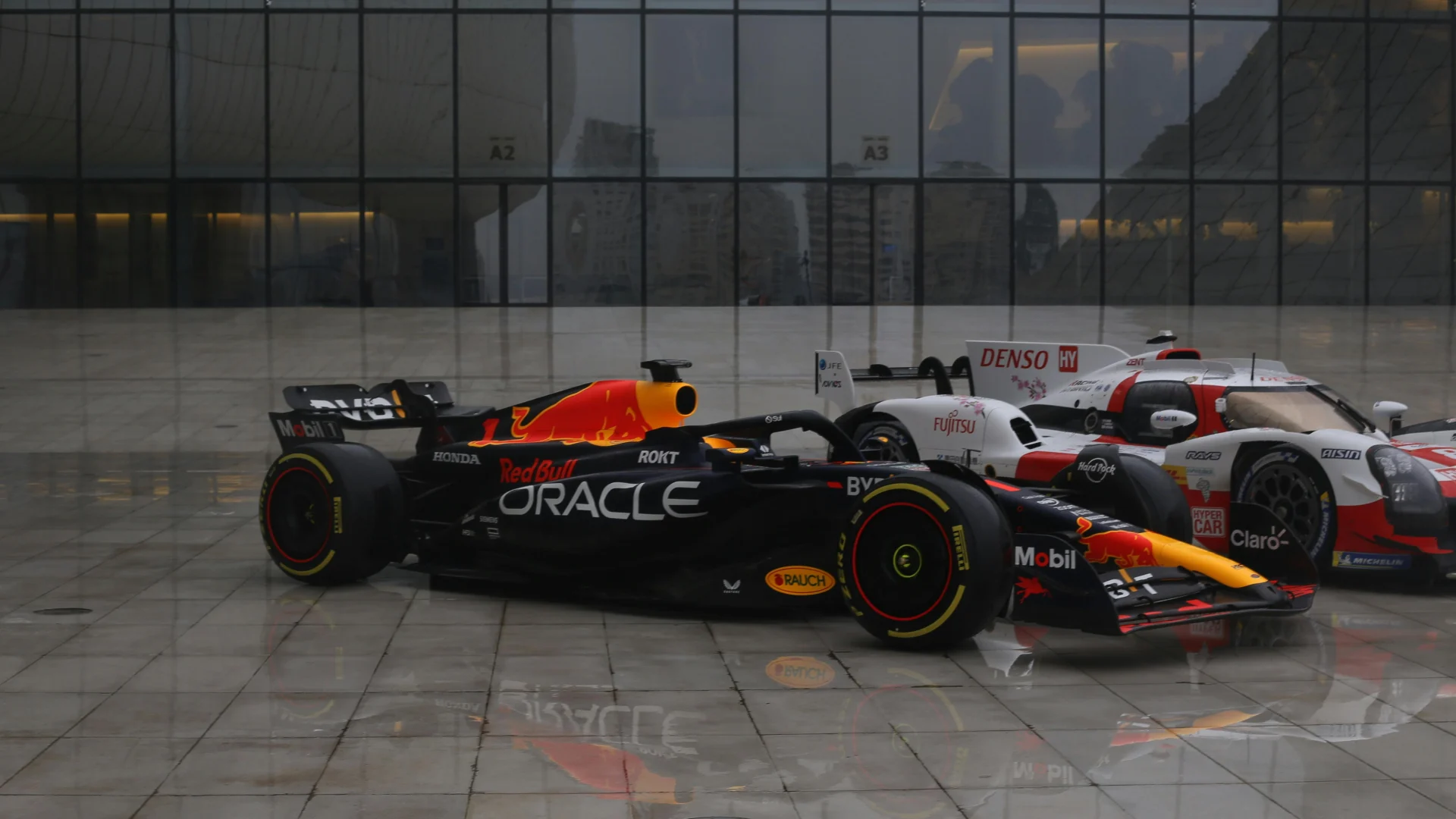

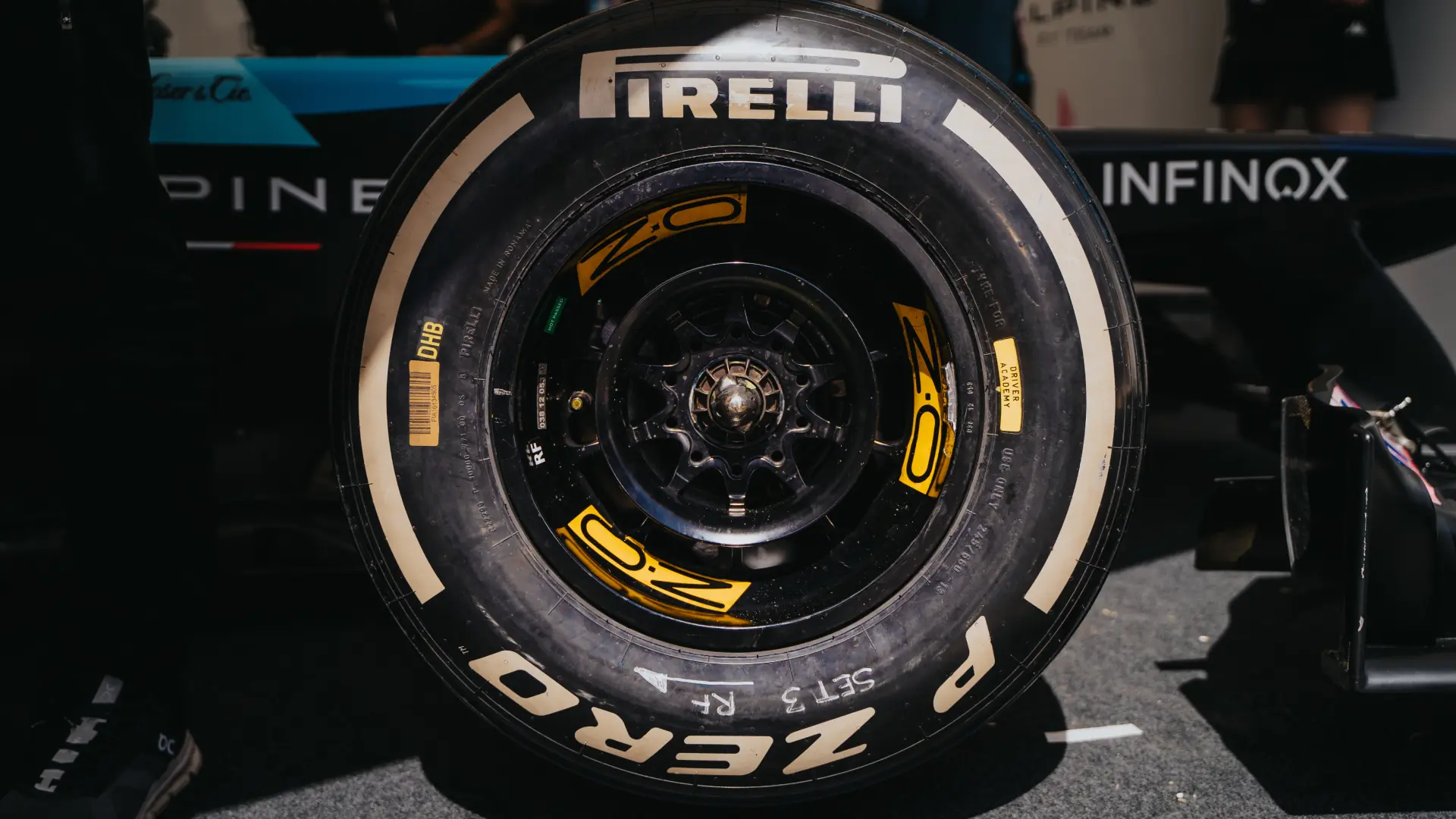
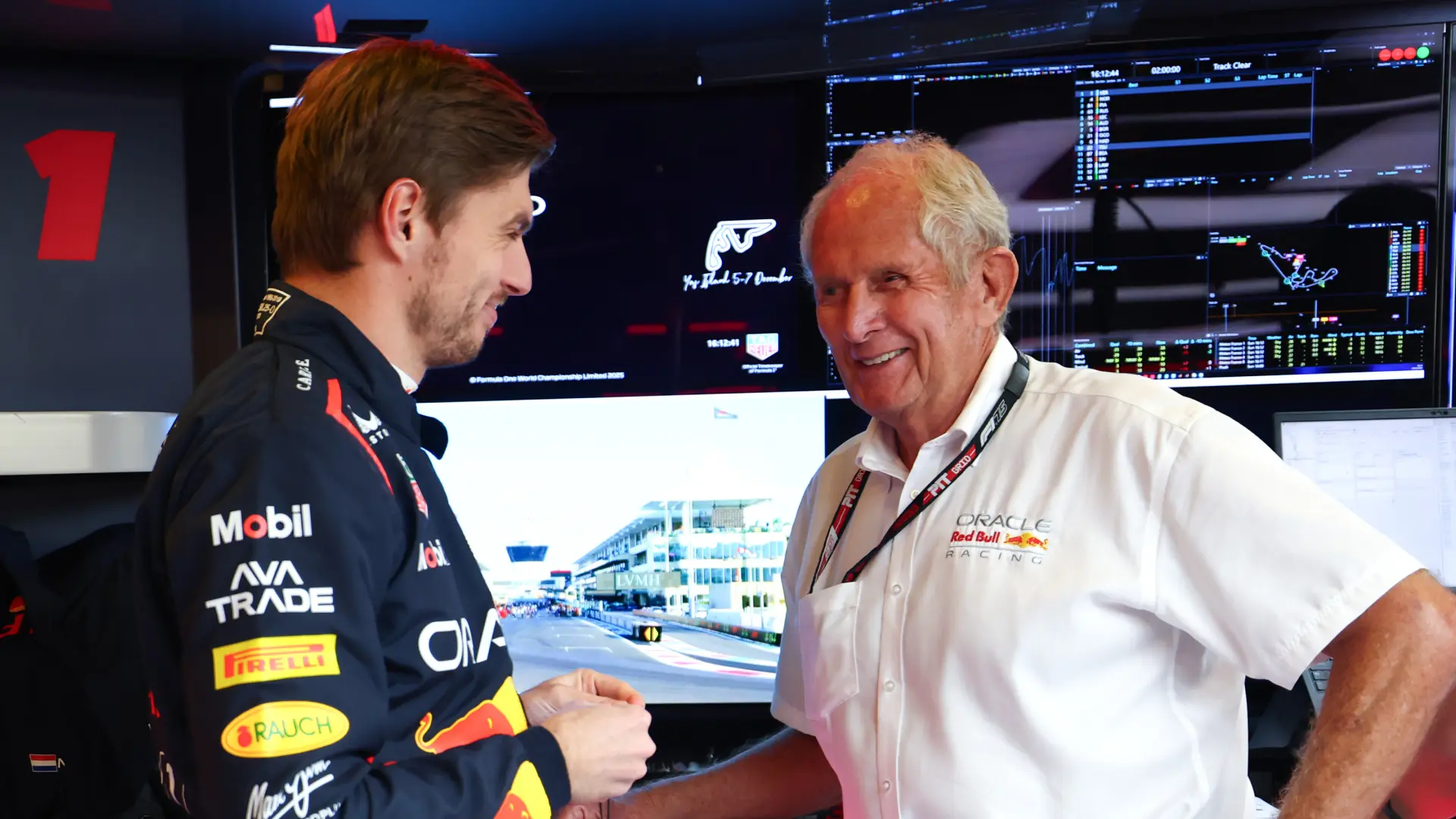

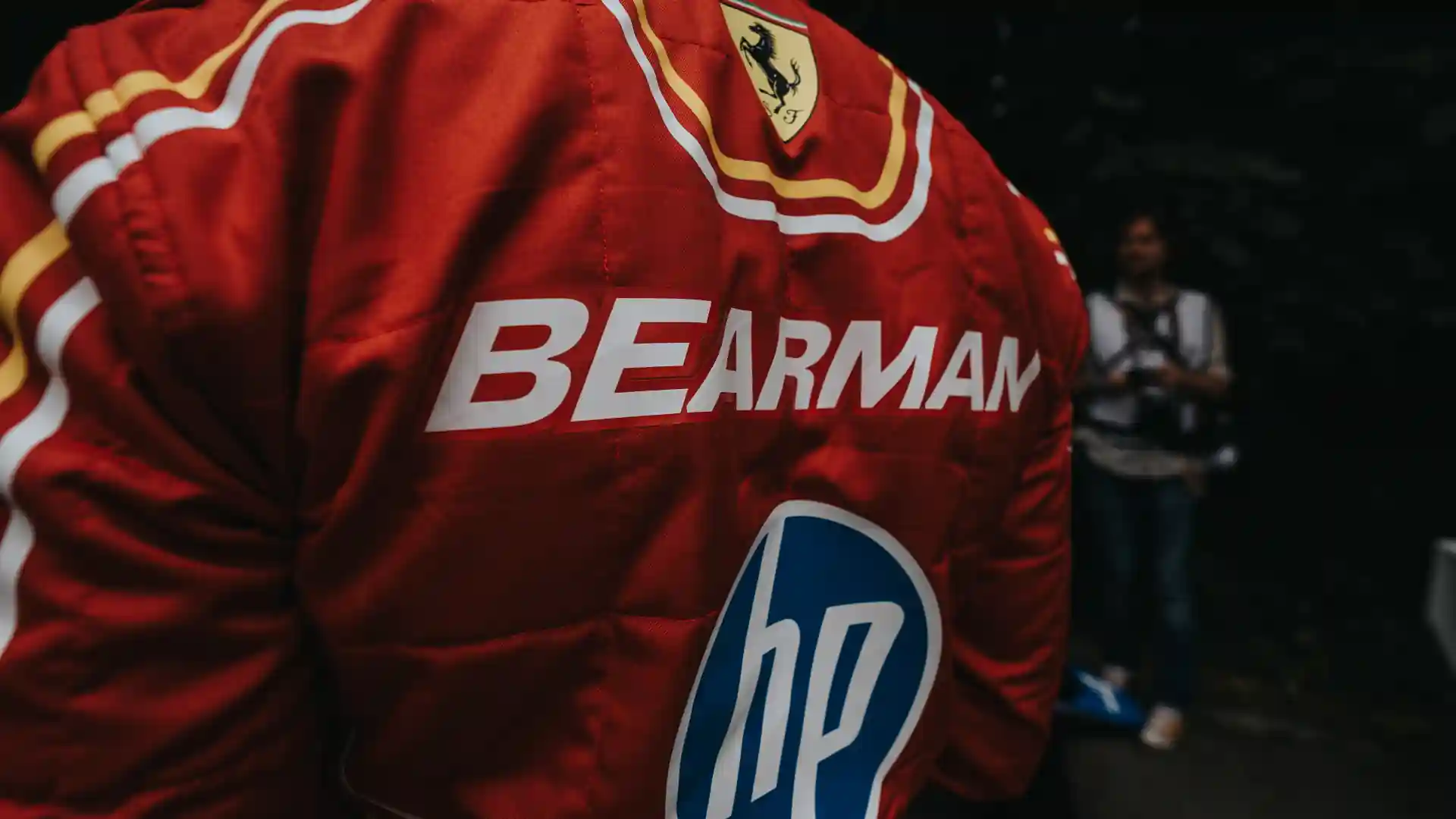
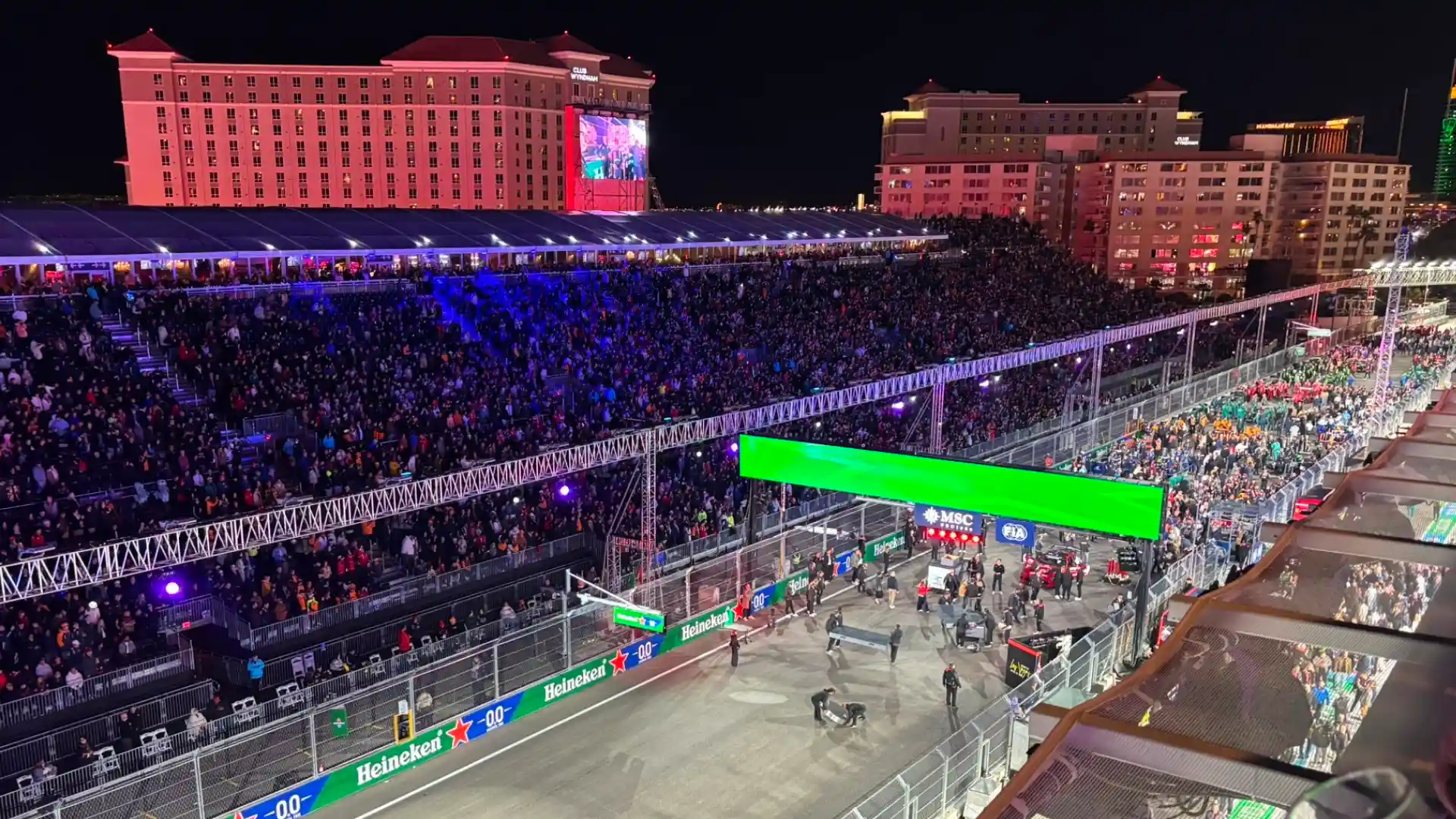
.webp)
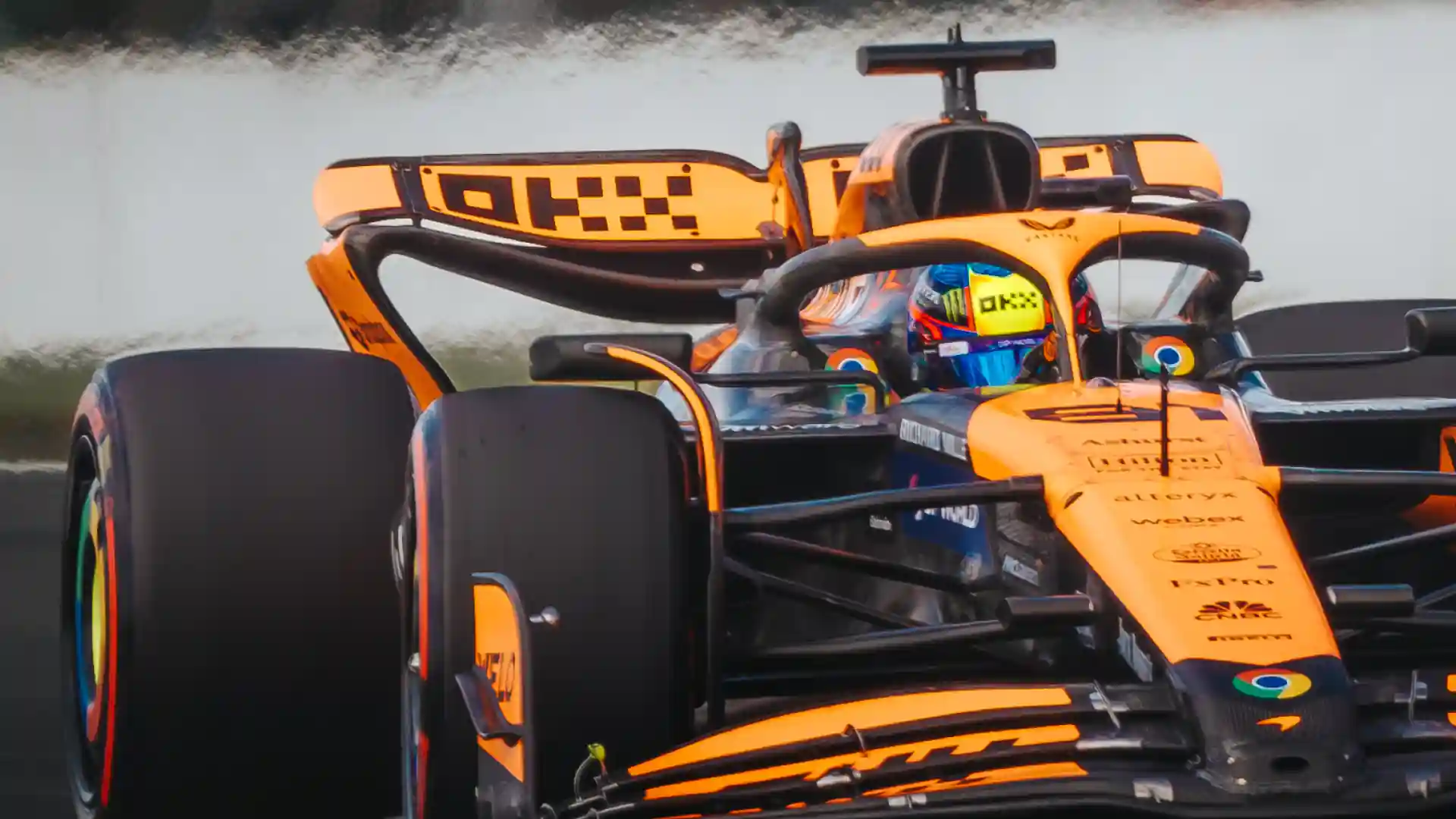

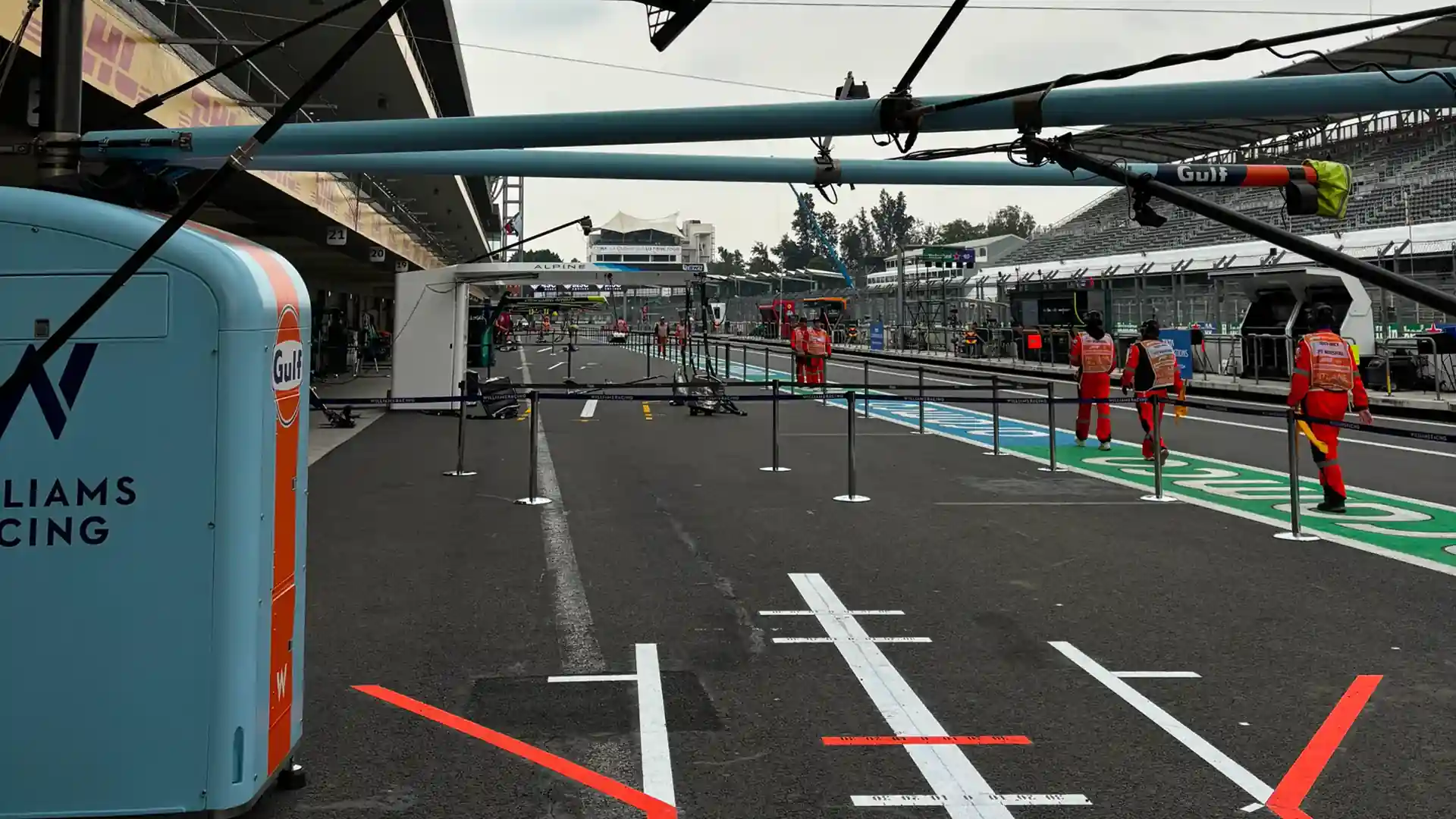

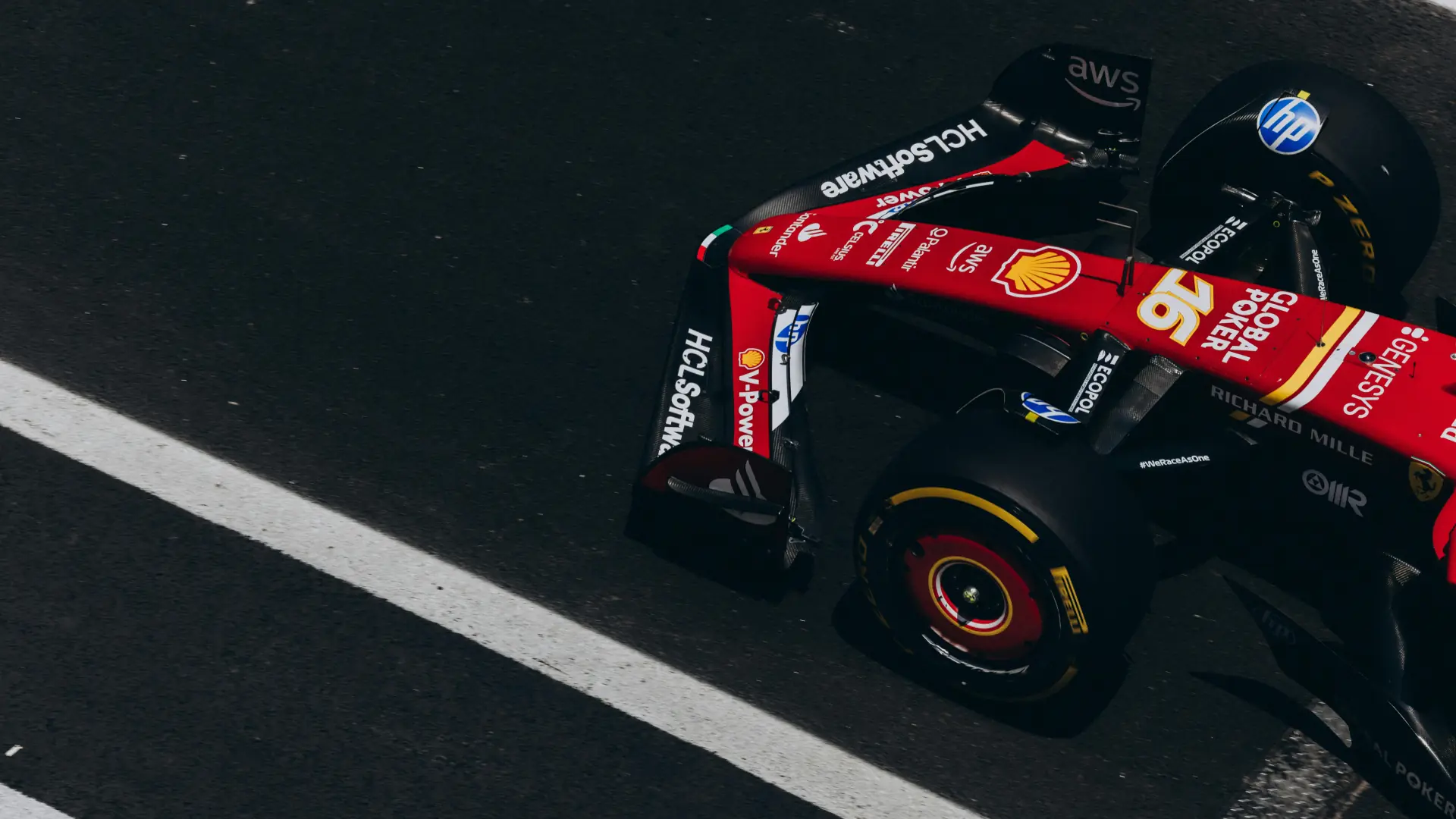



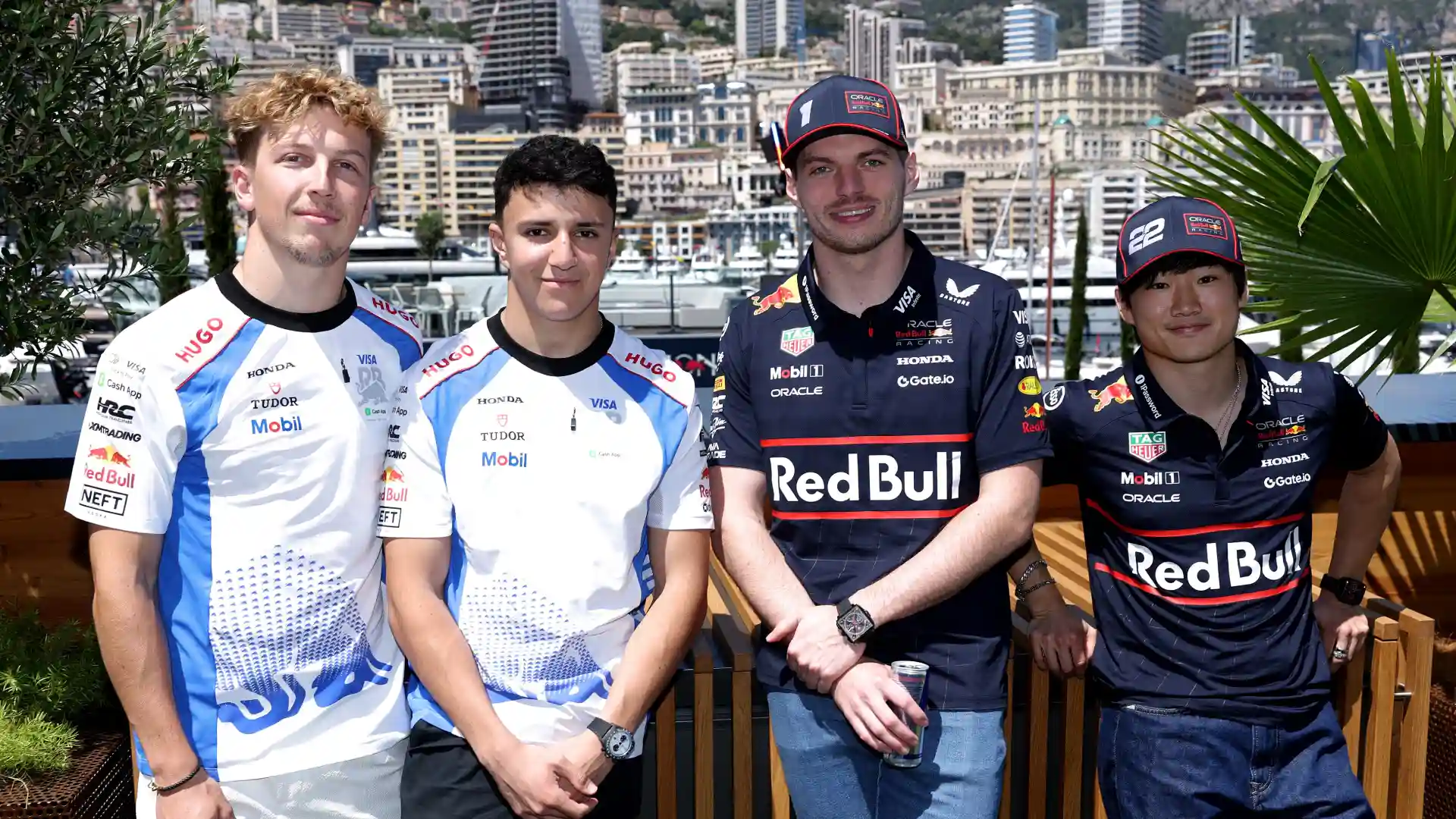
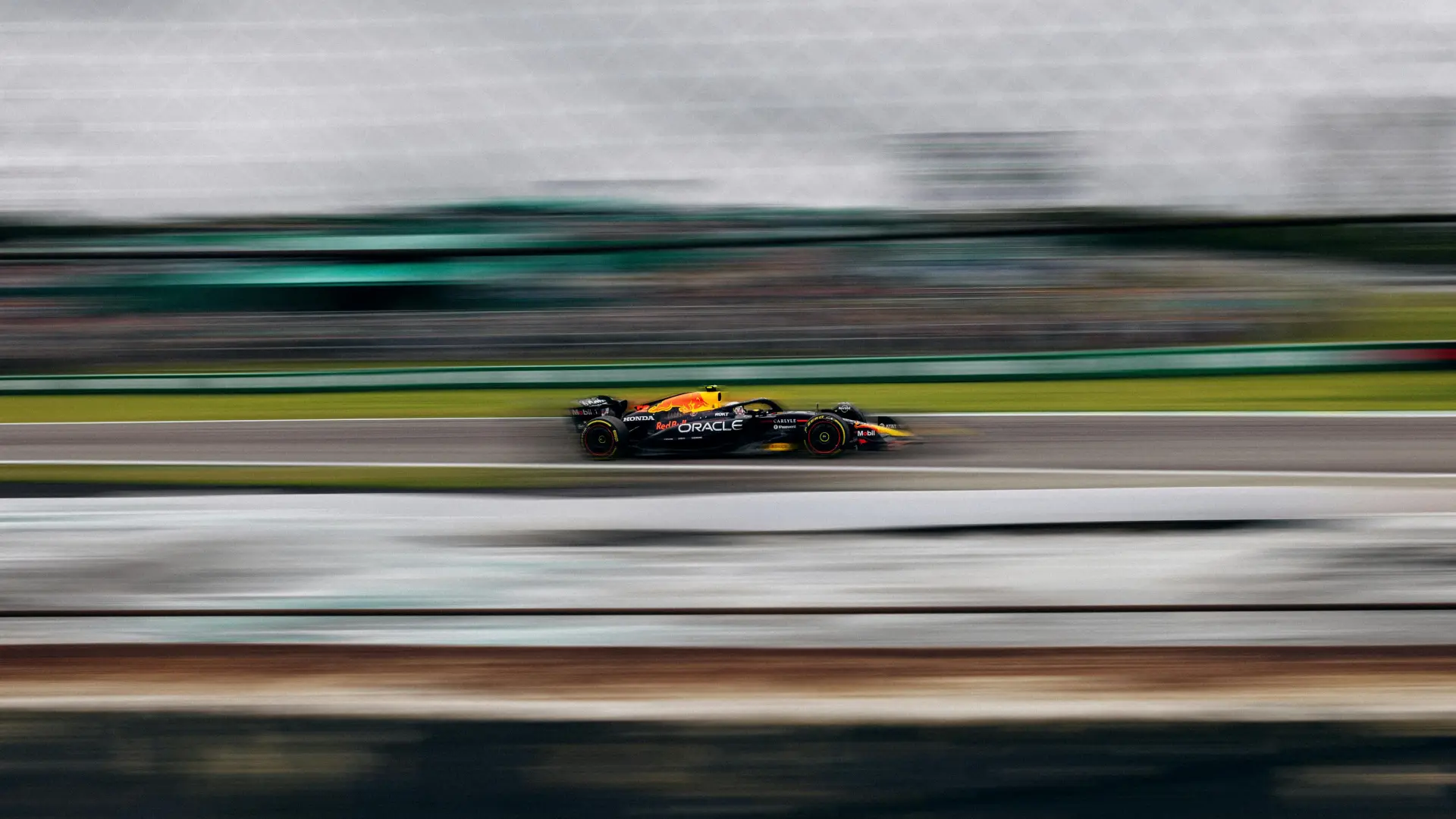
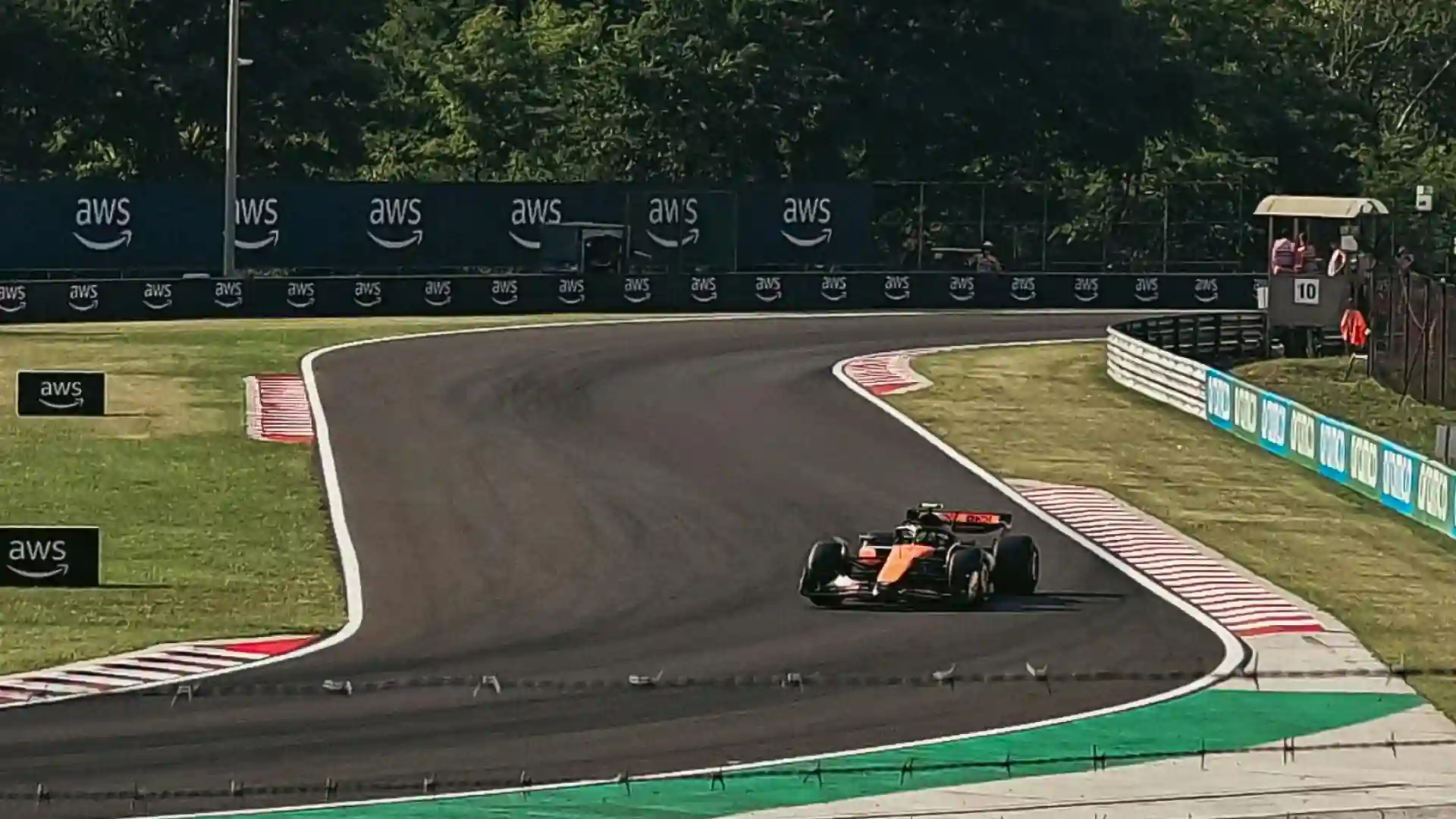

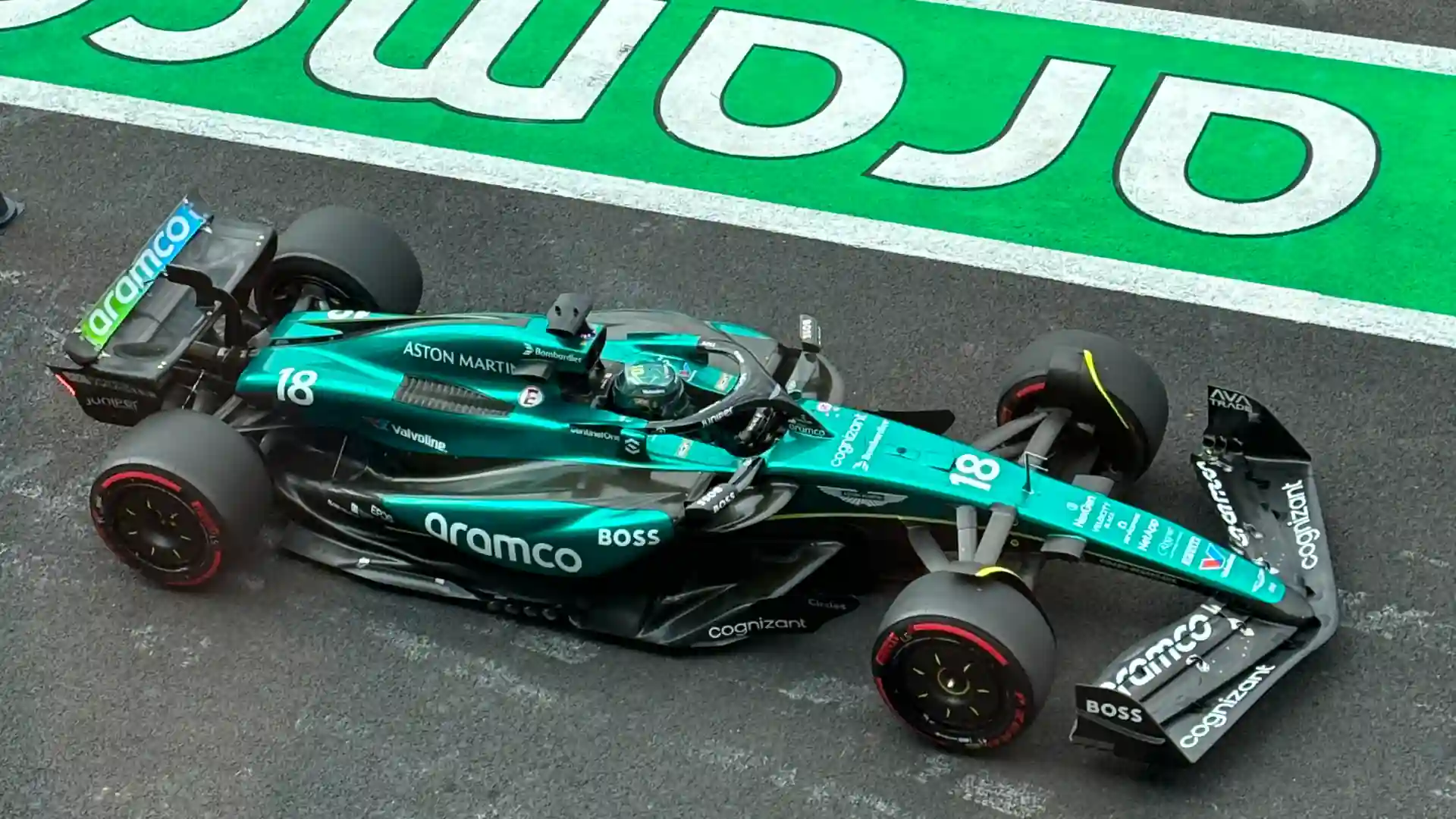
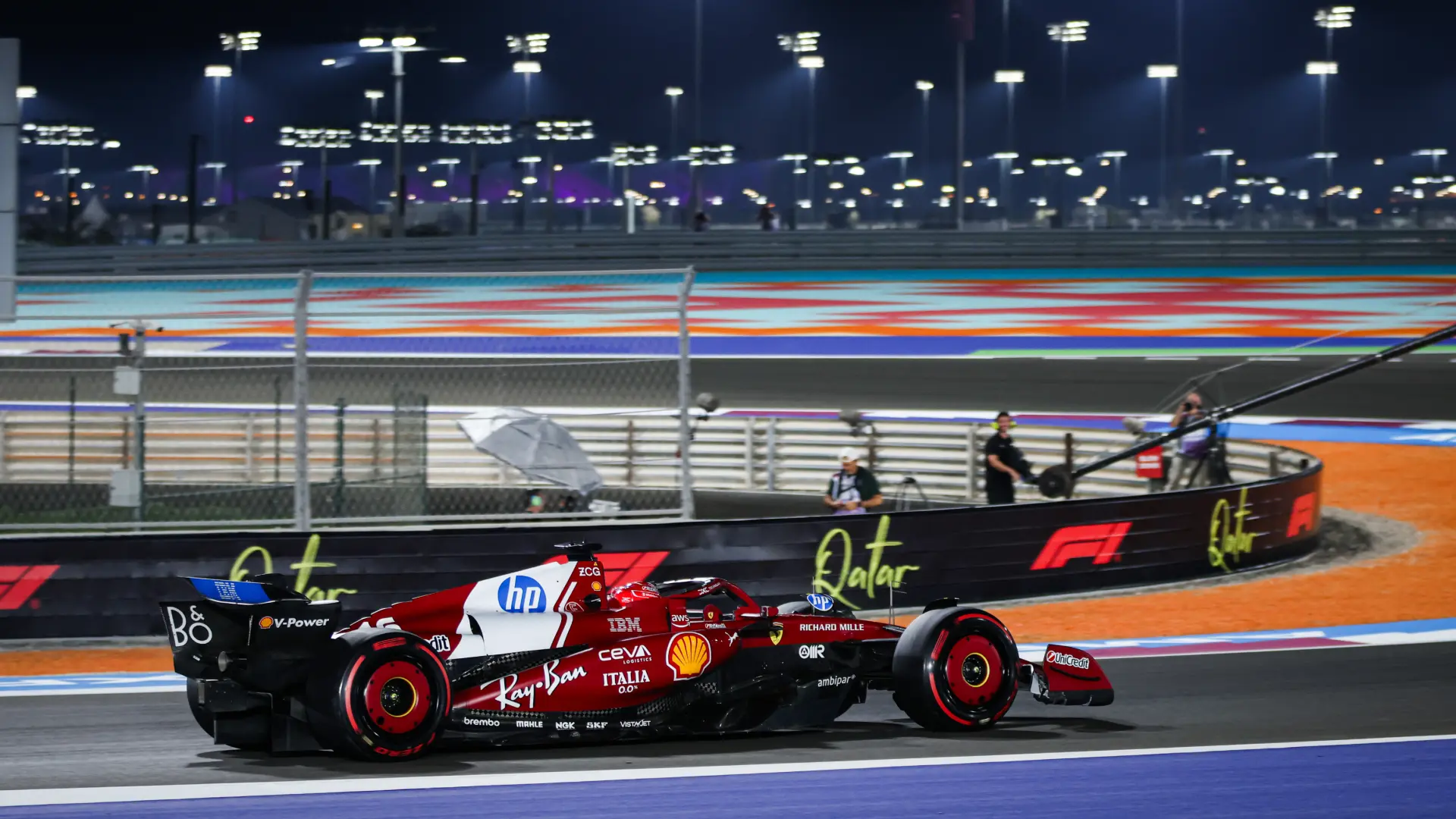

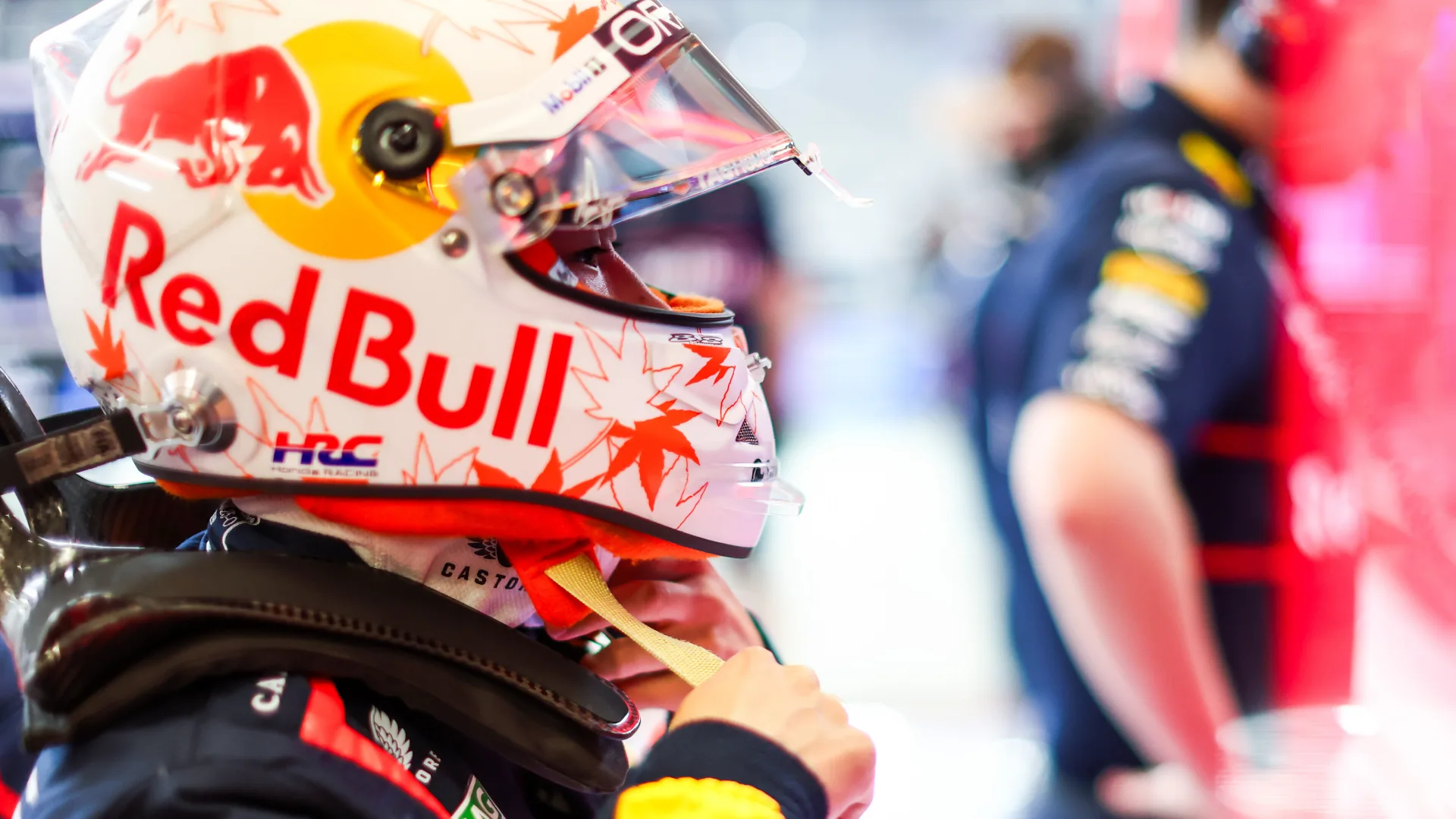

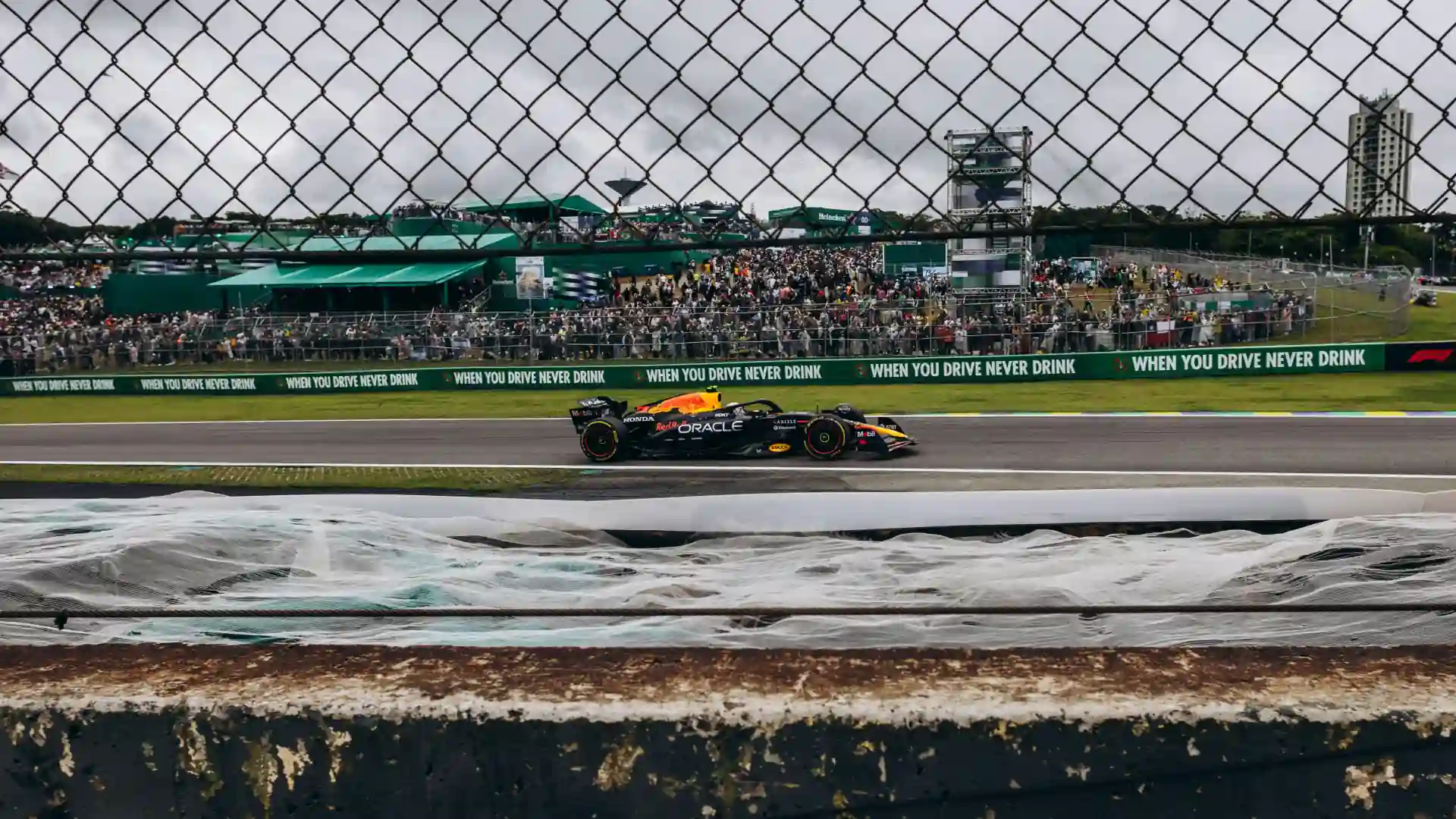

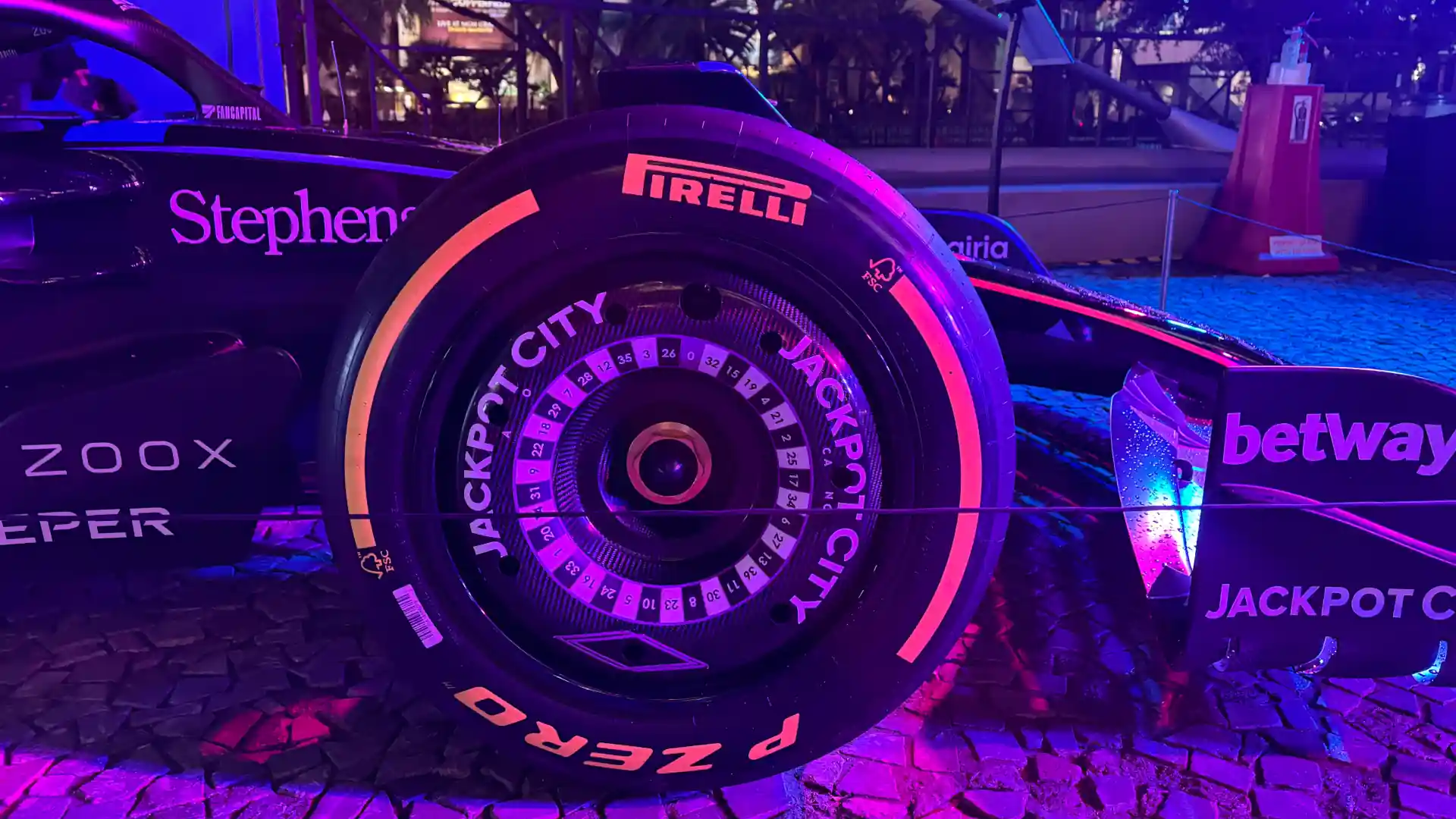


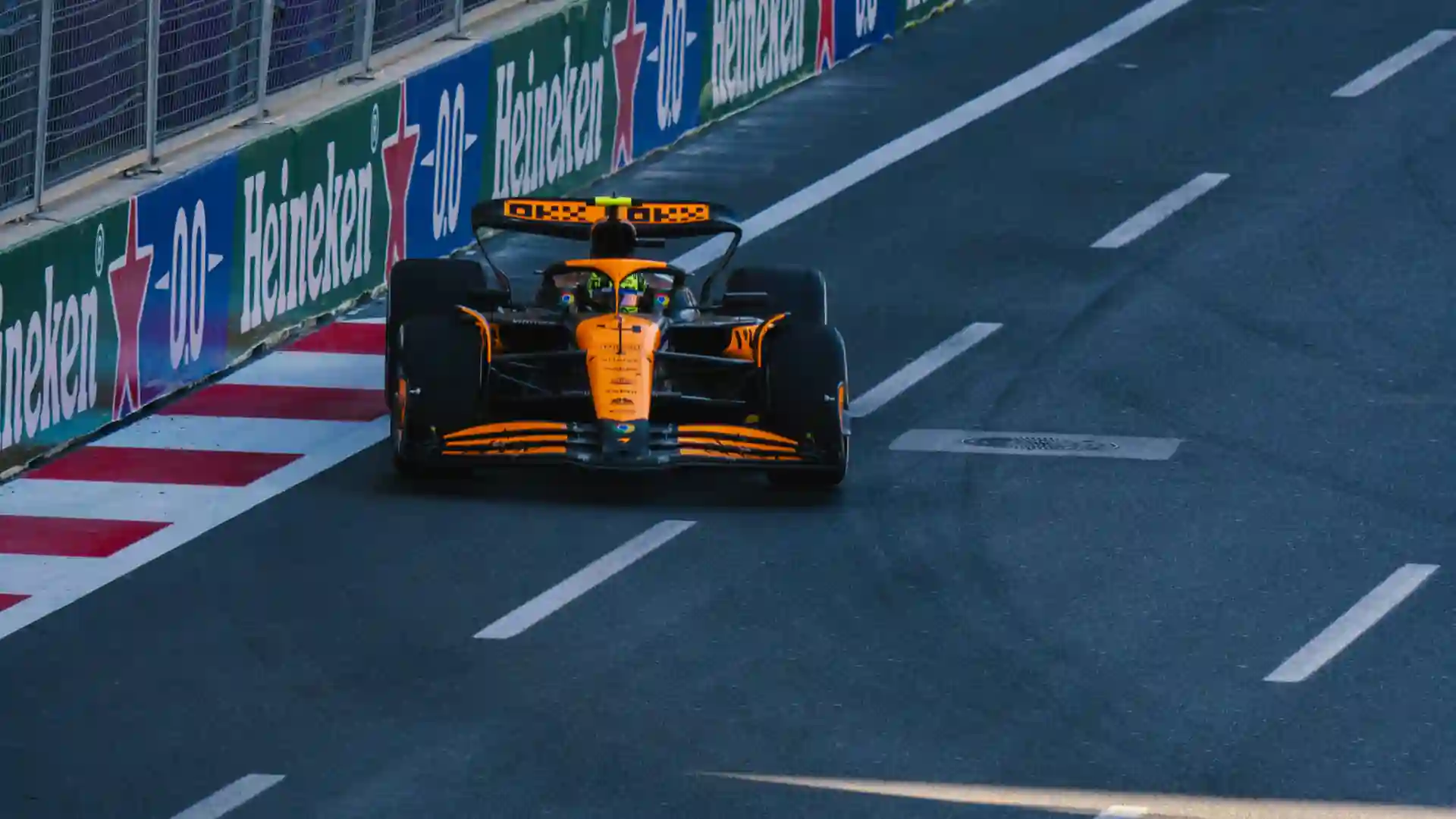
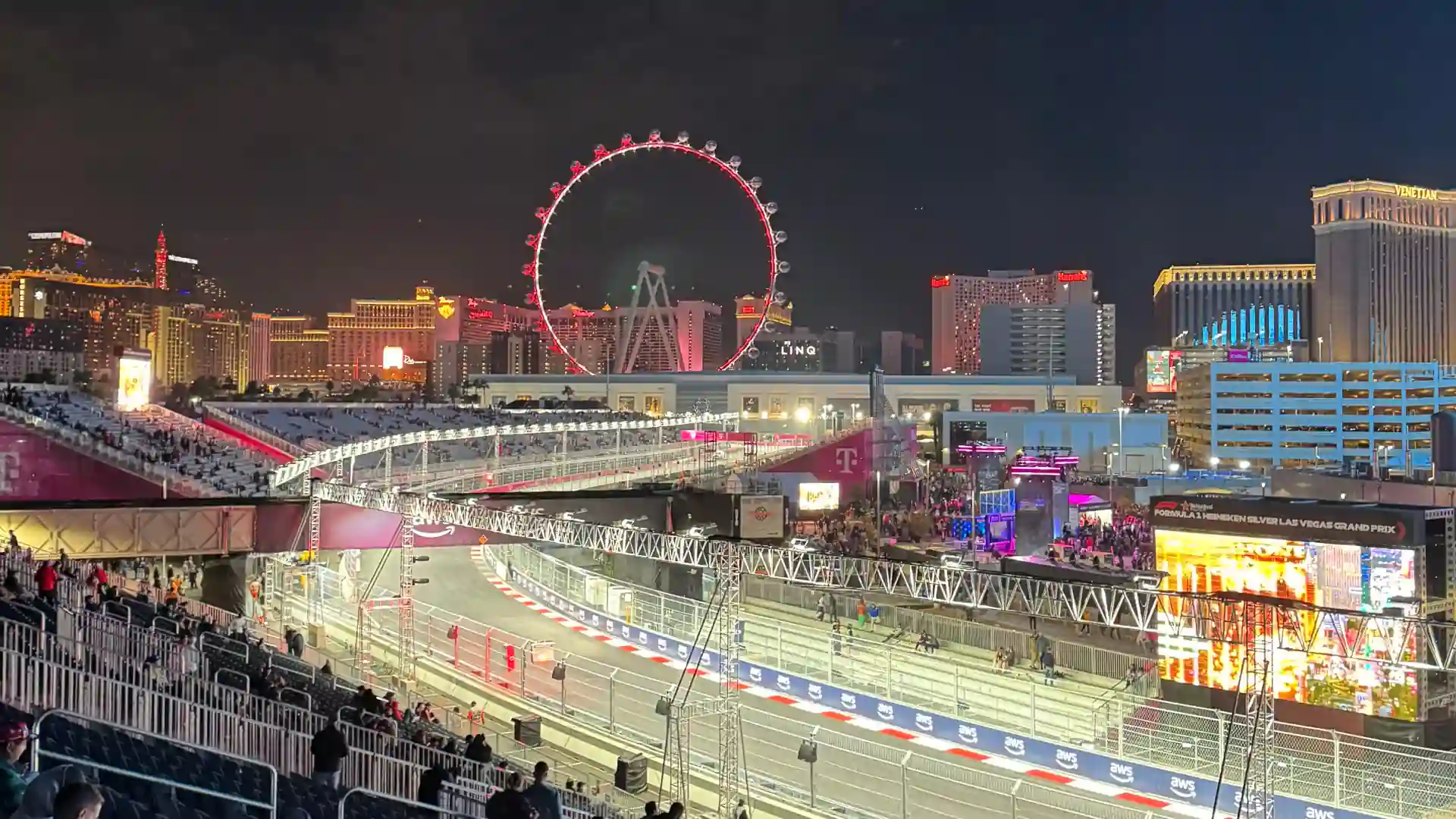

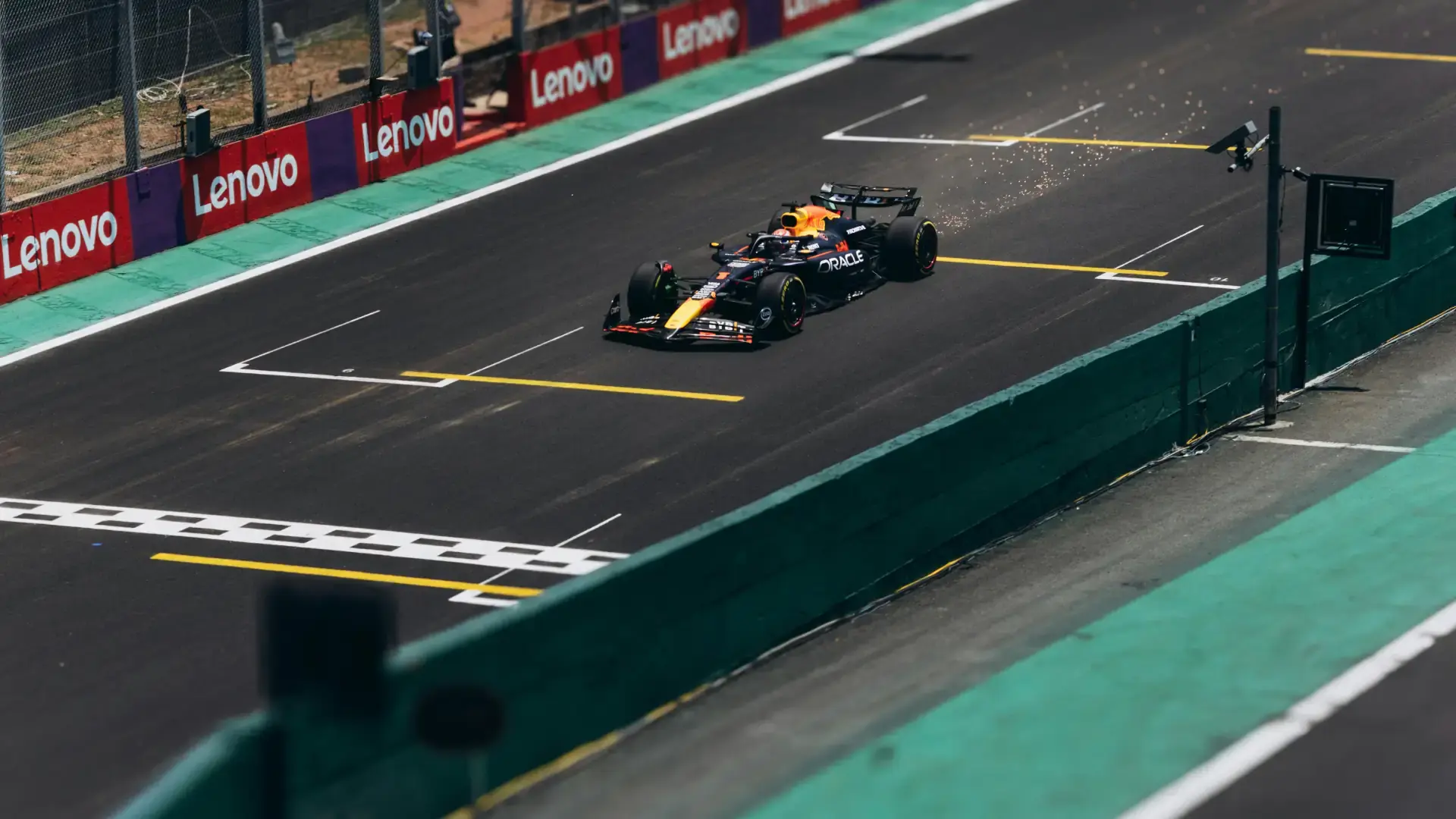

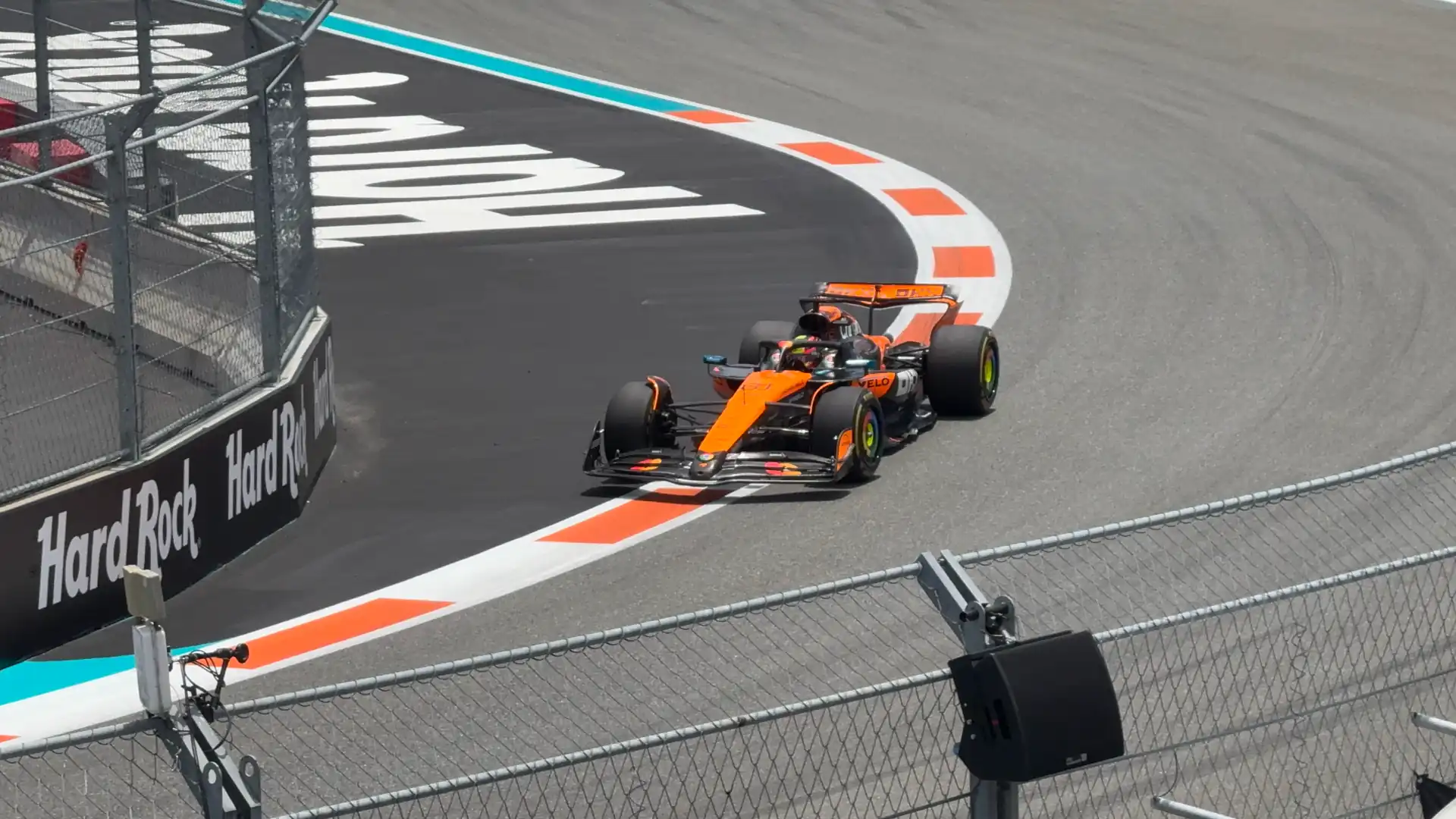



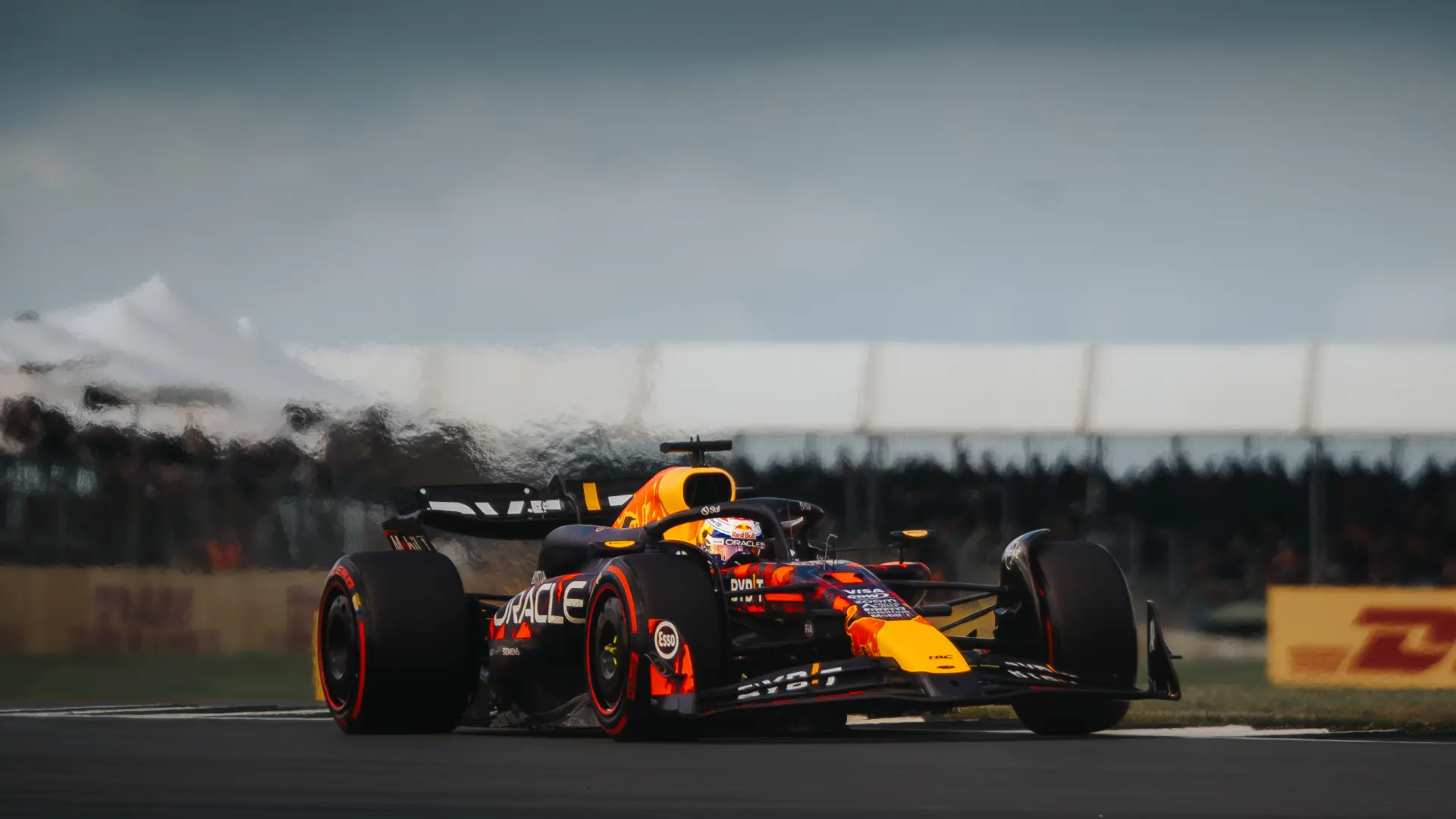
.webp)

